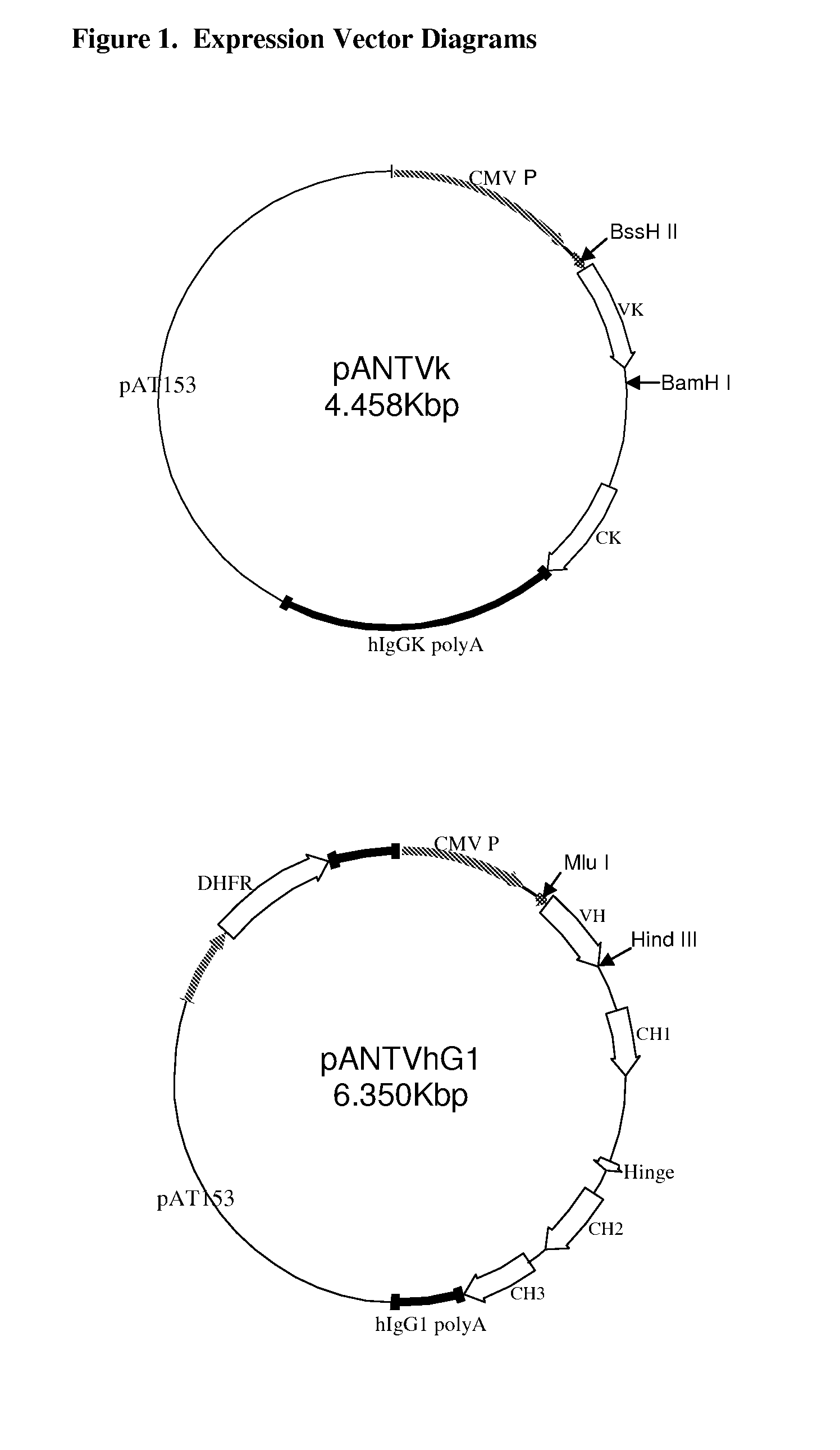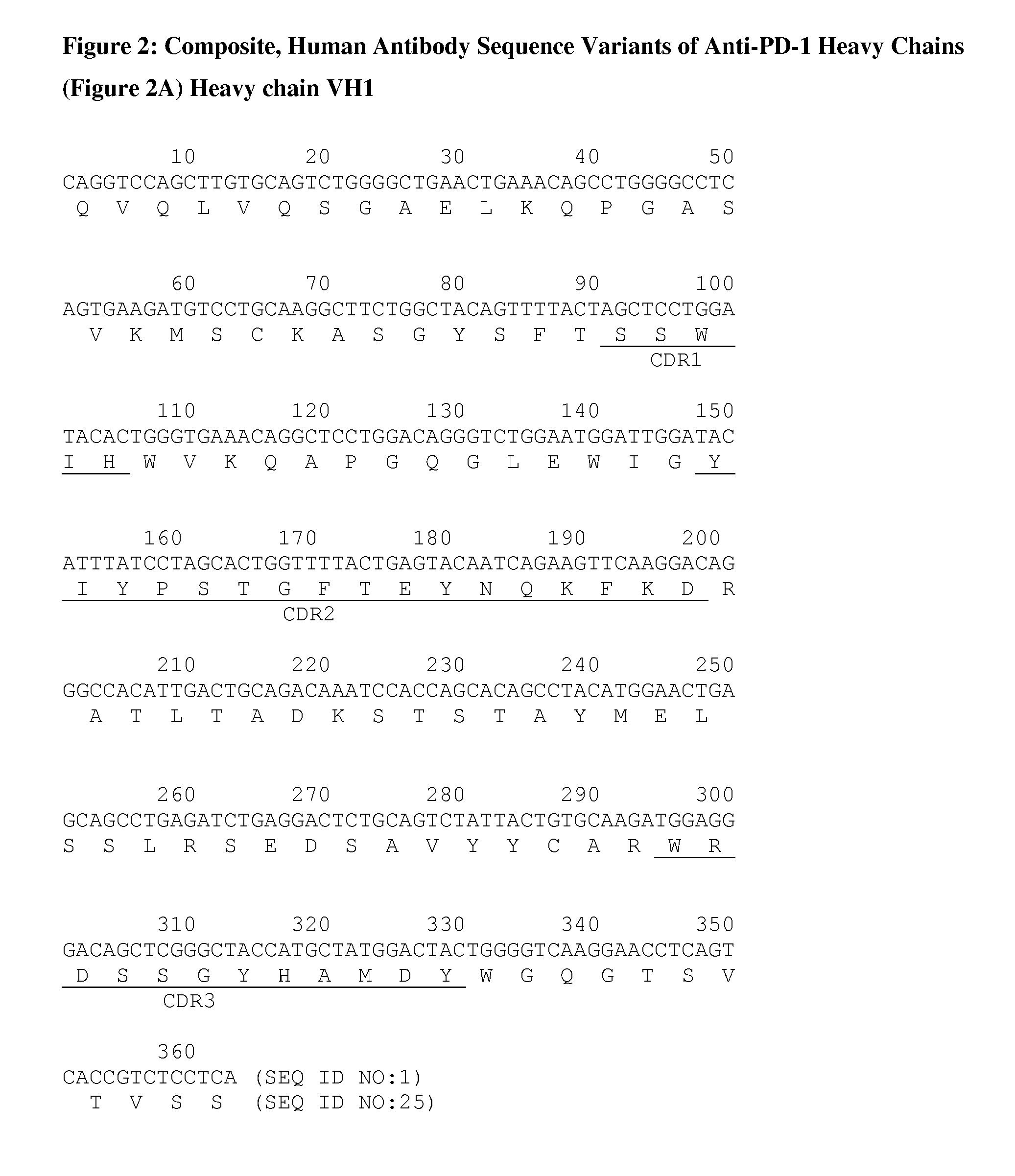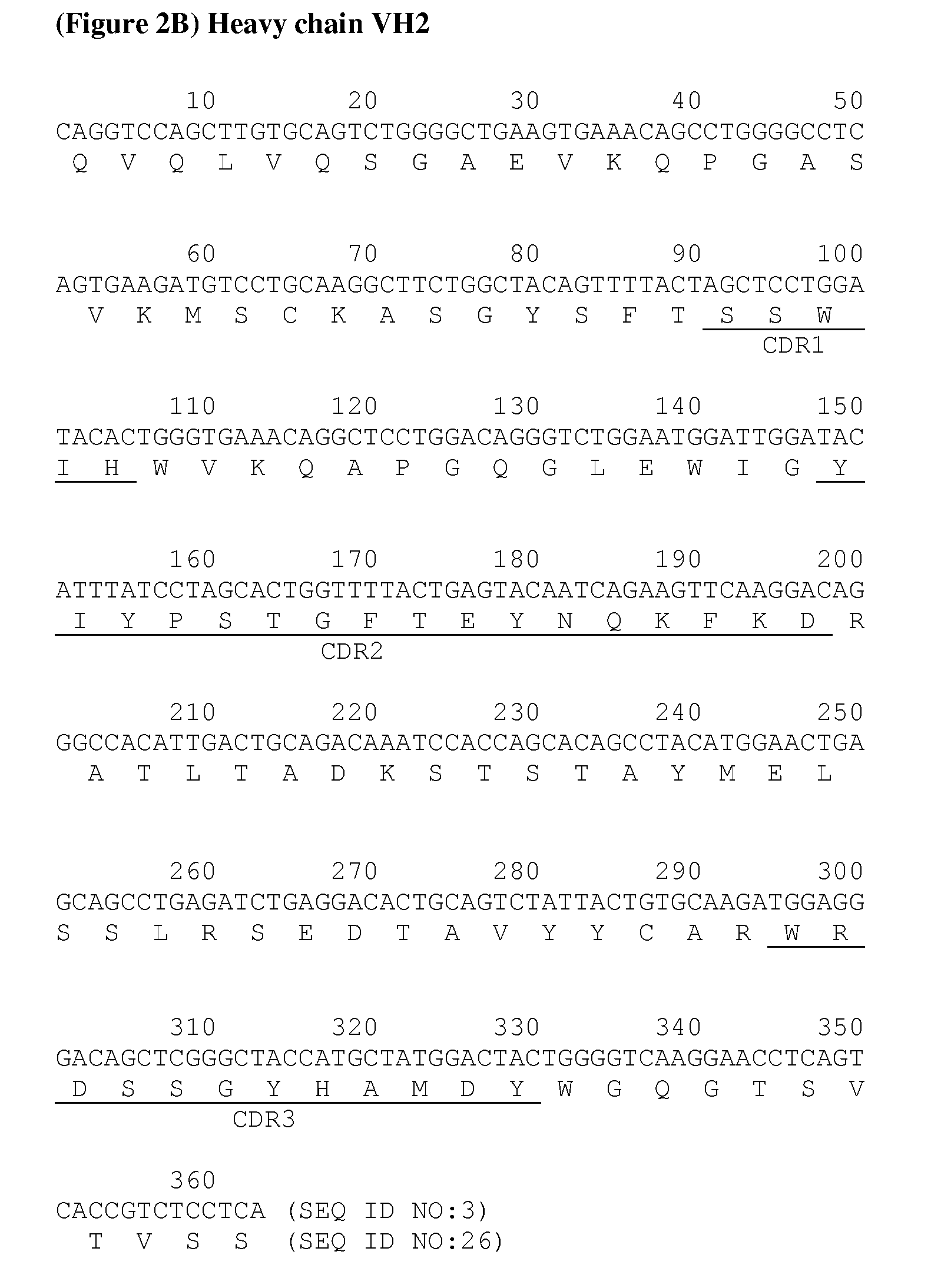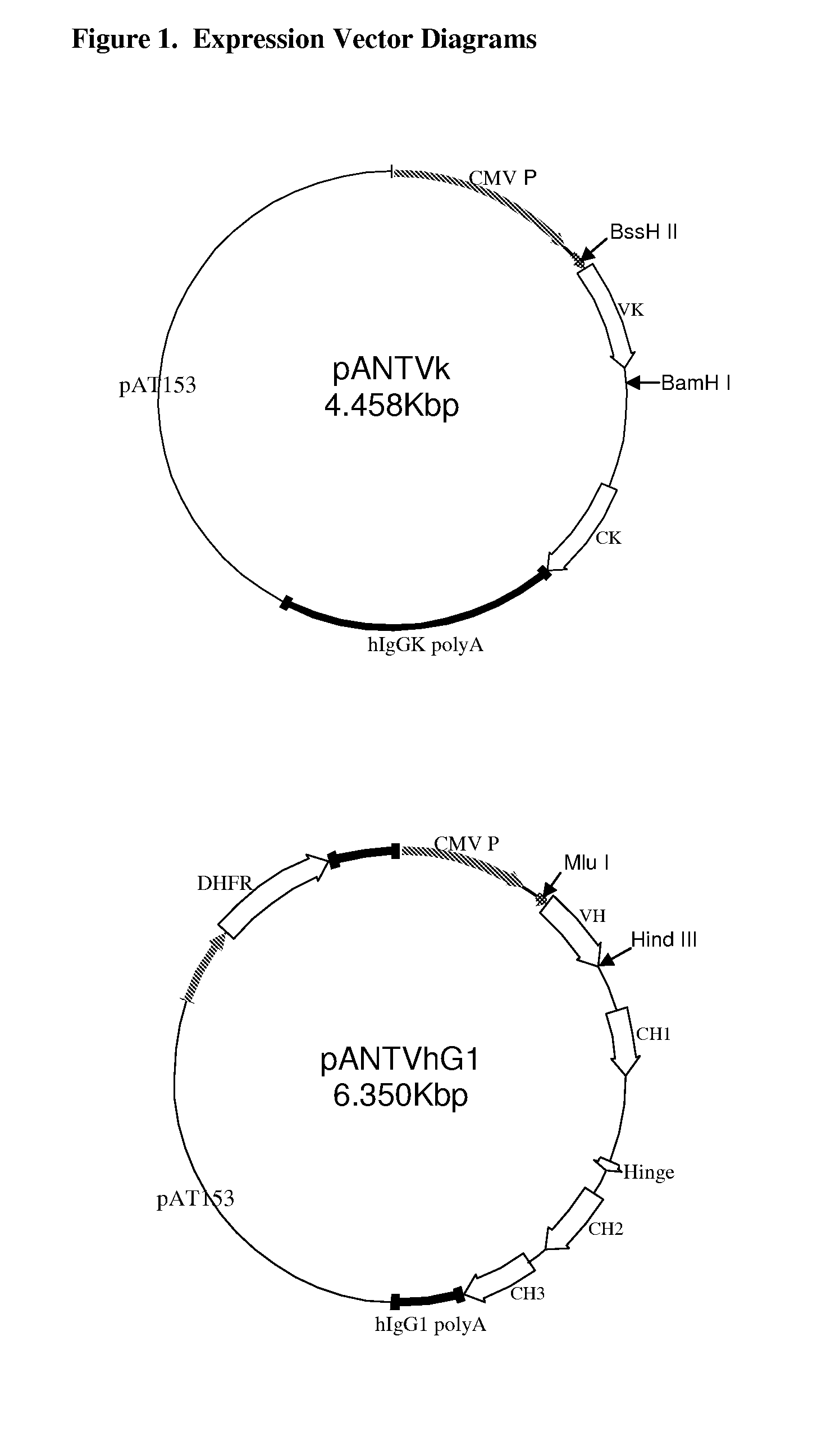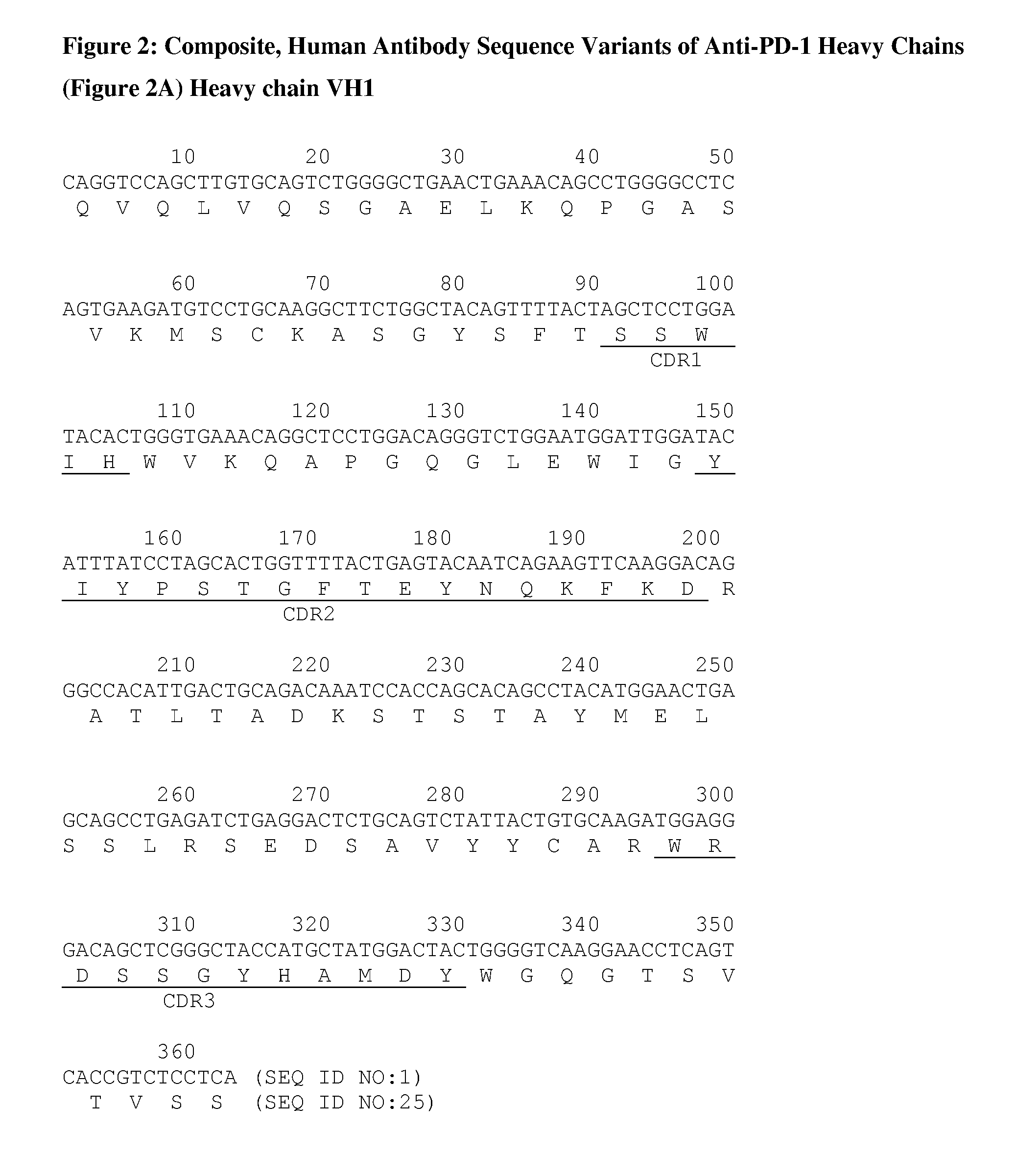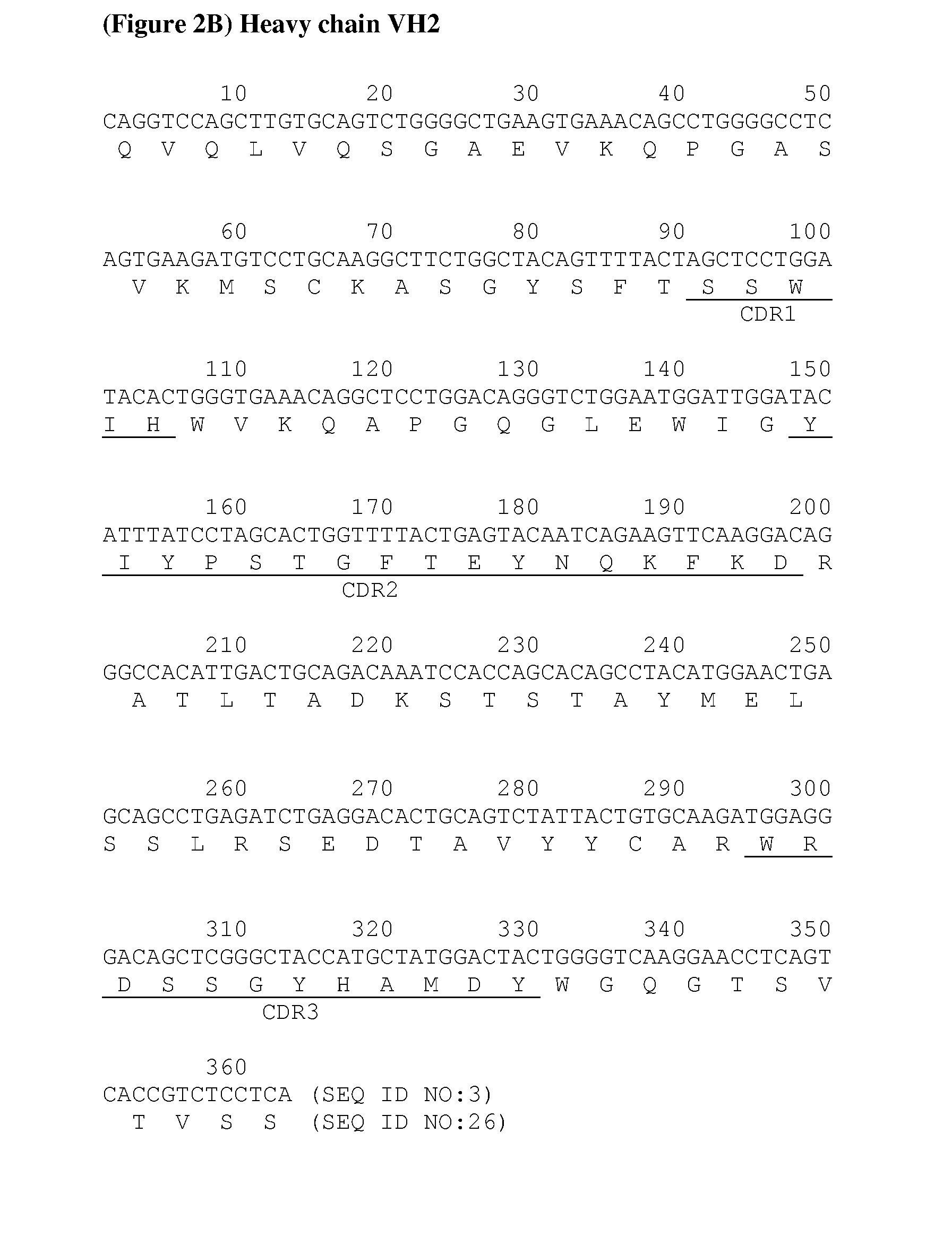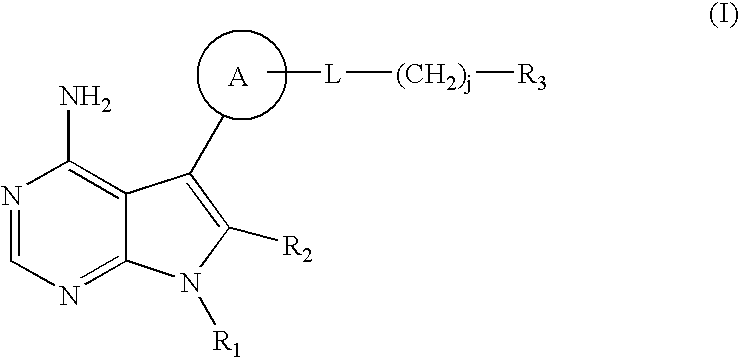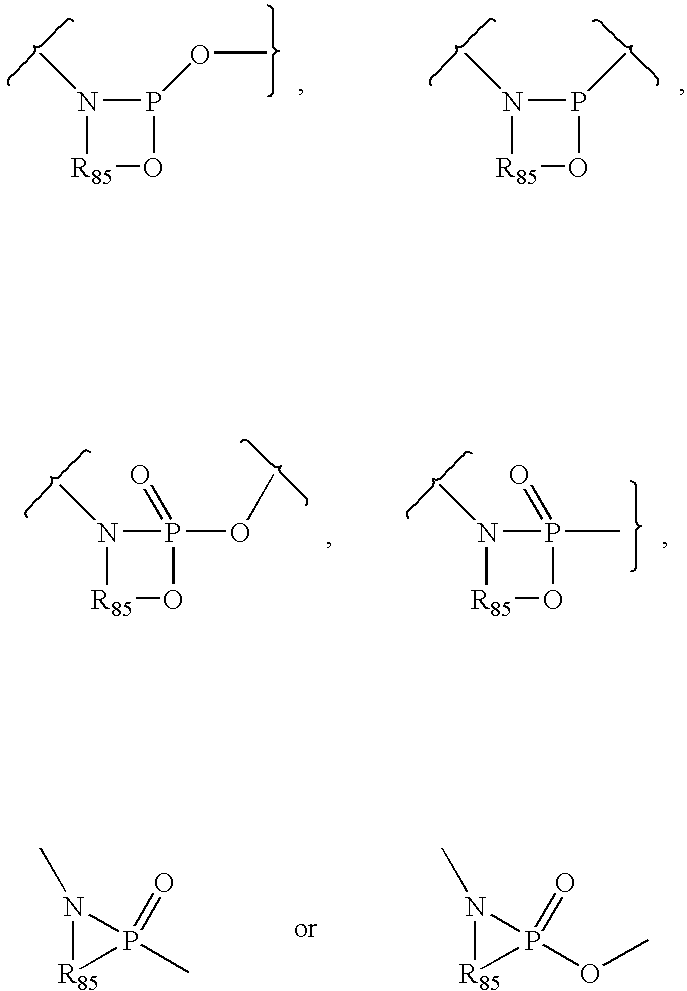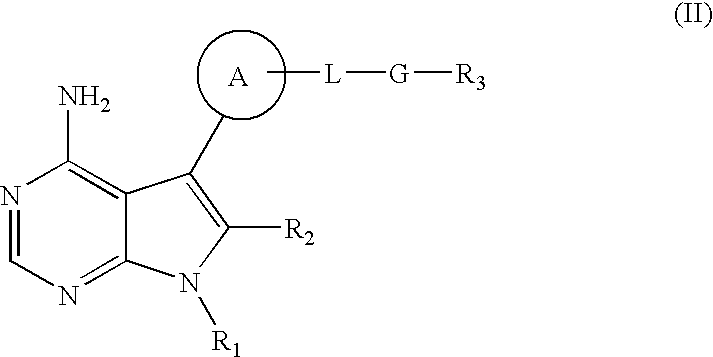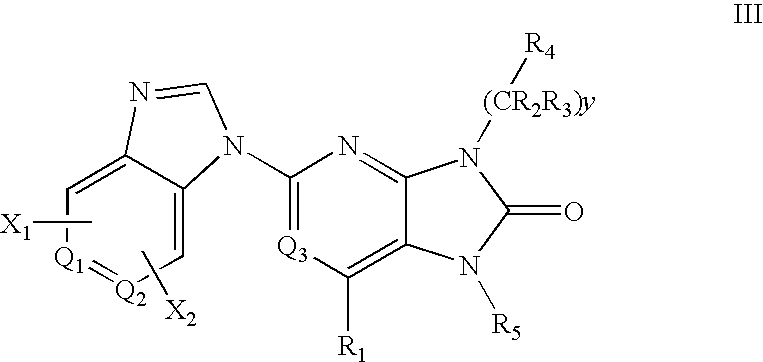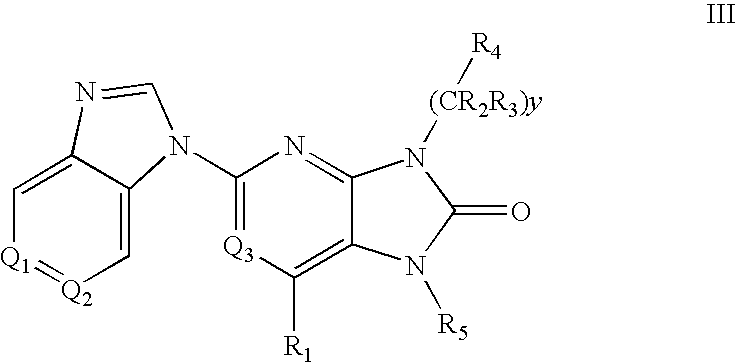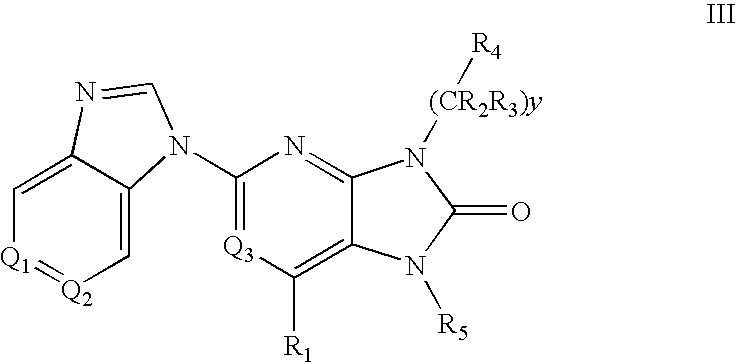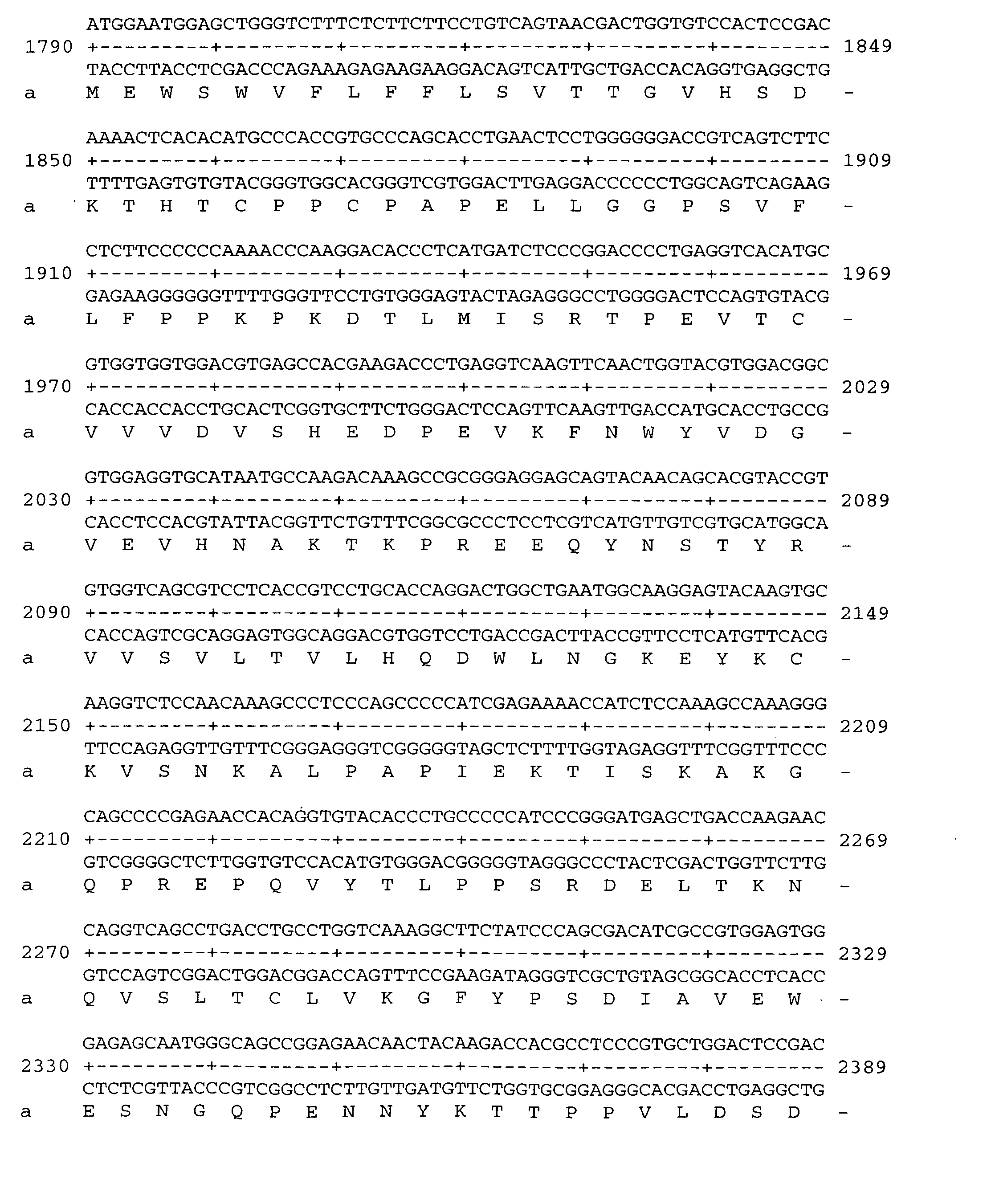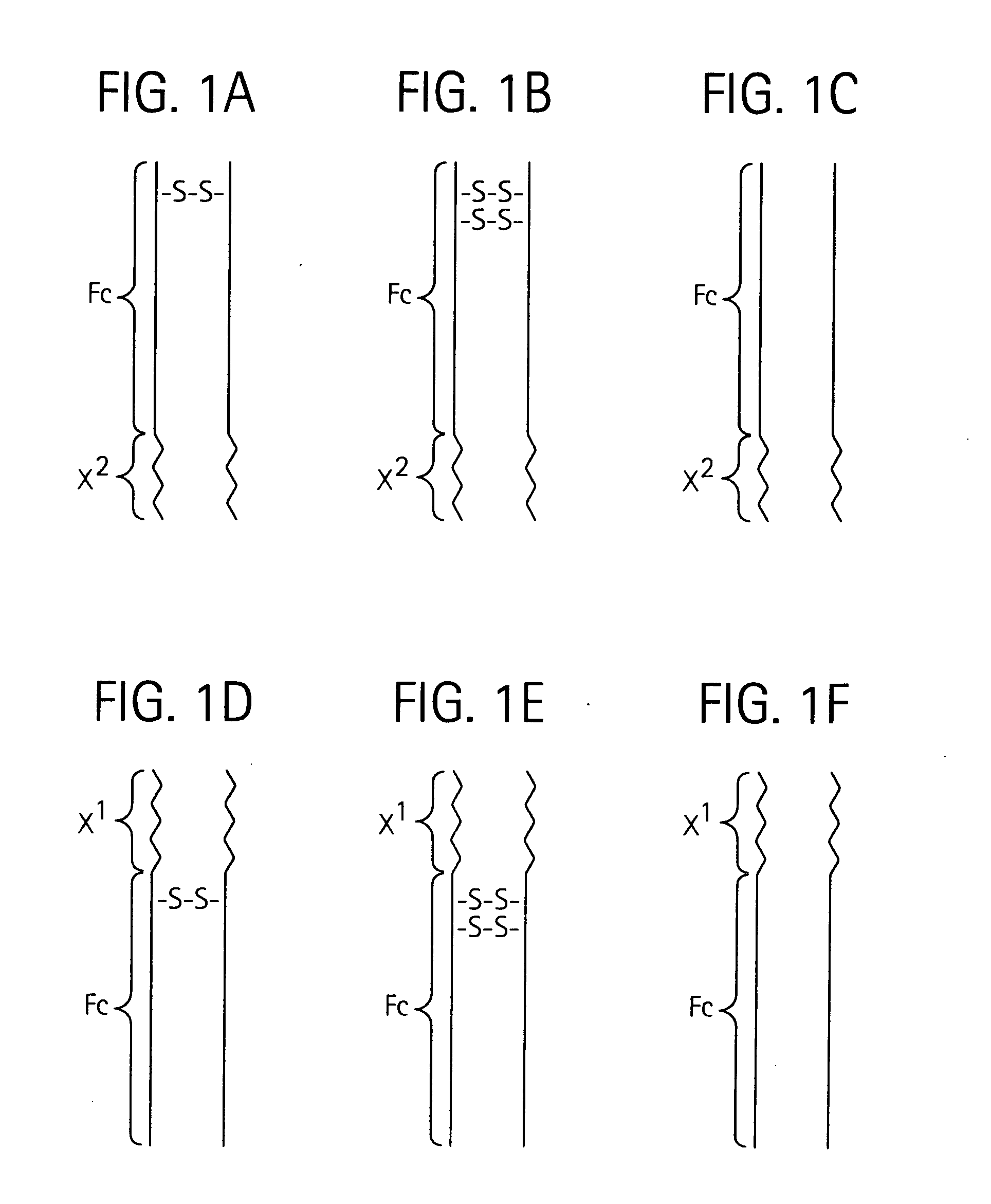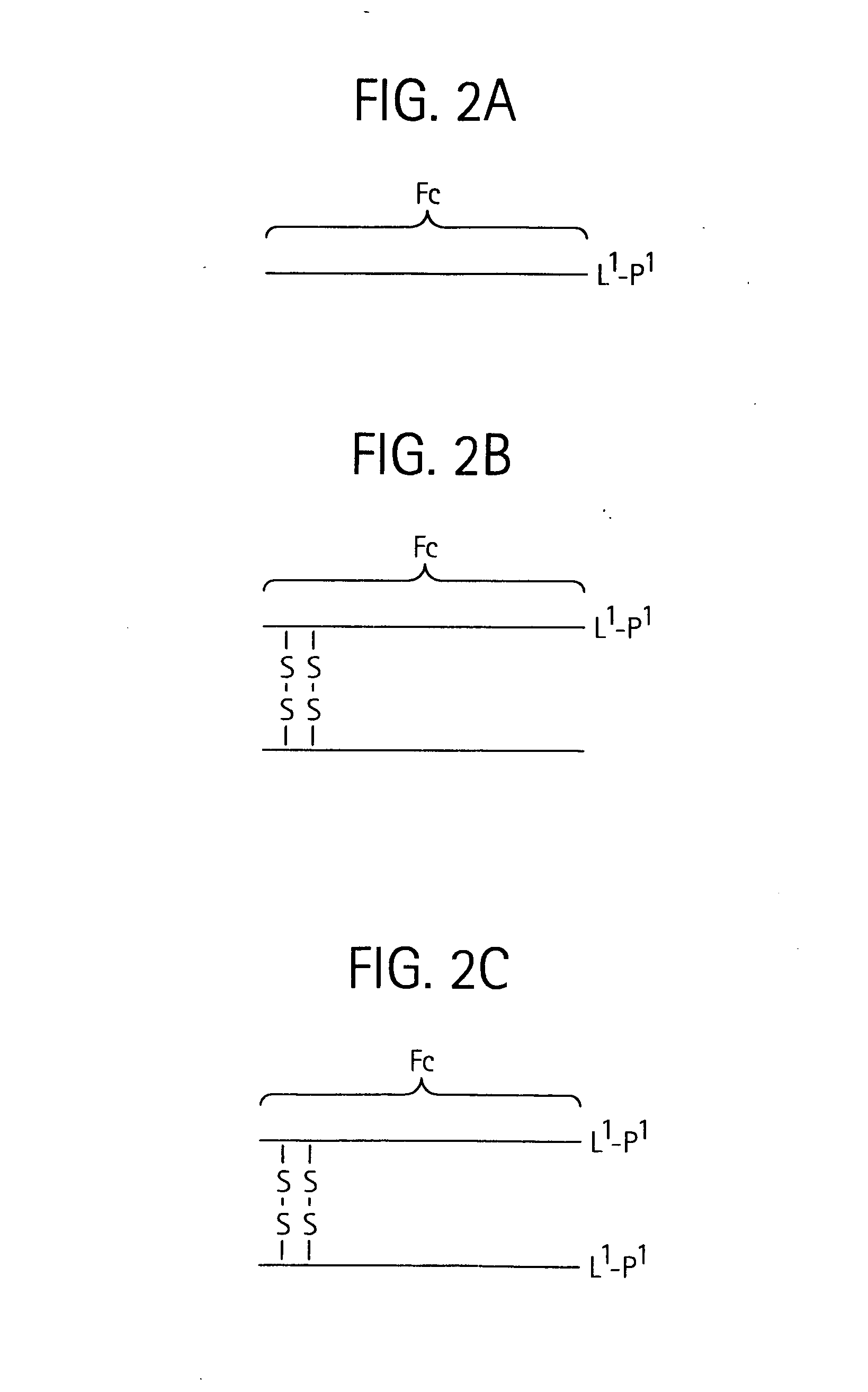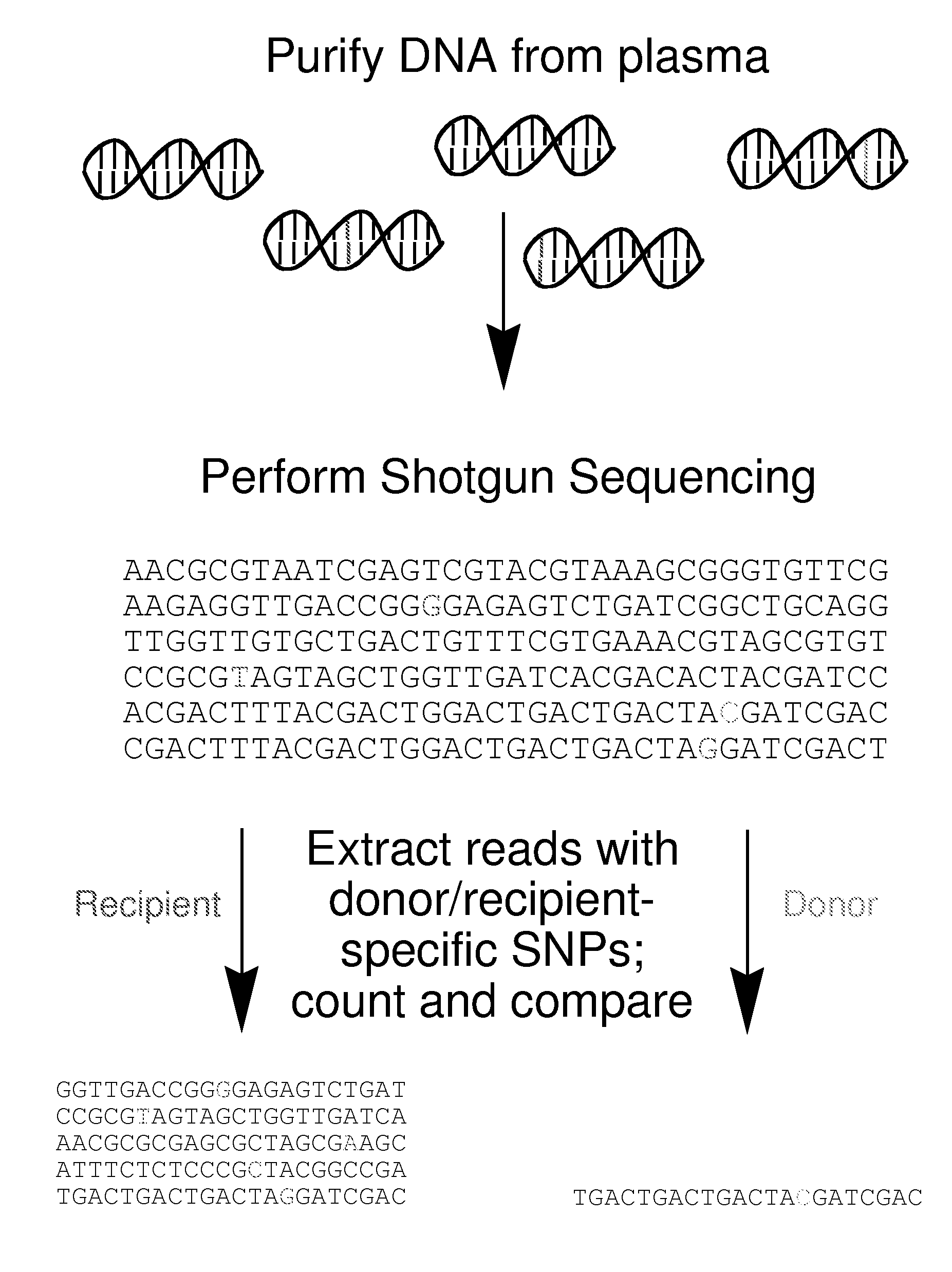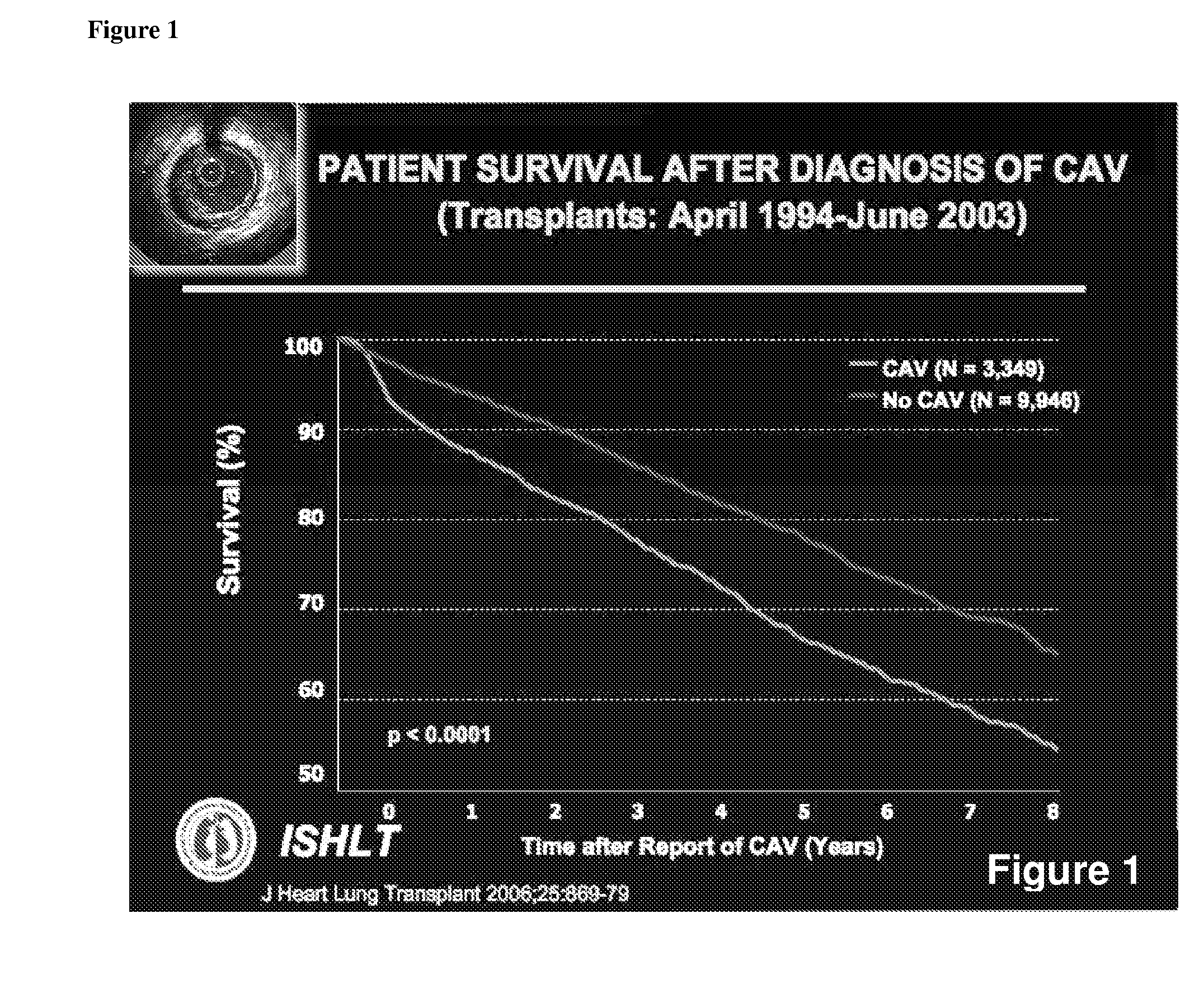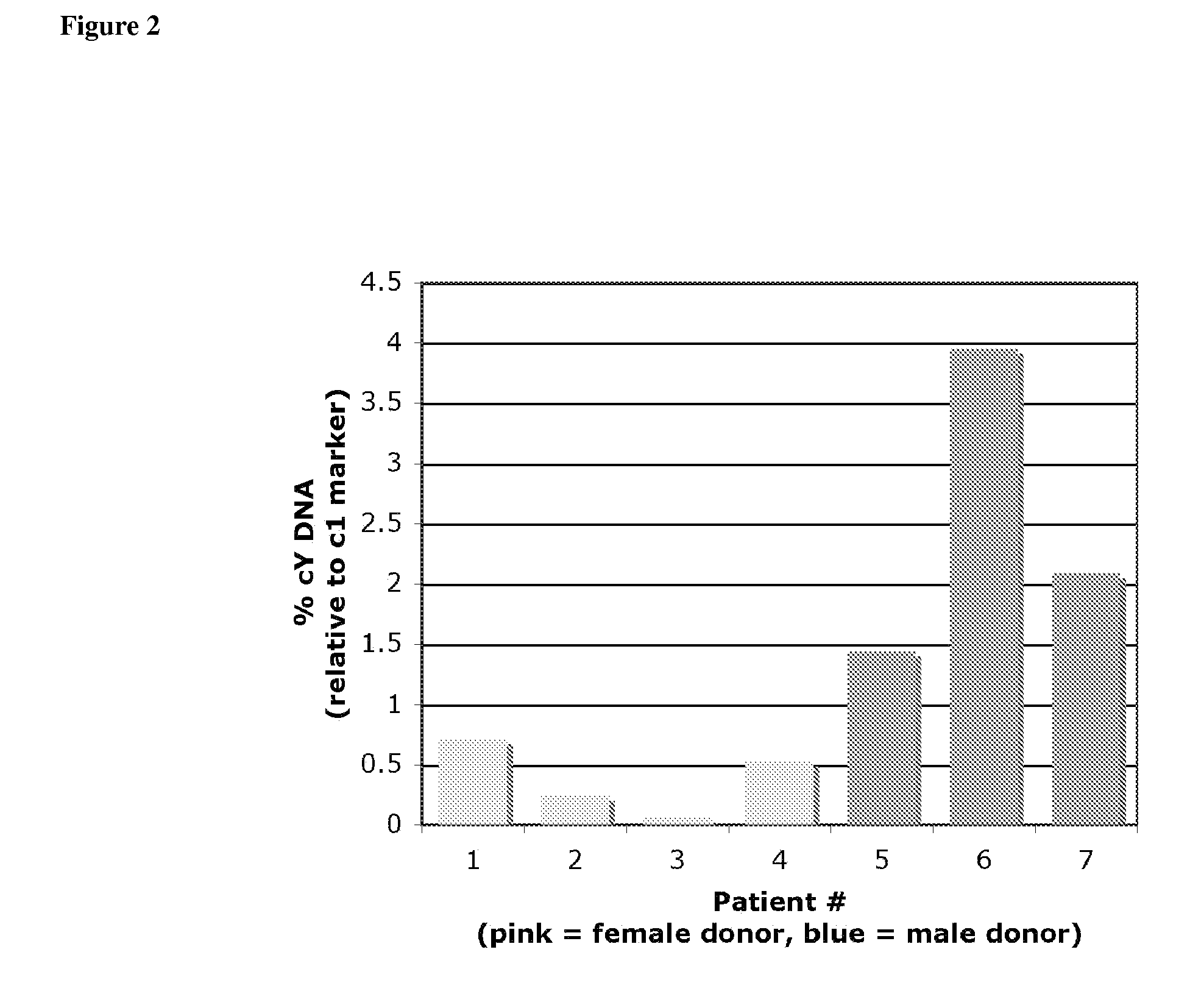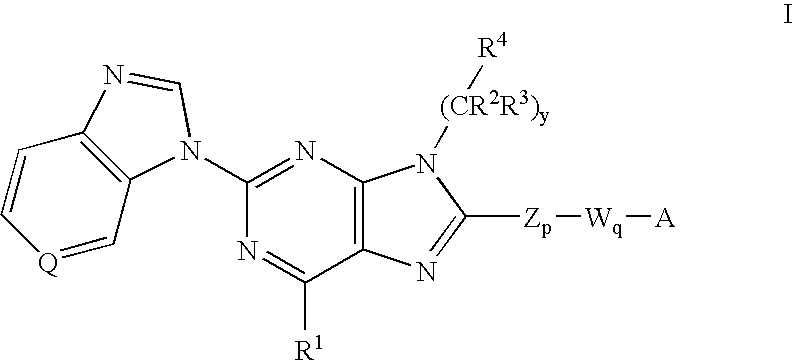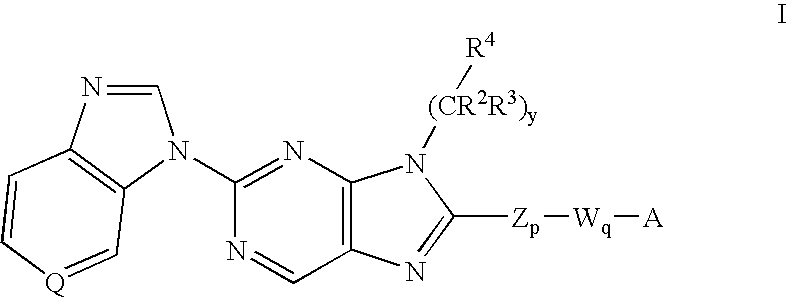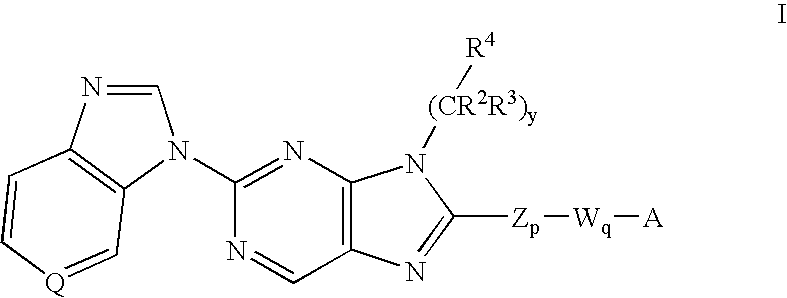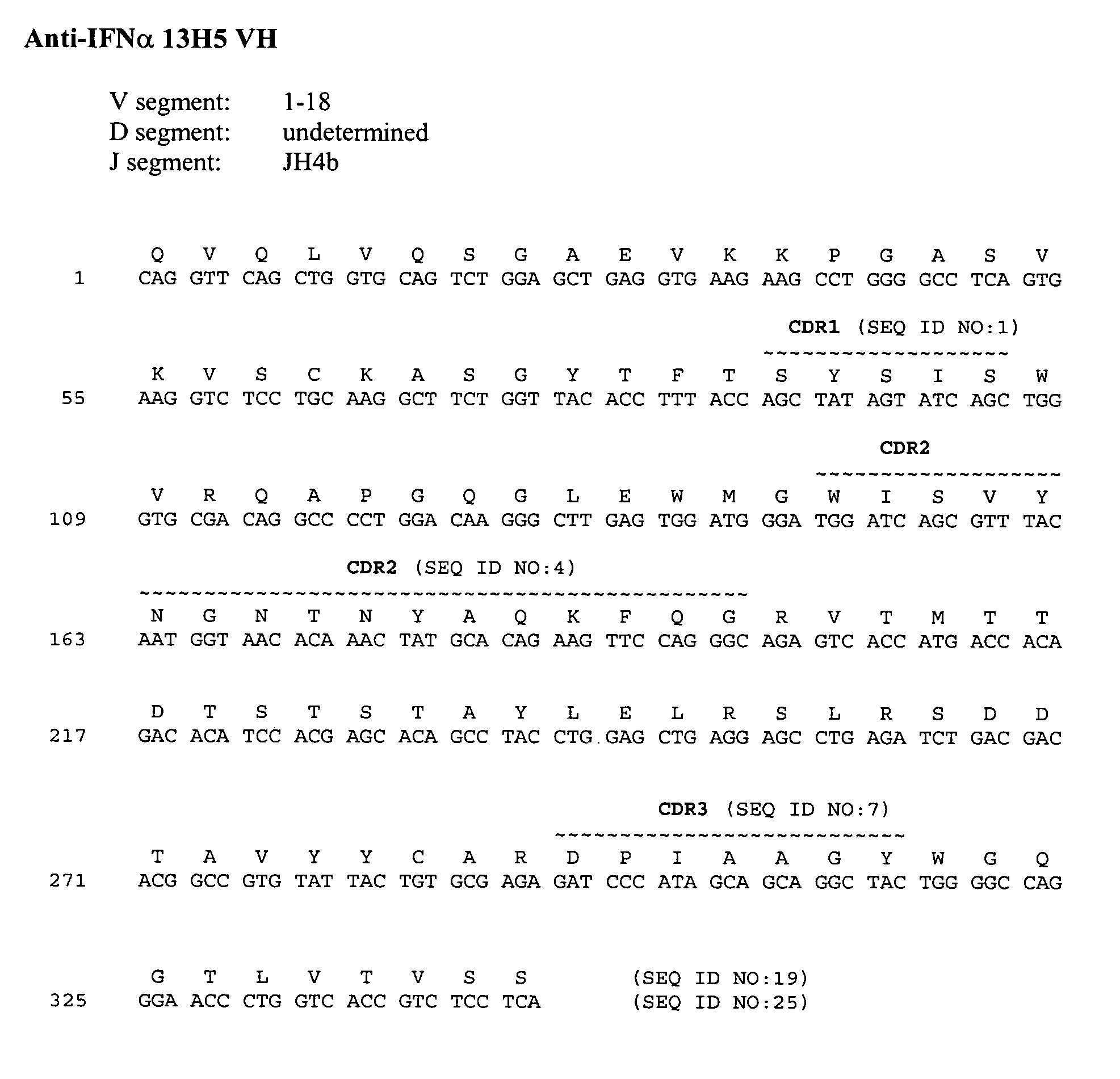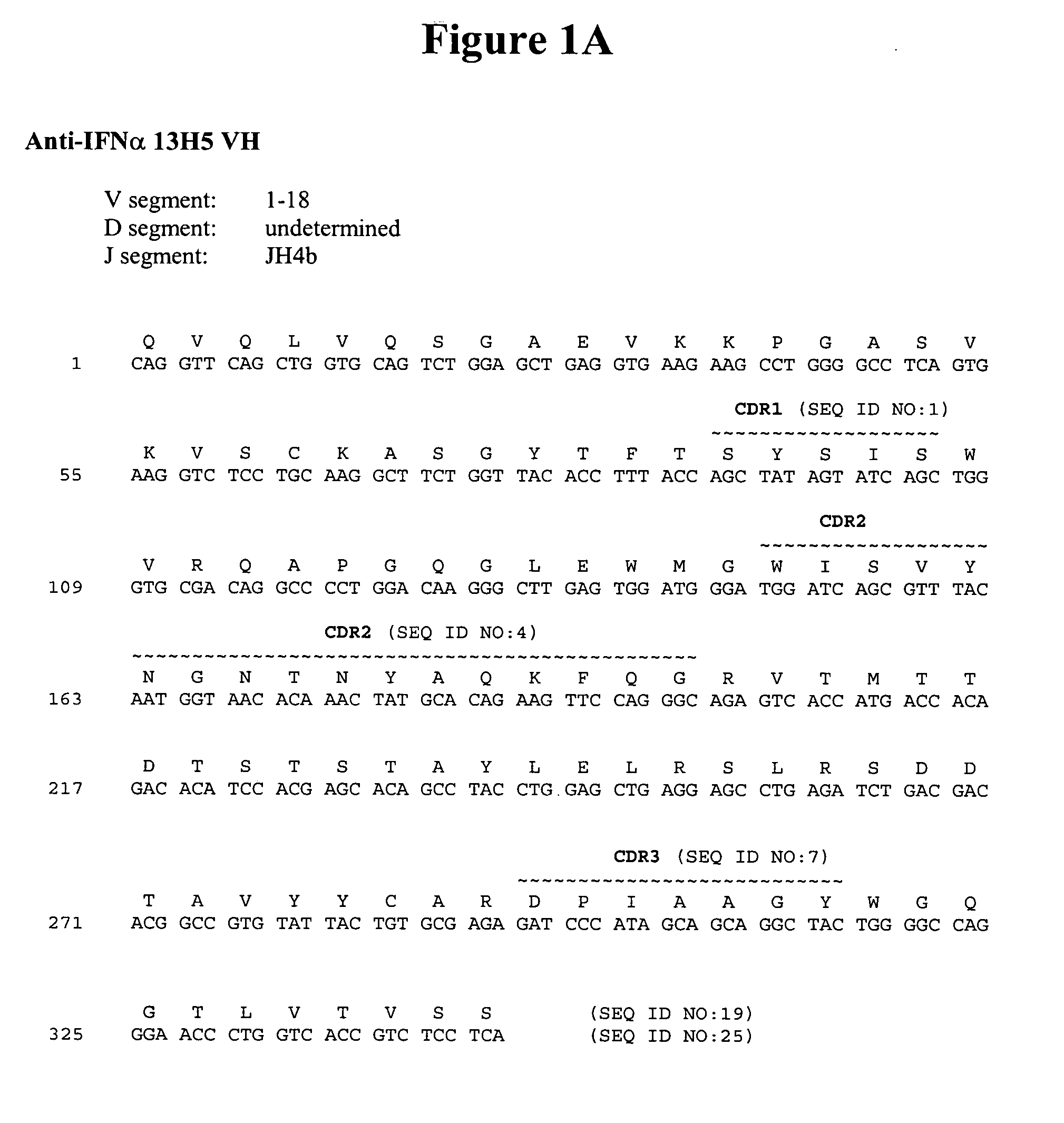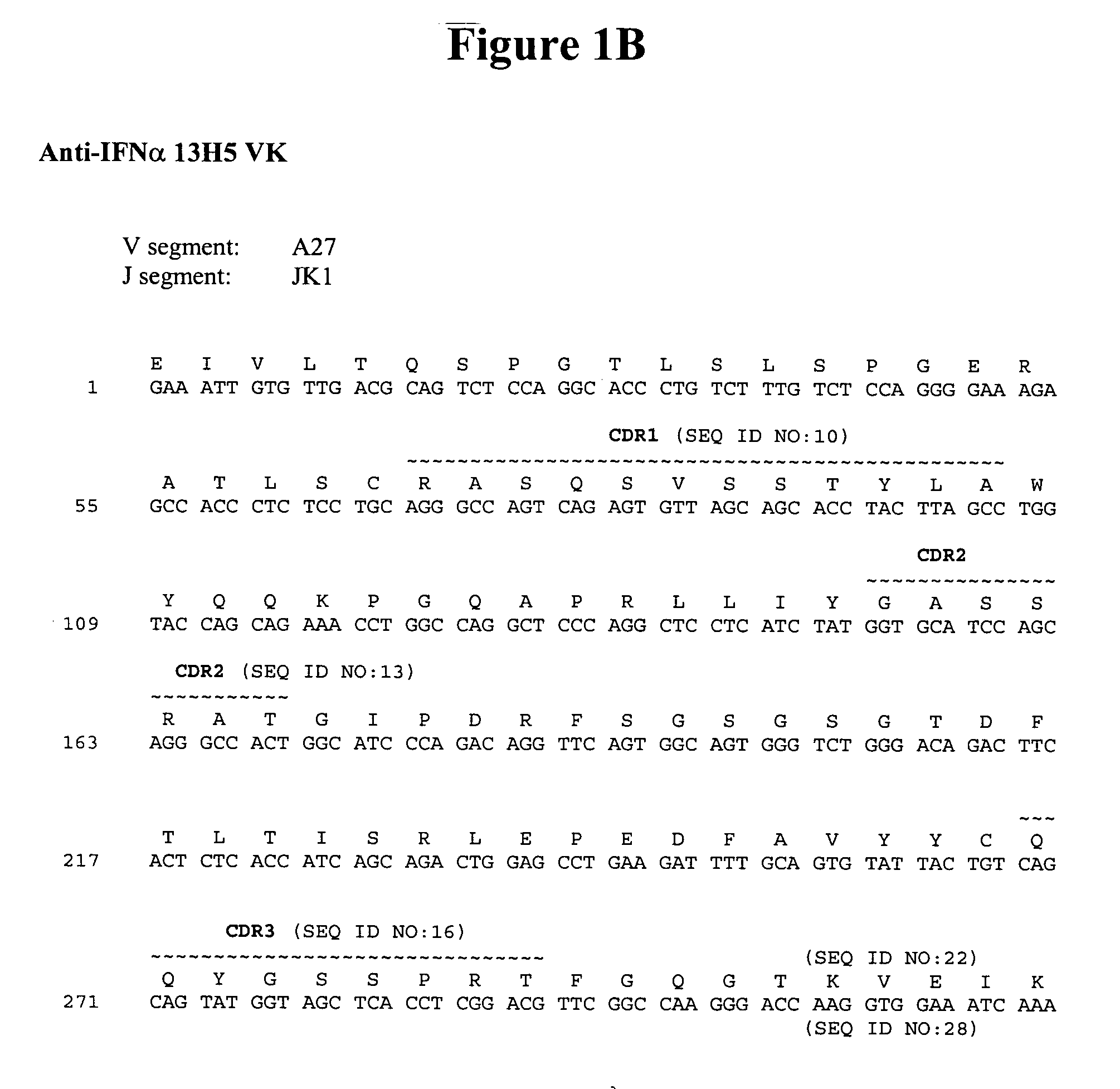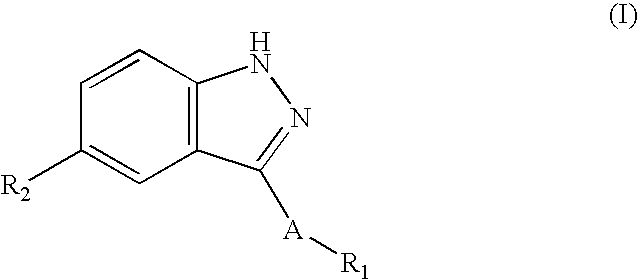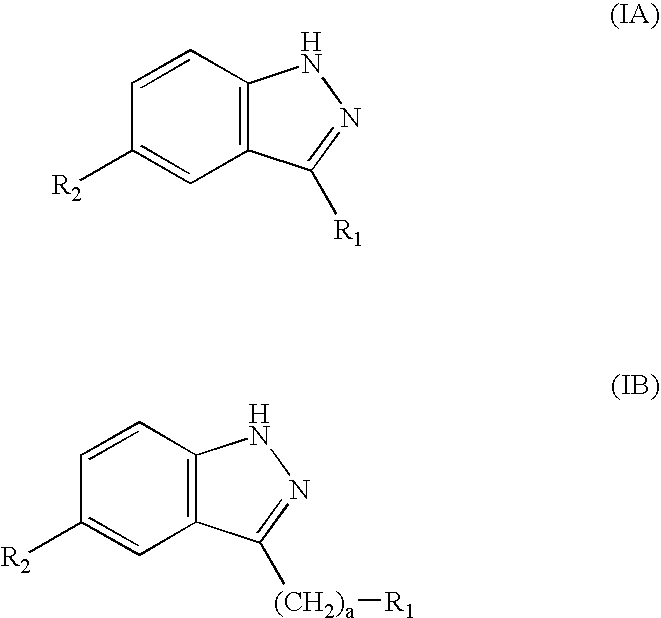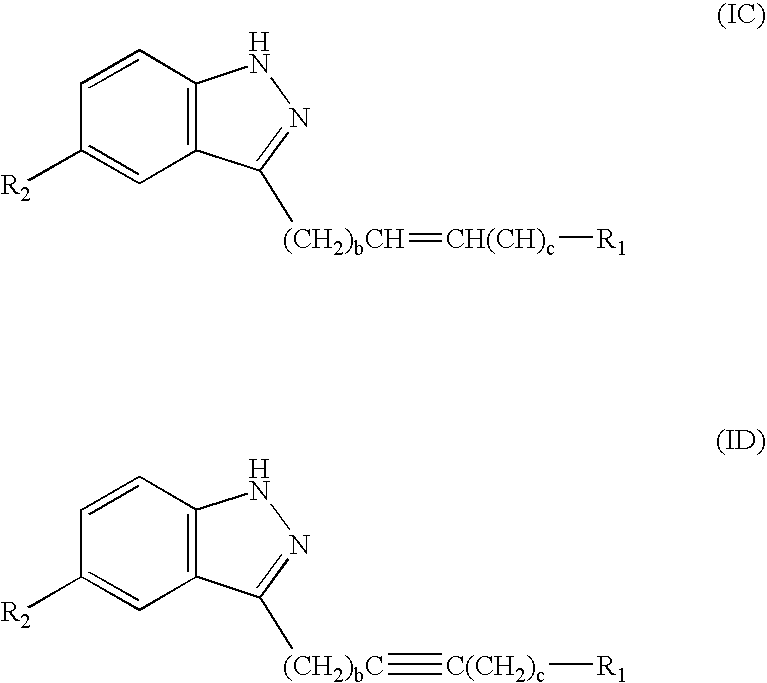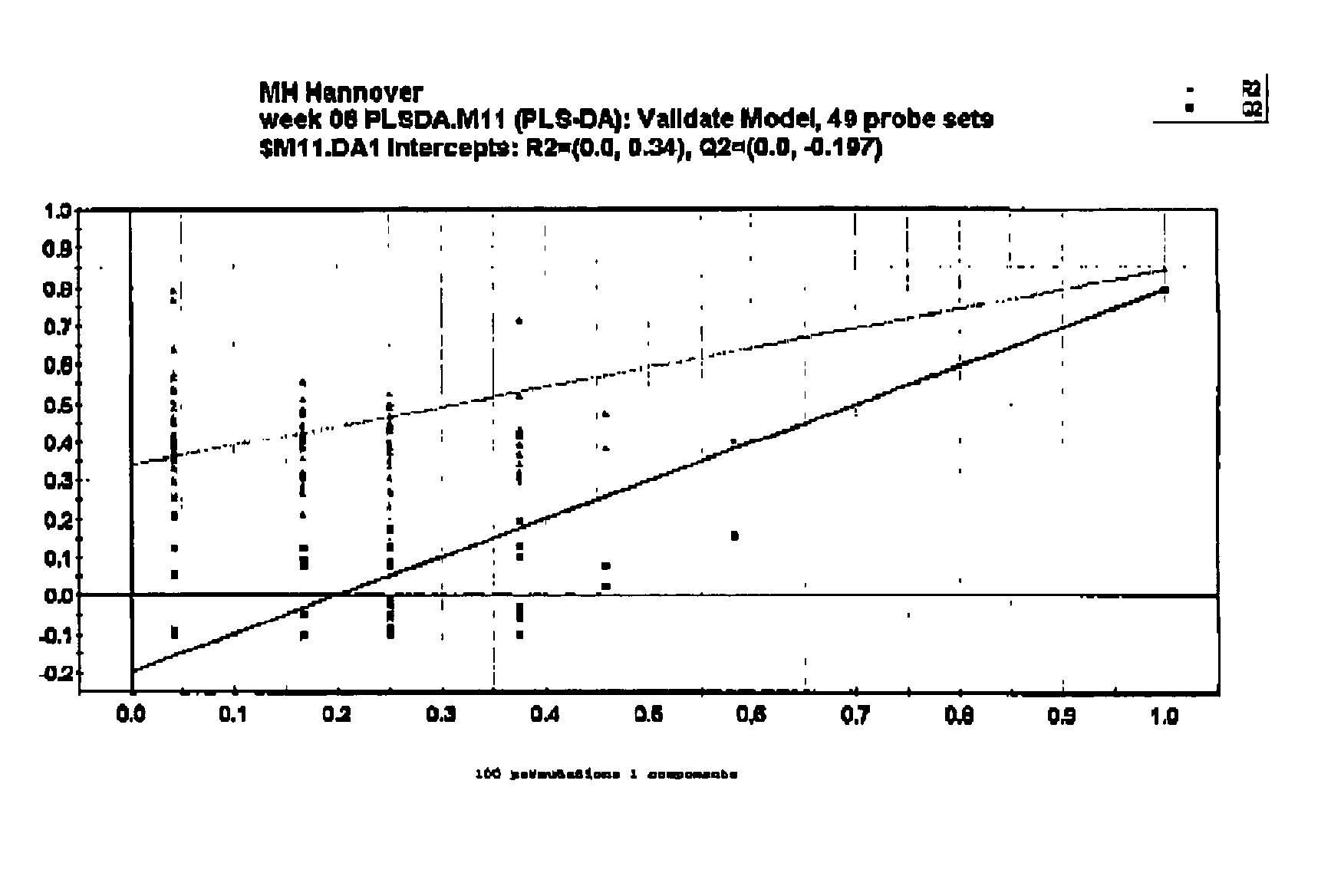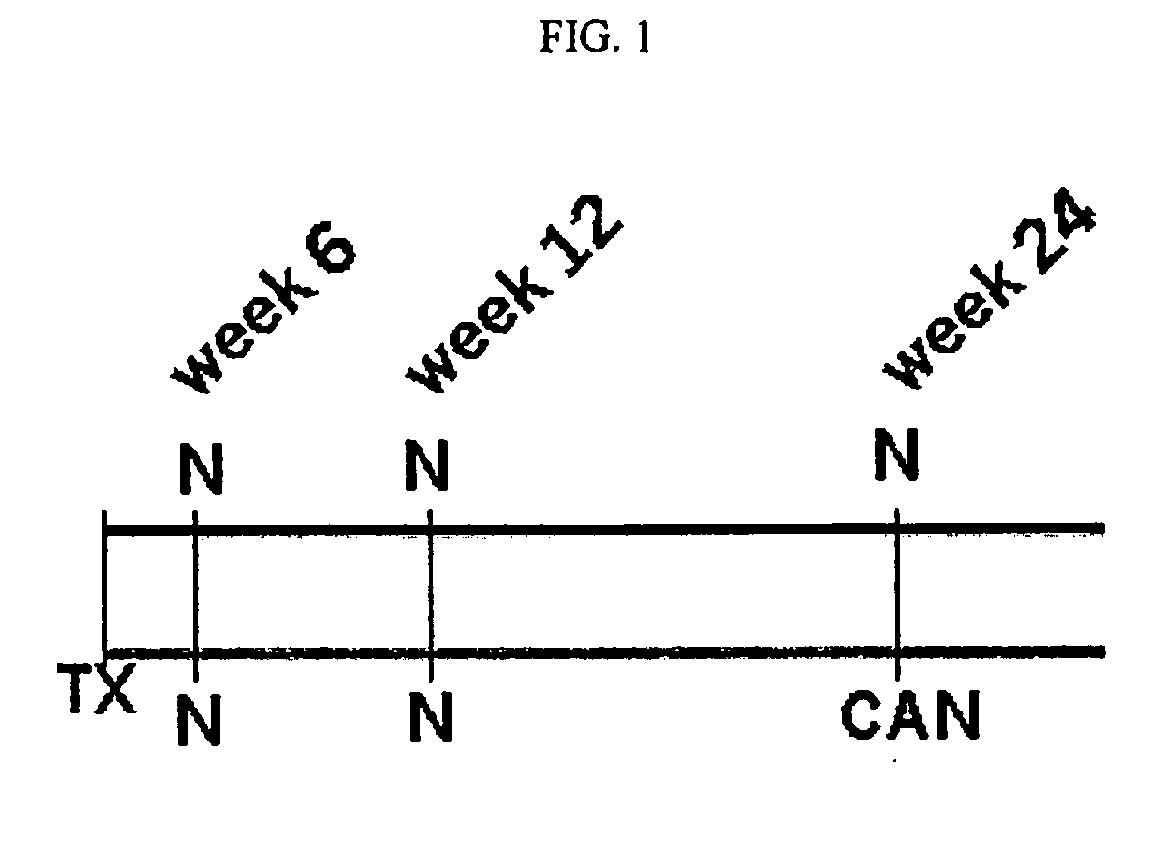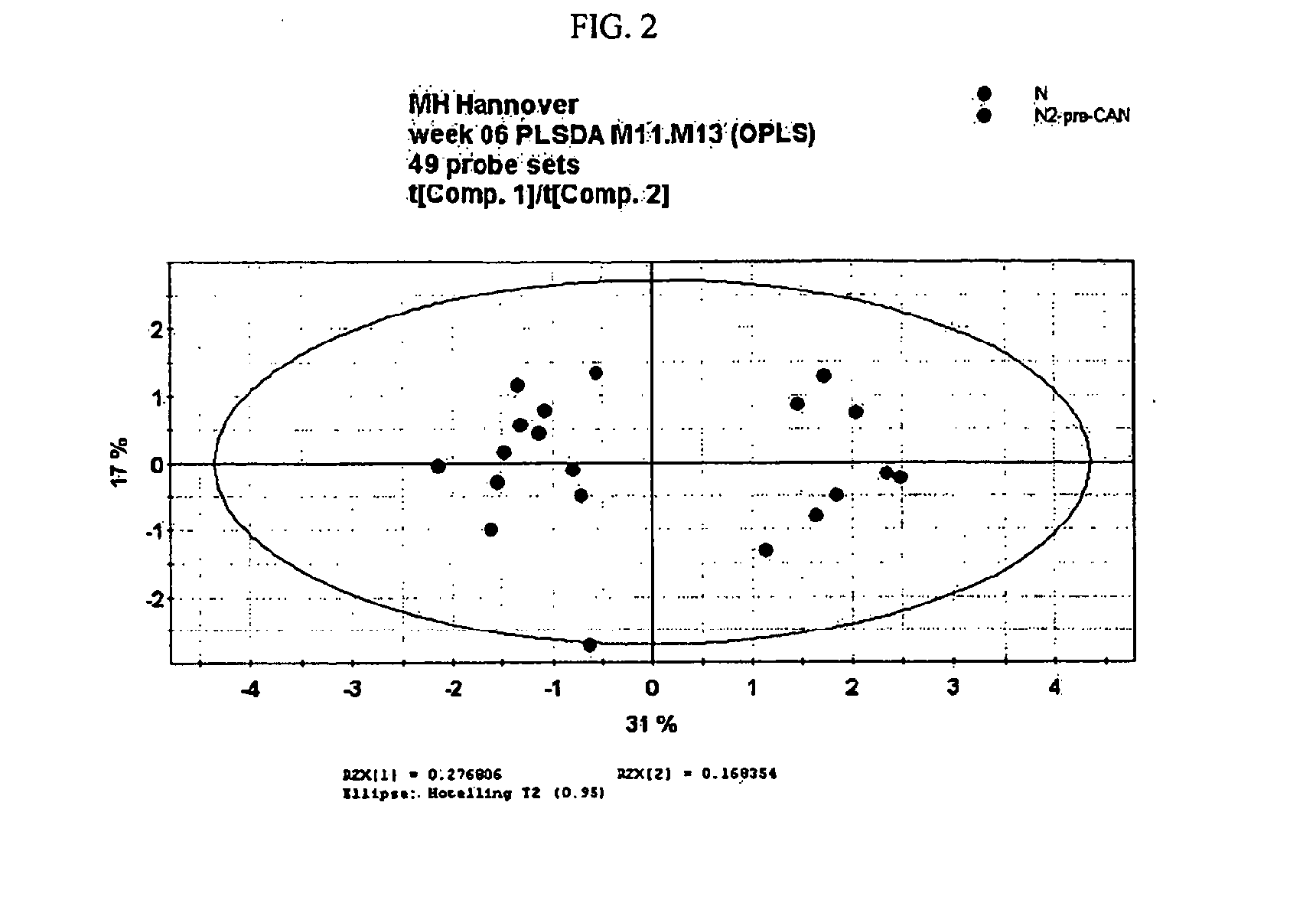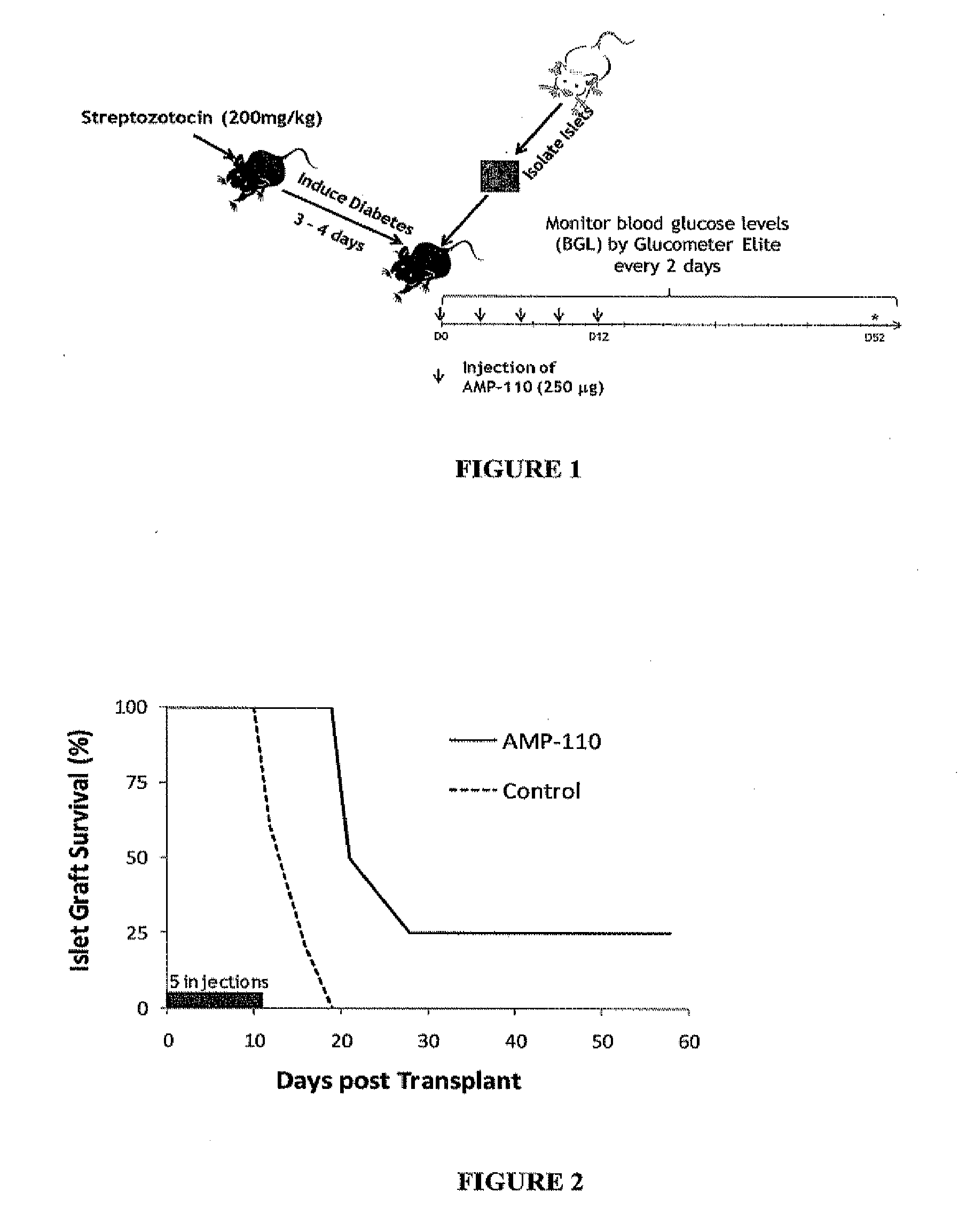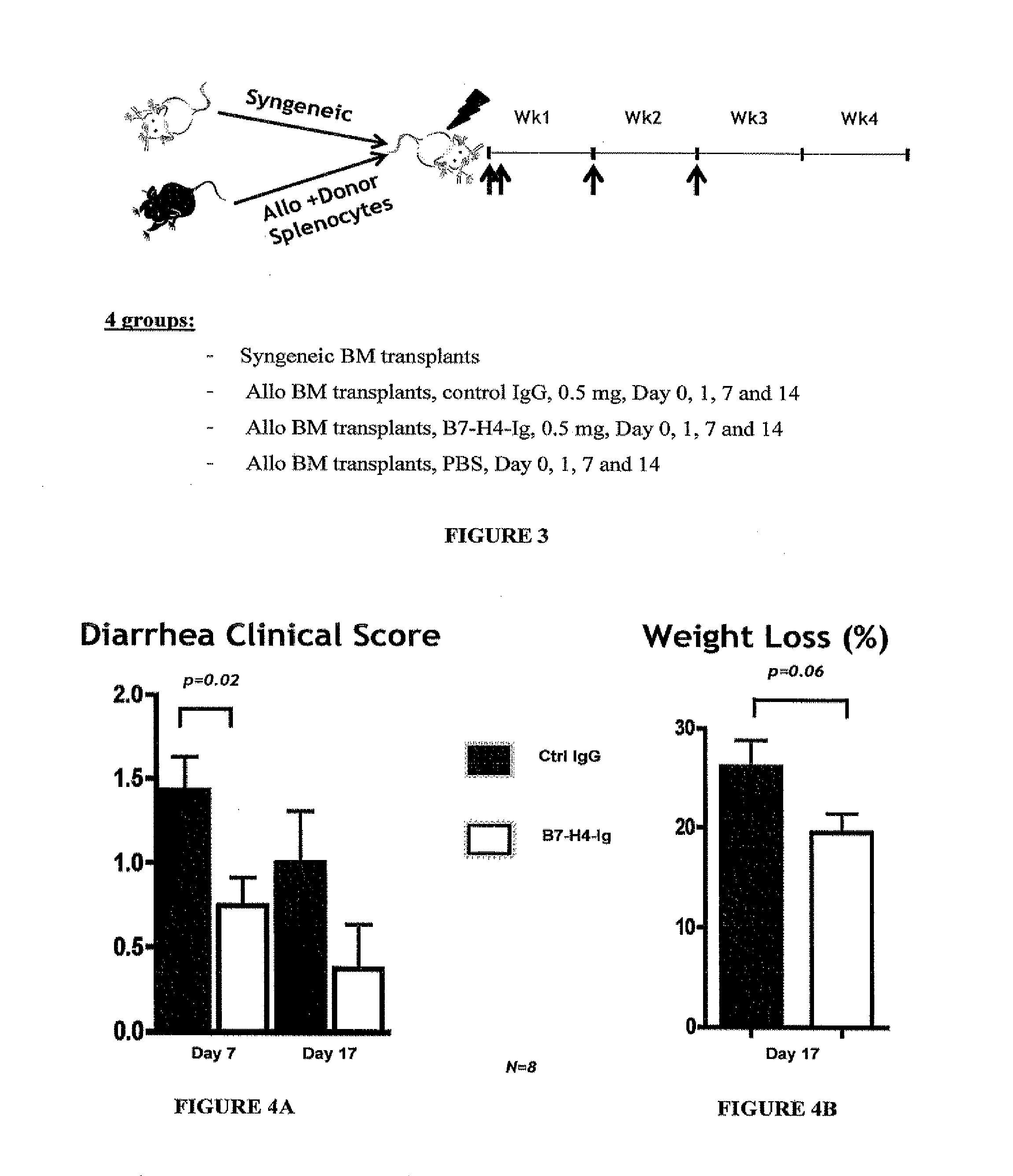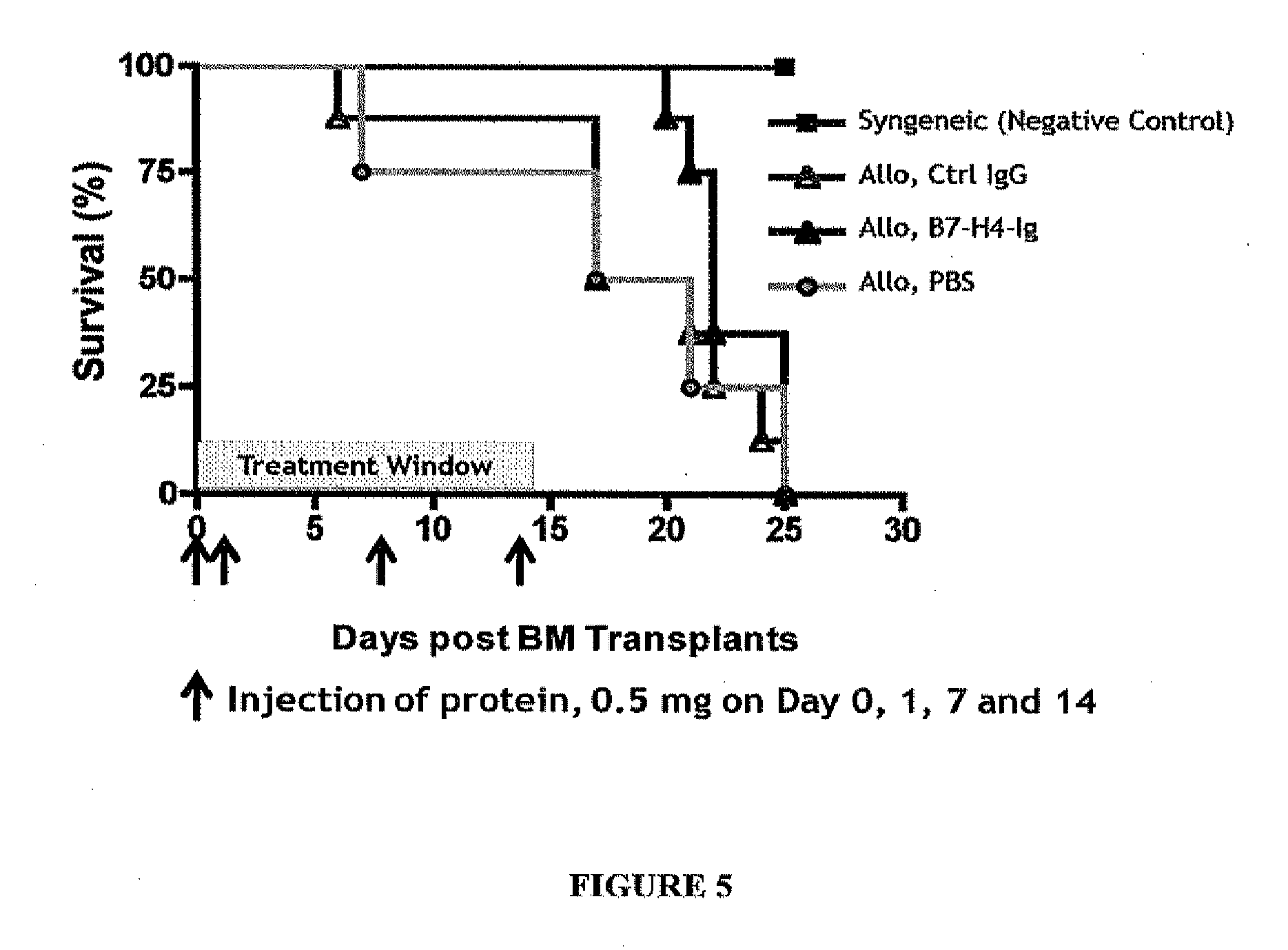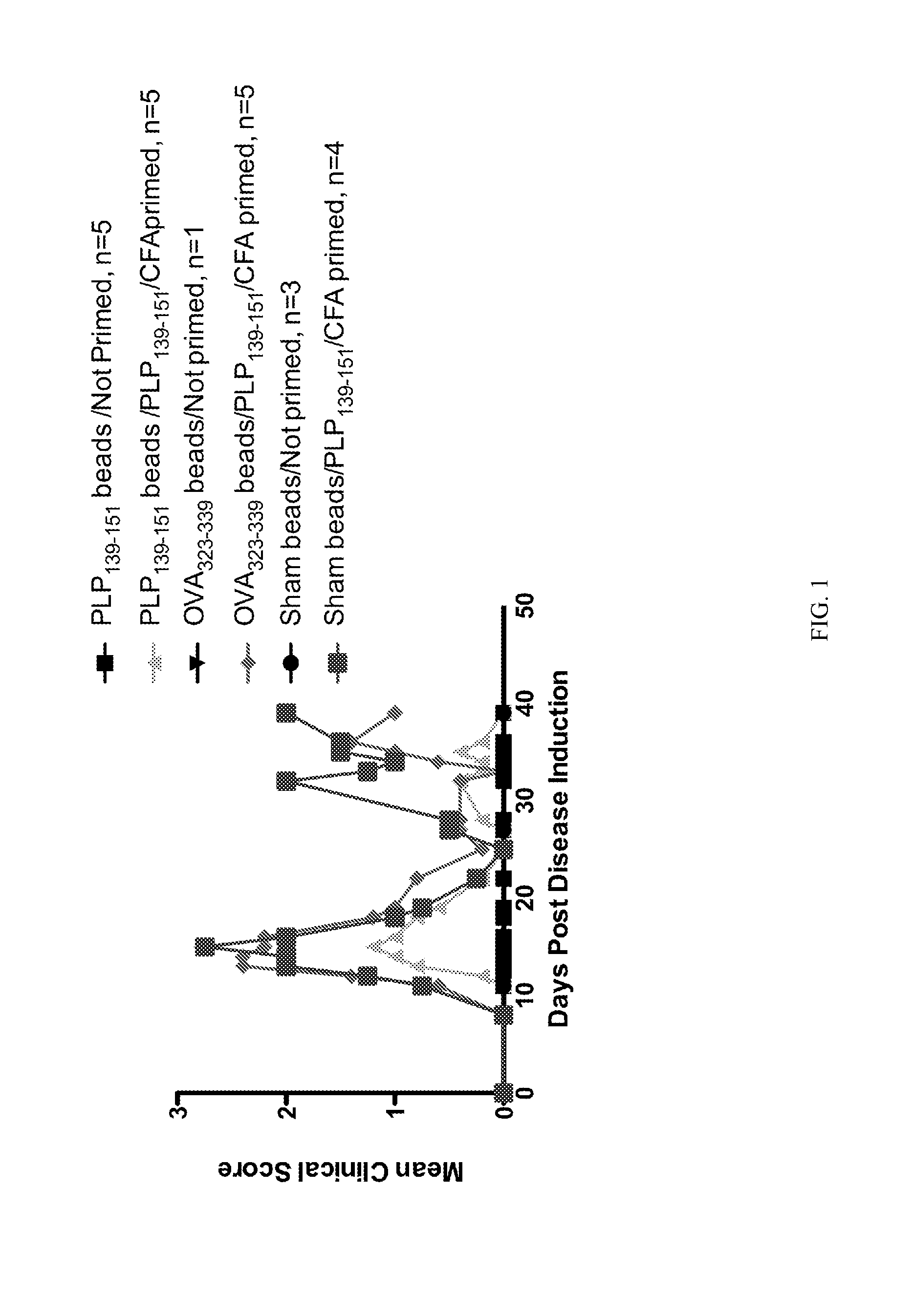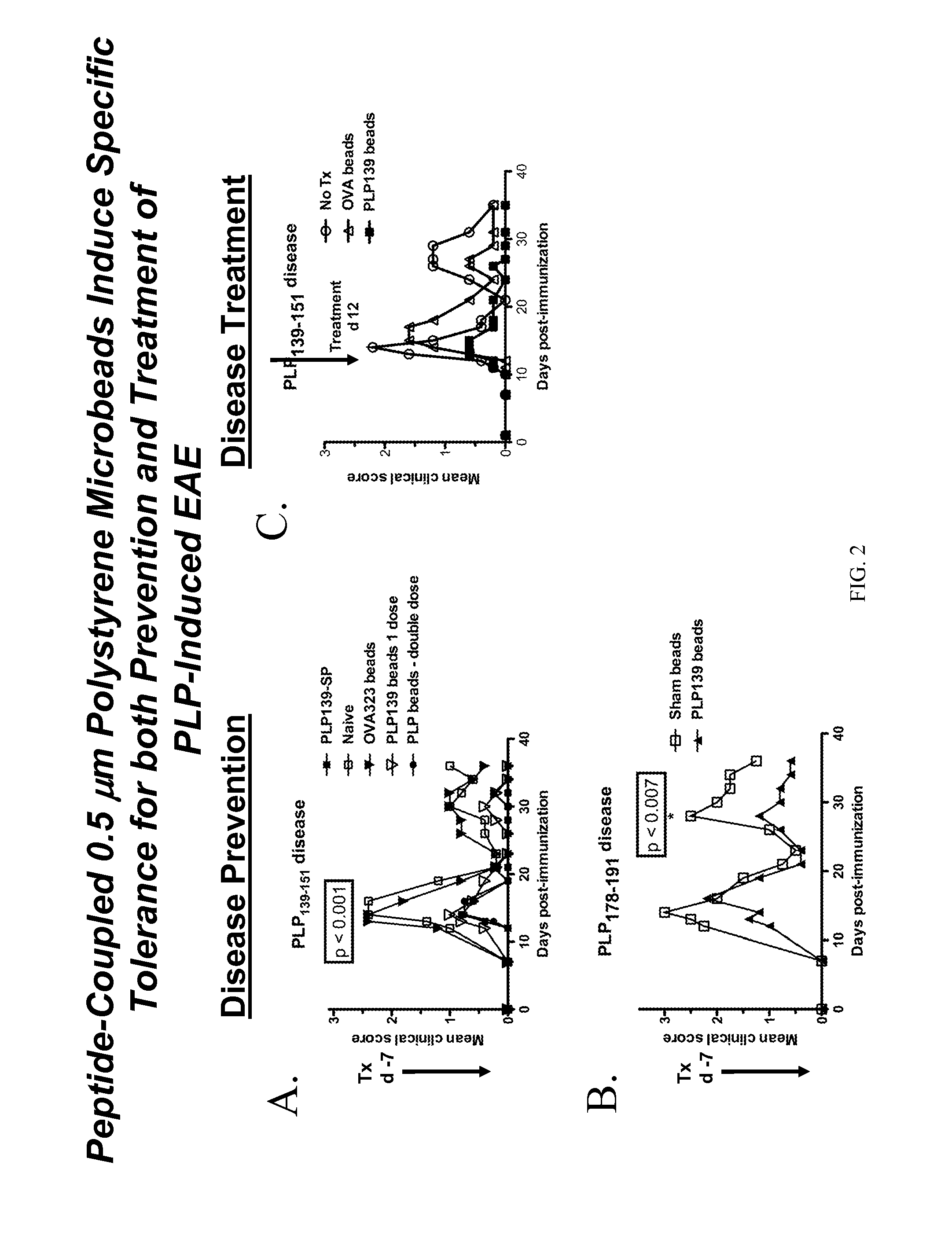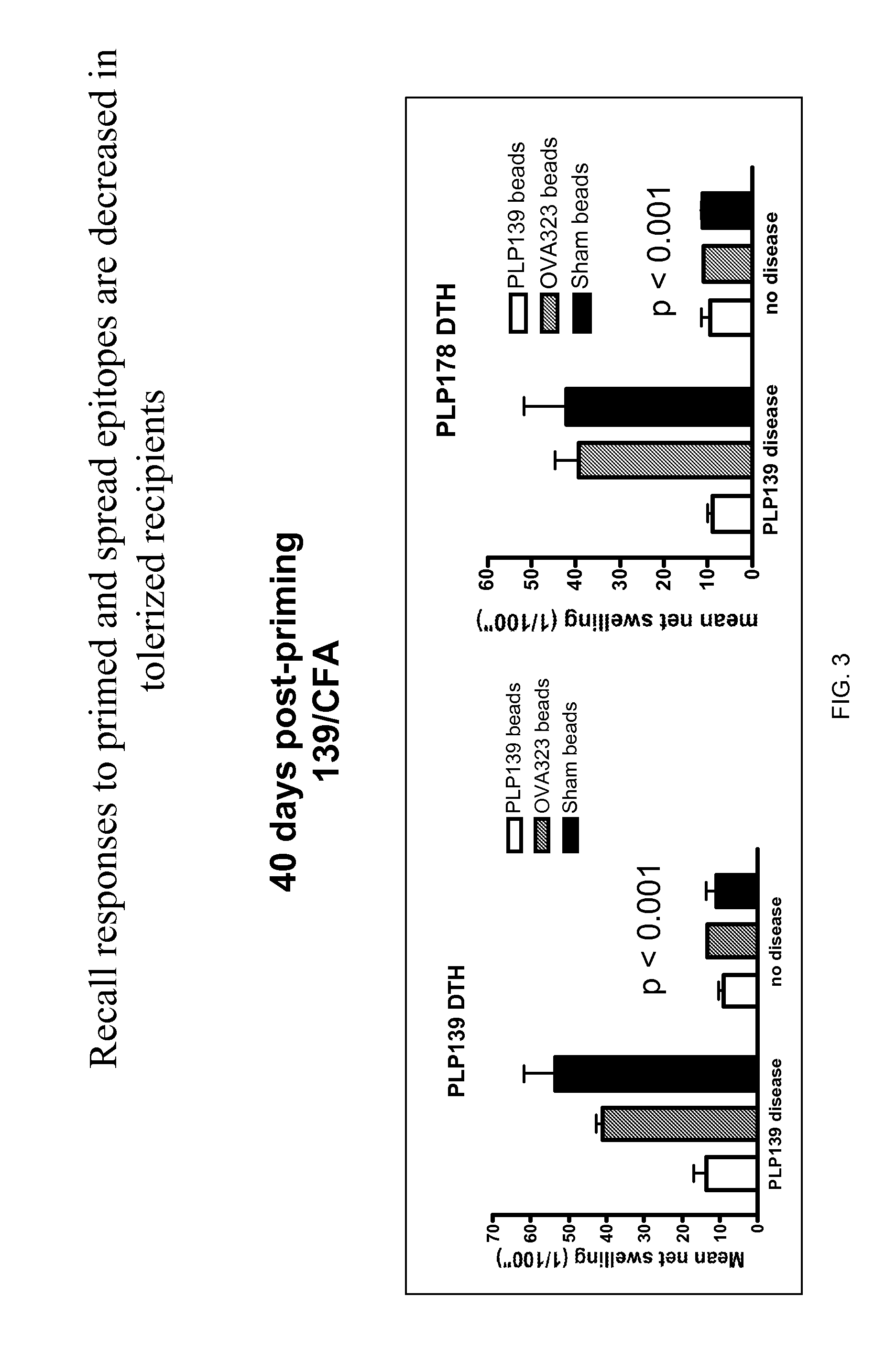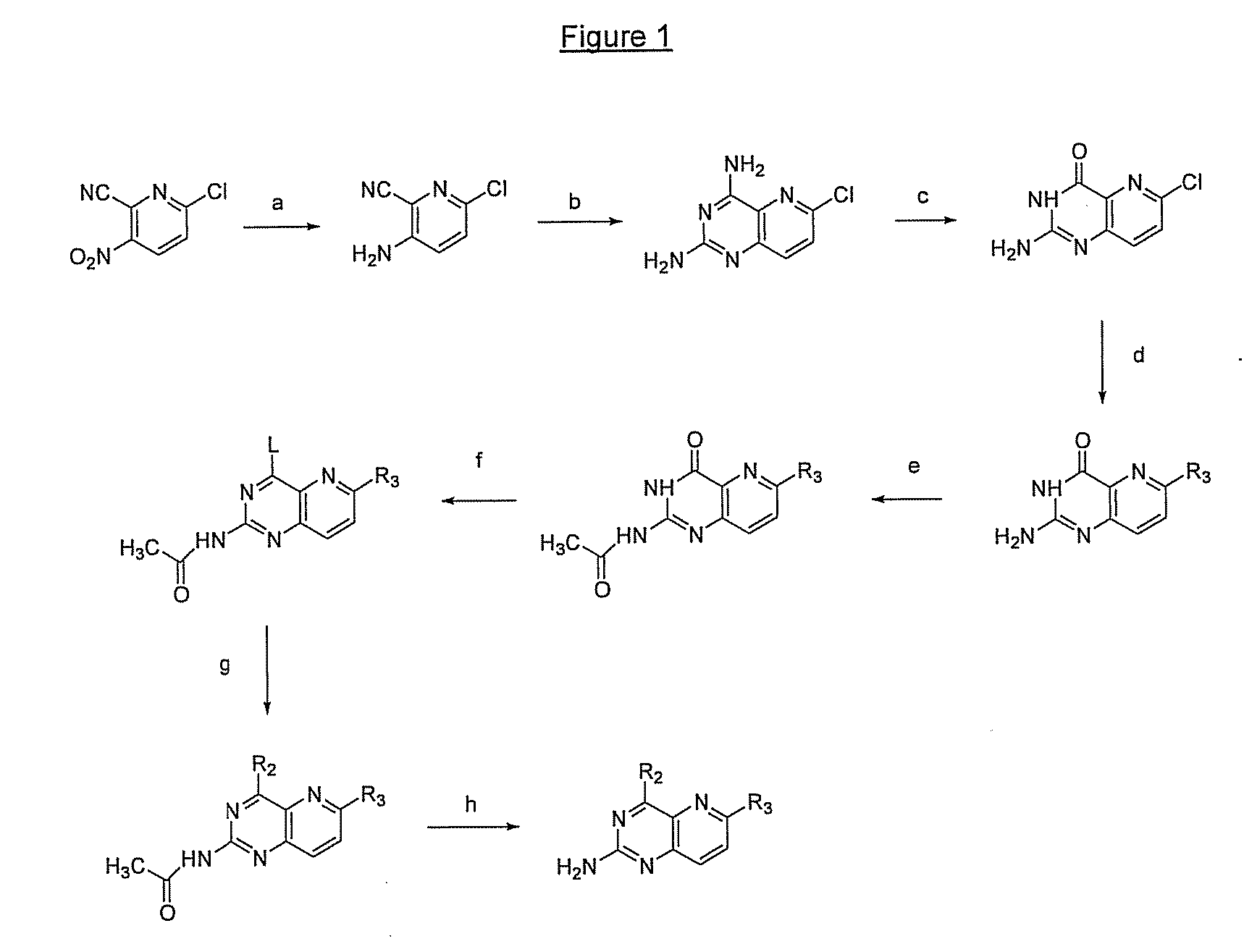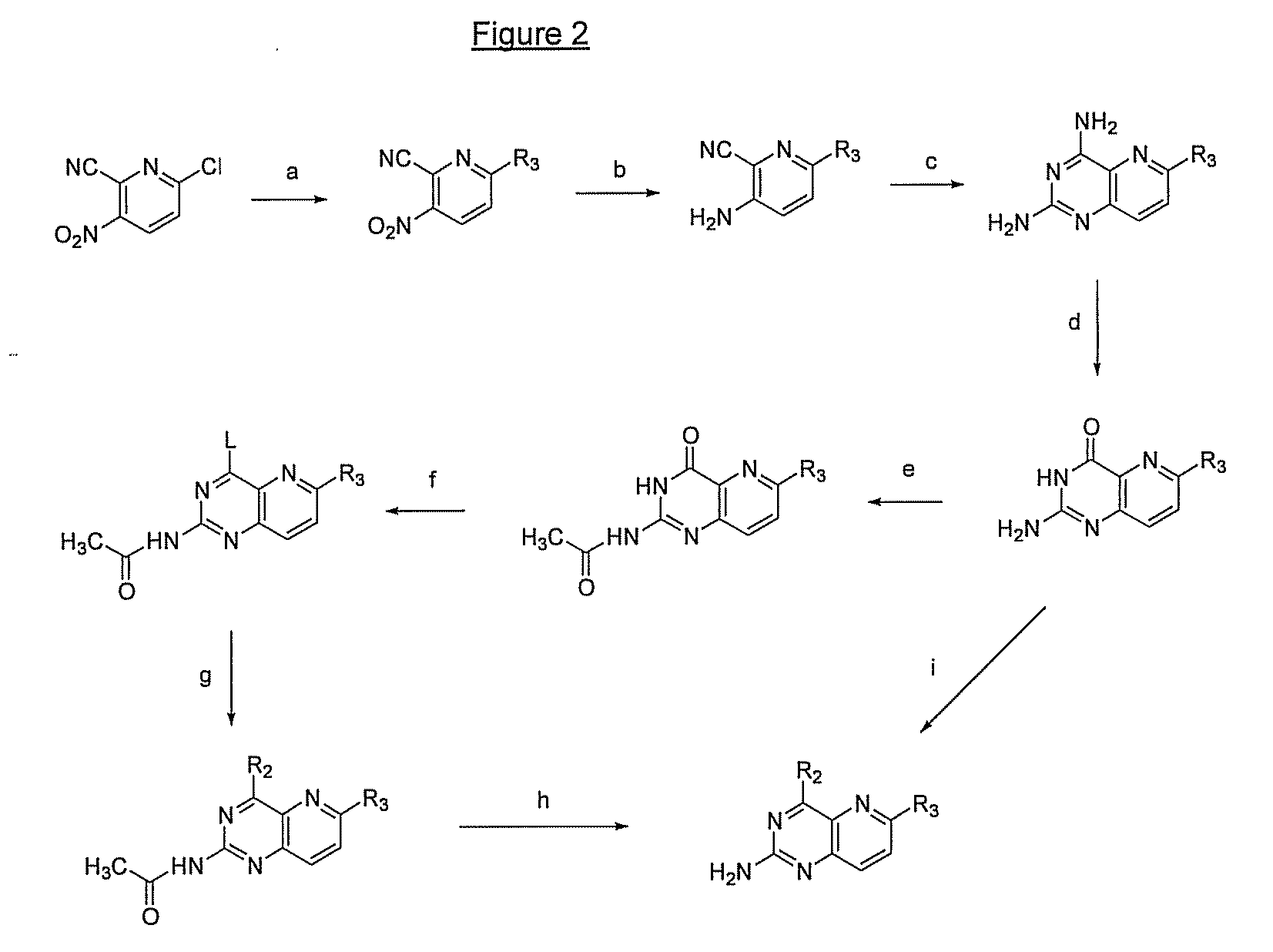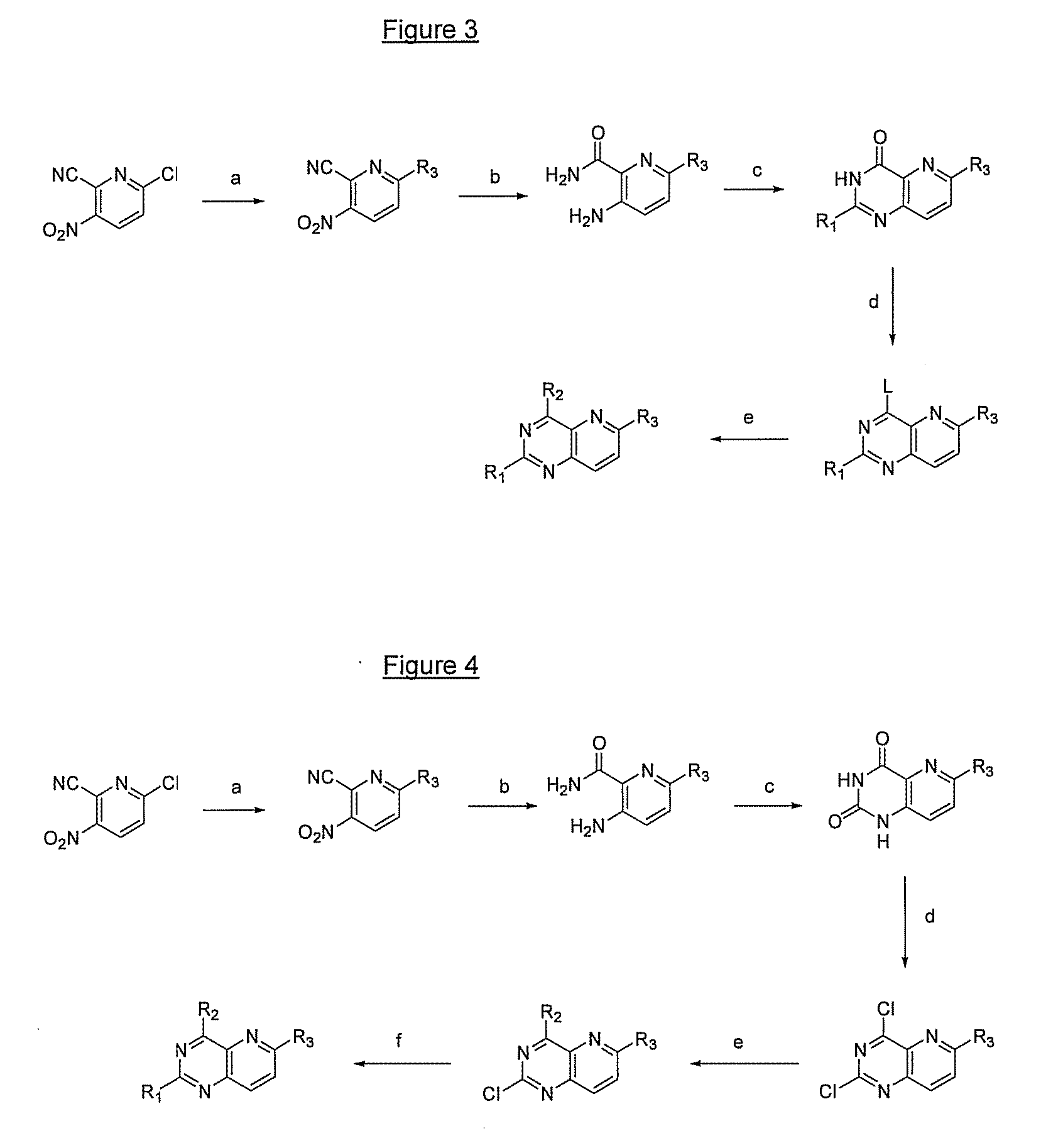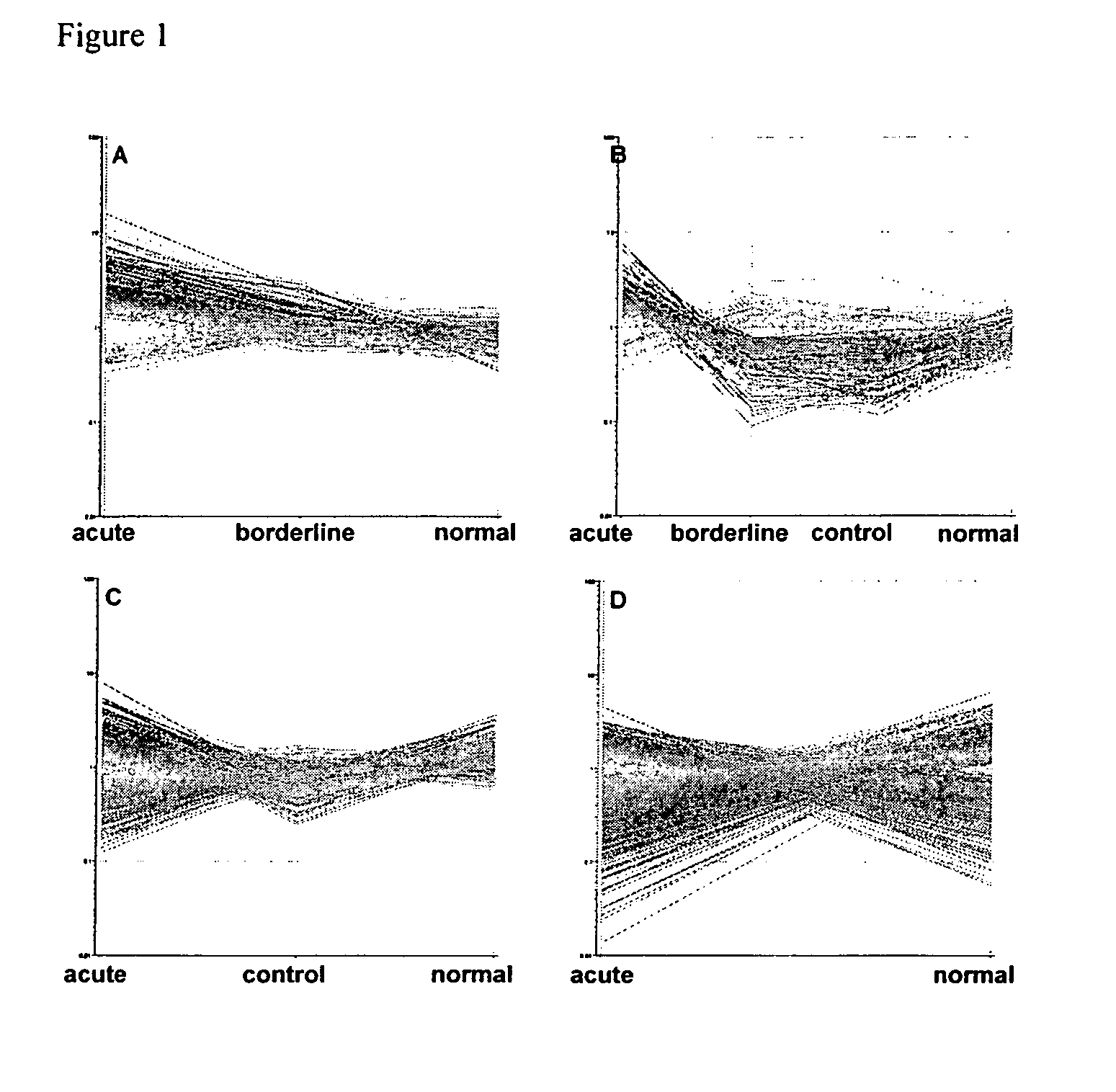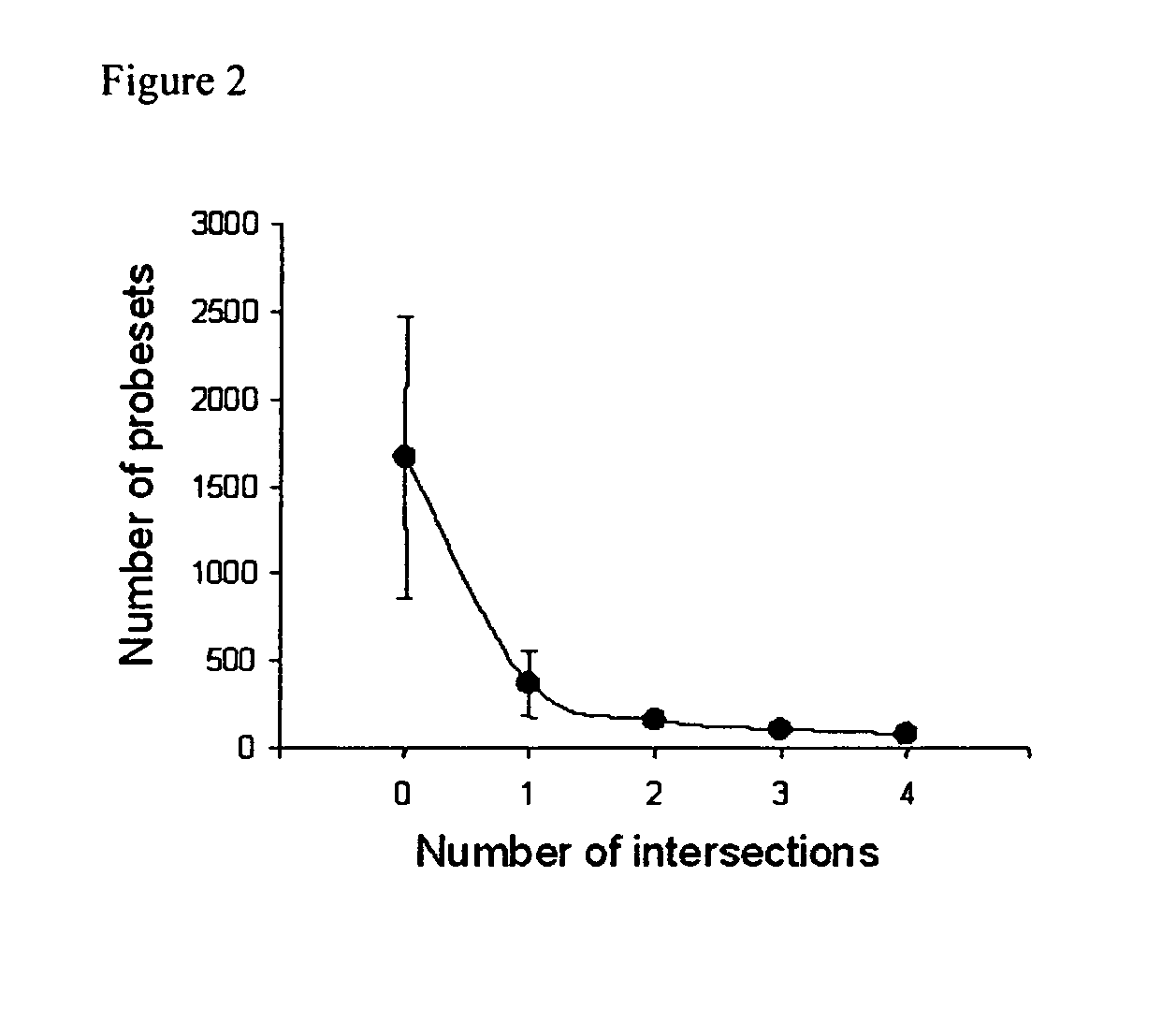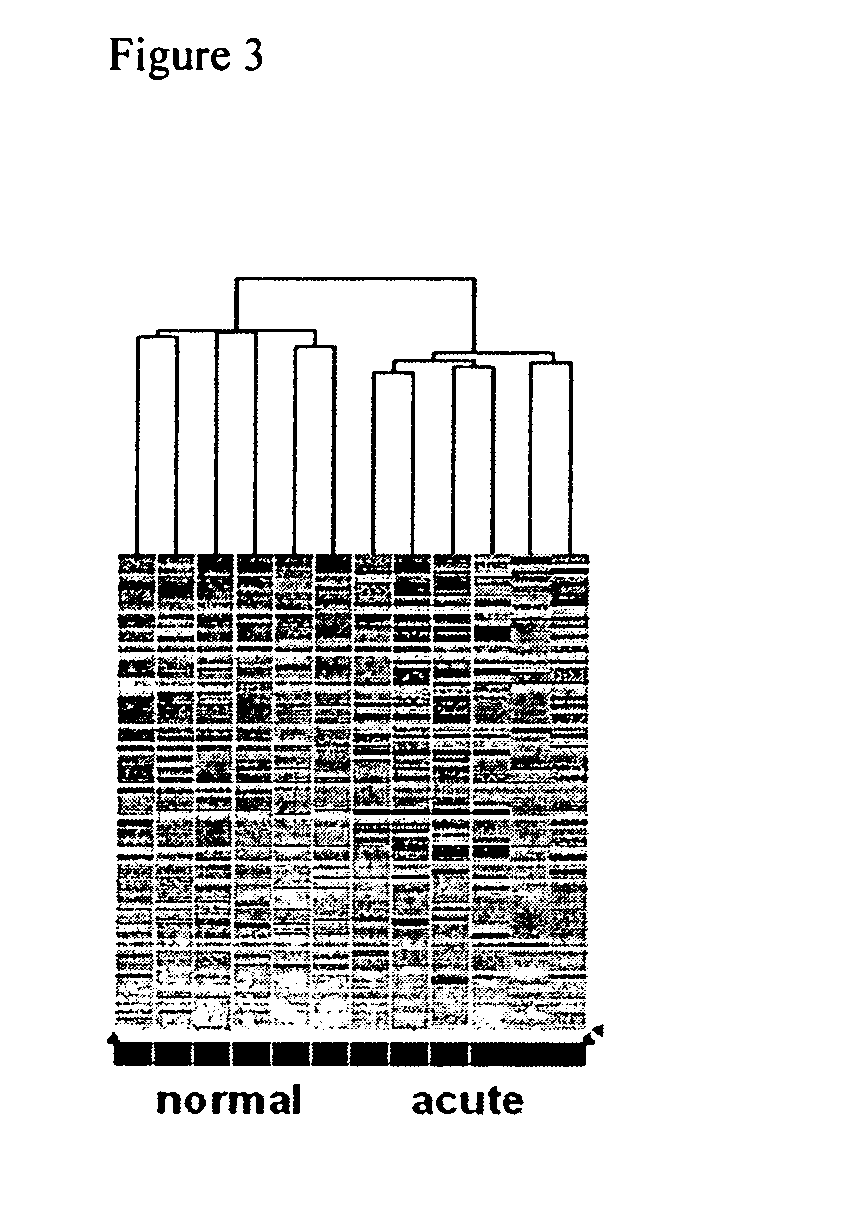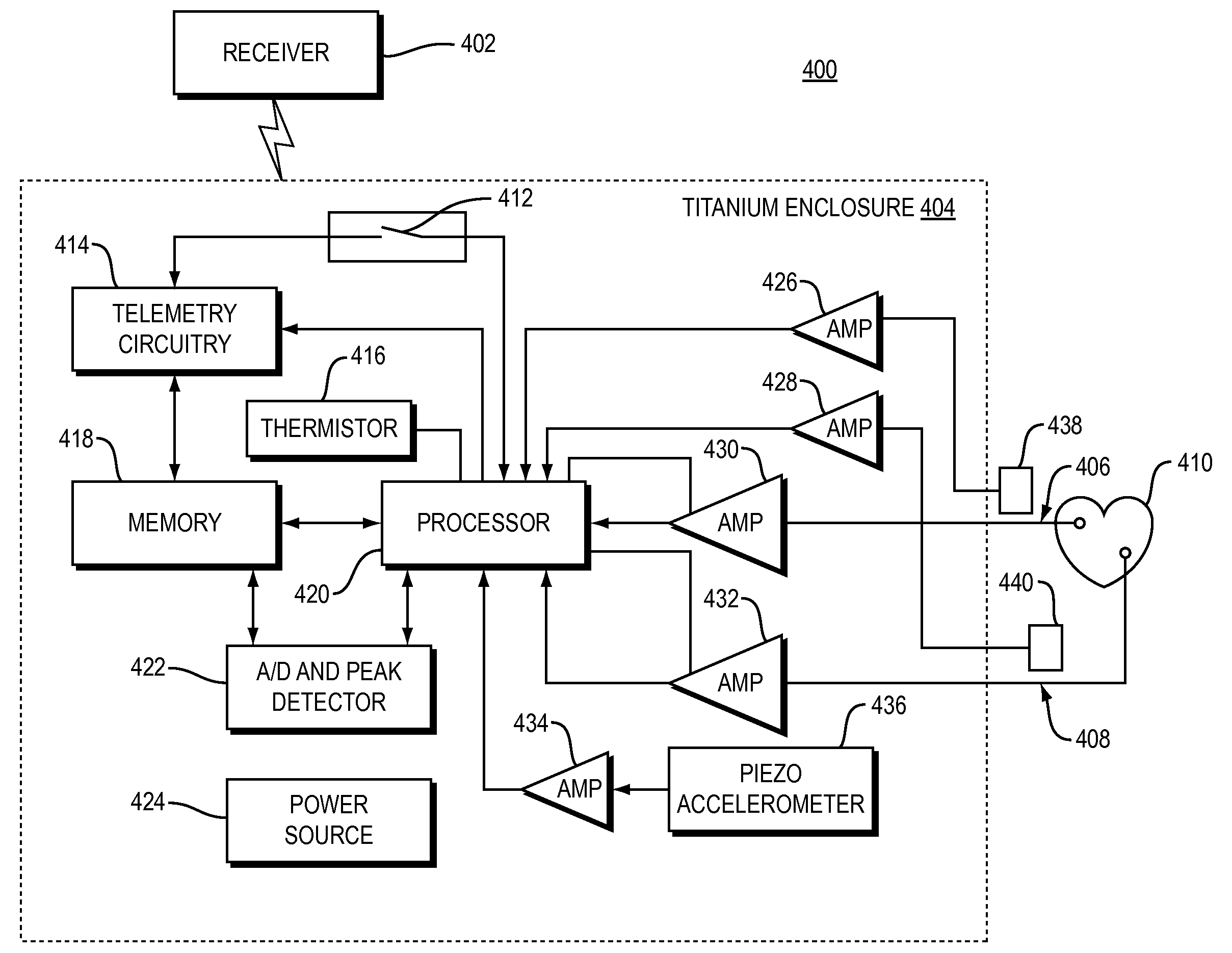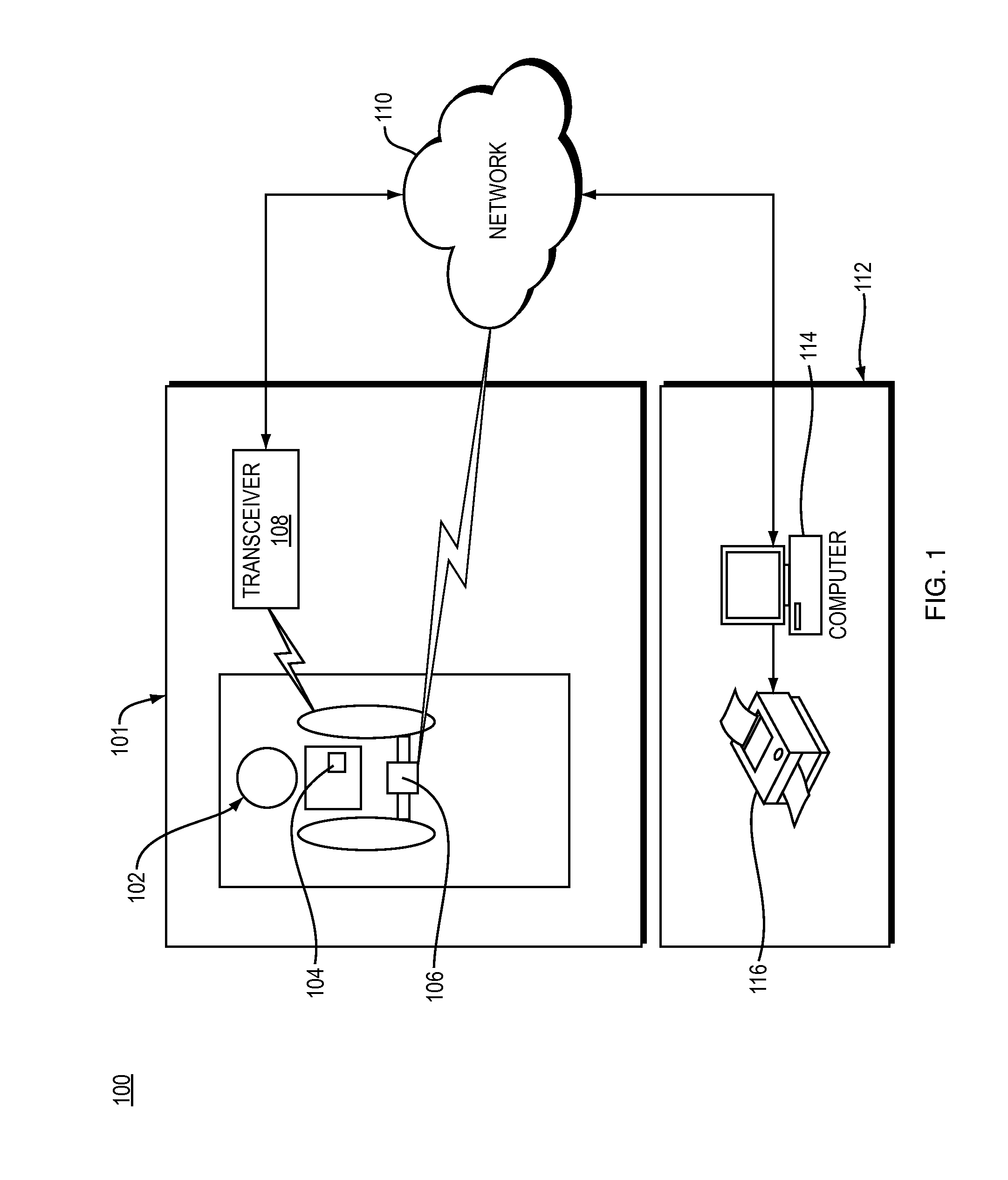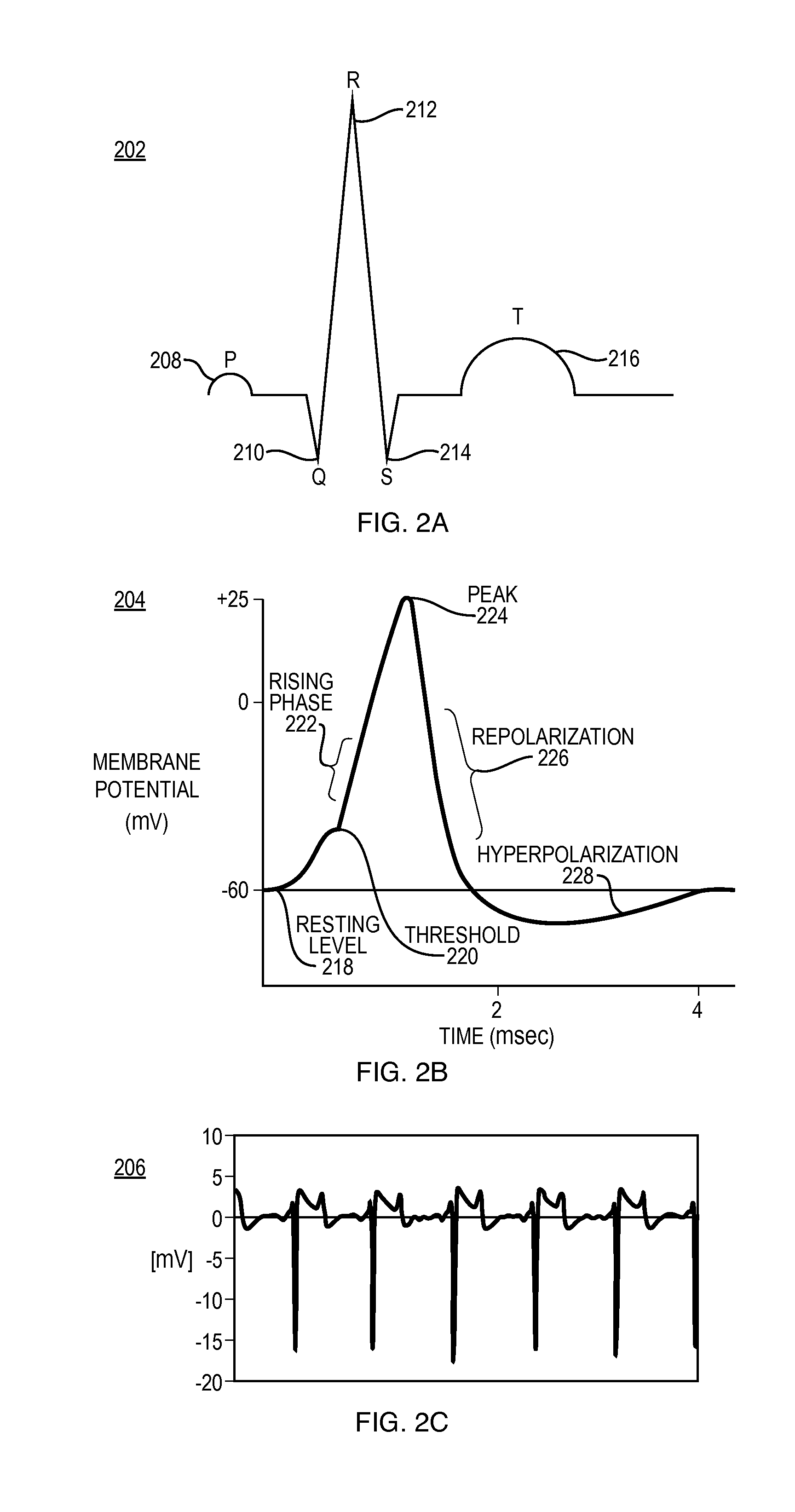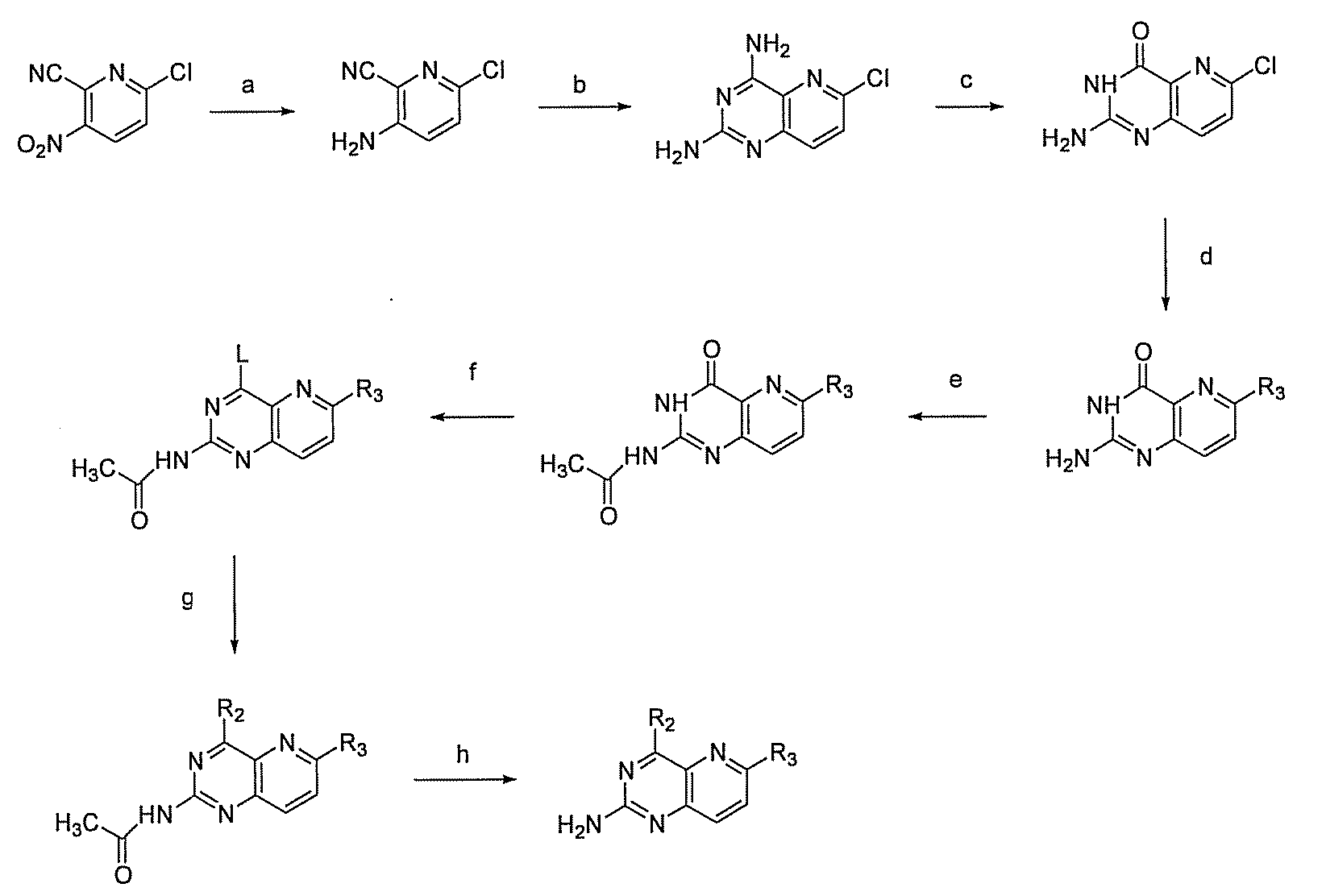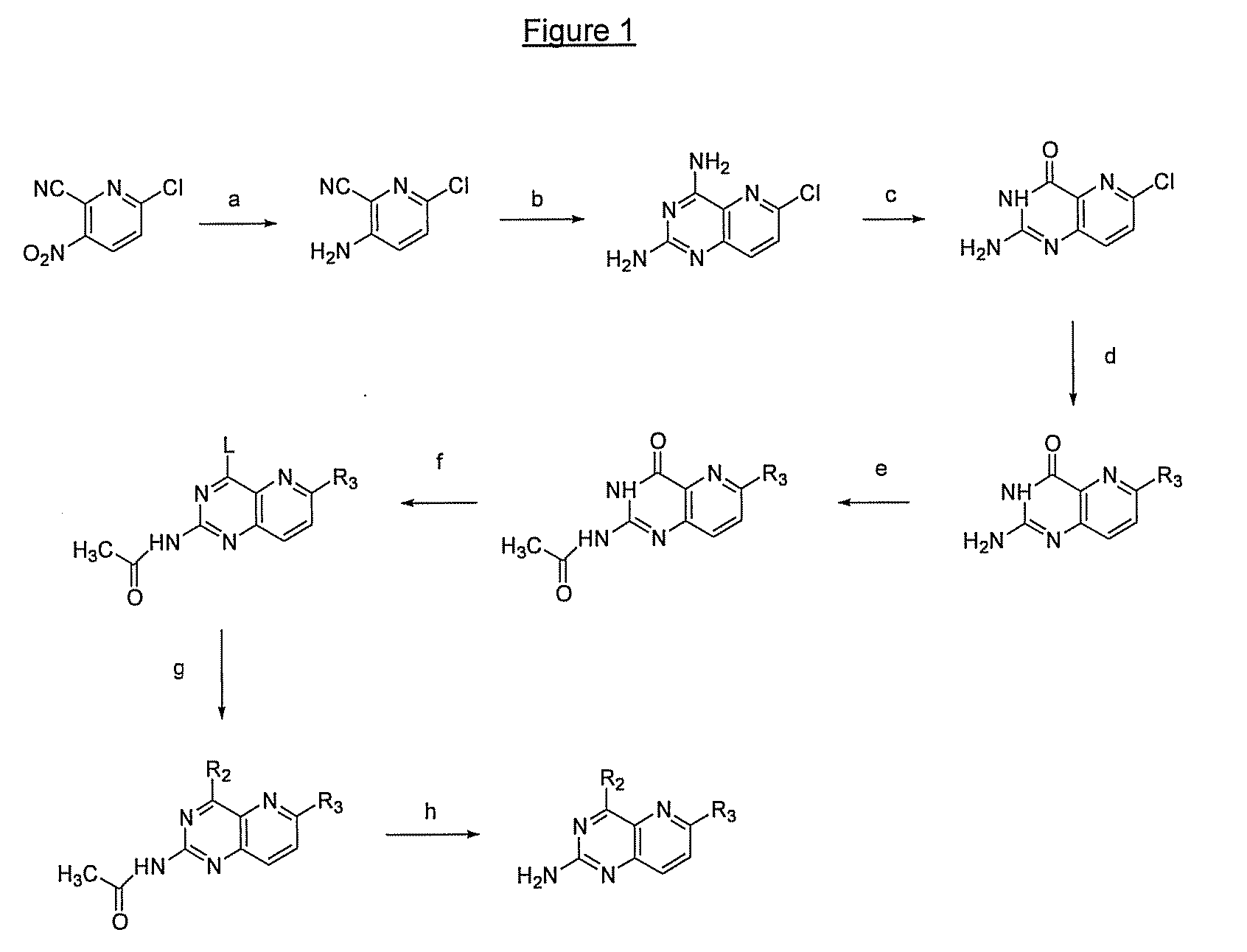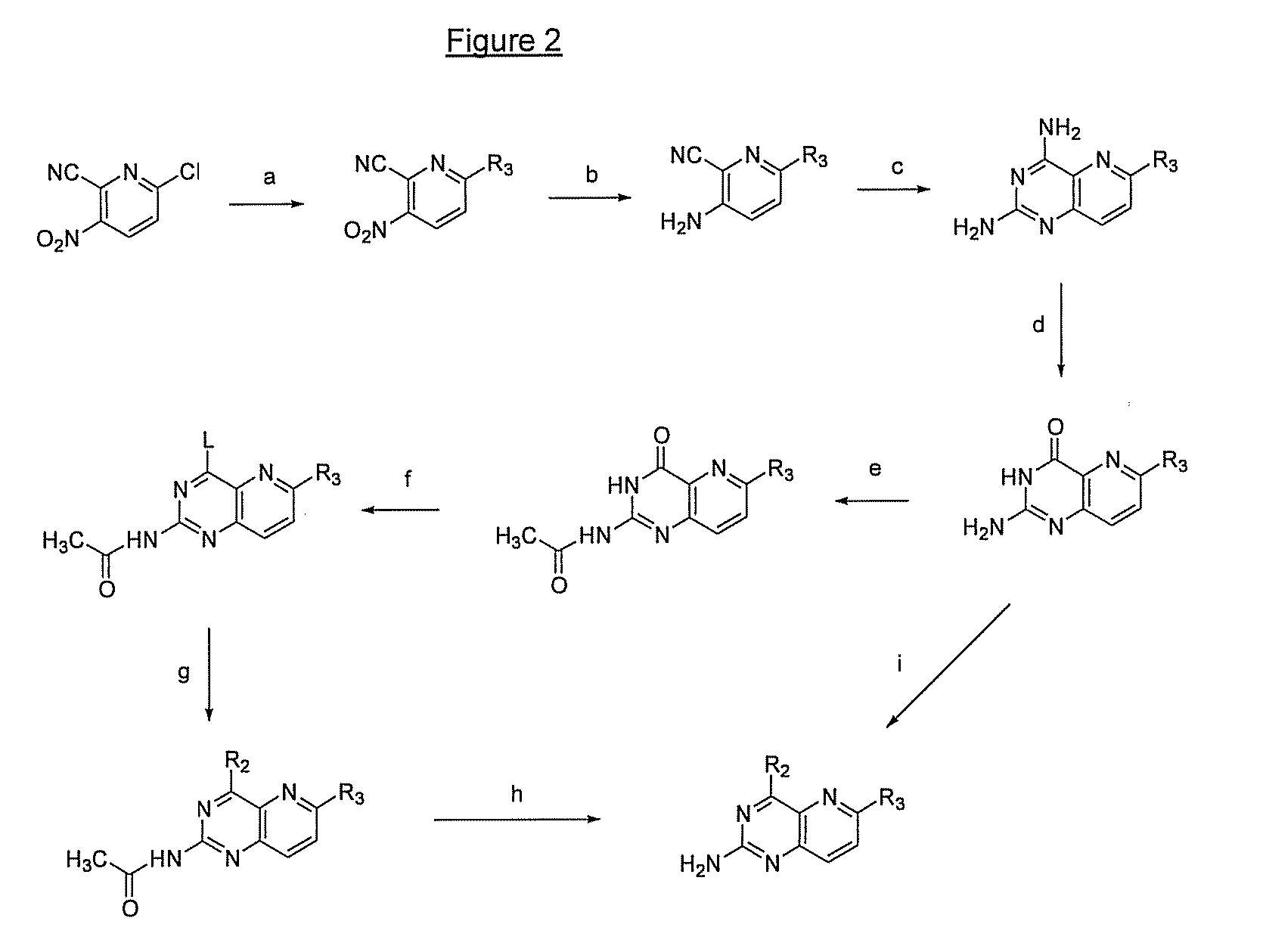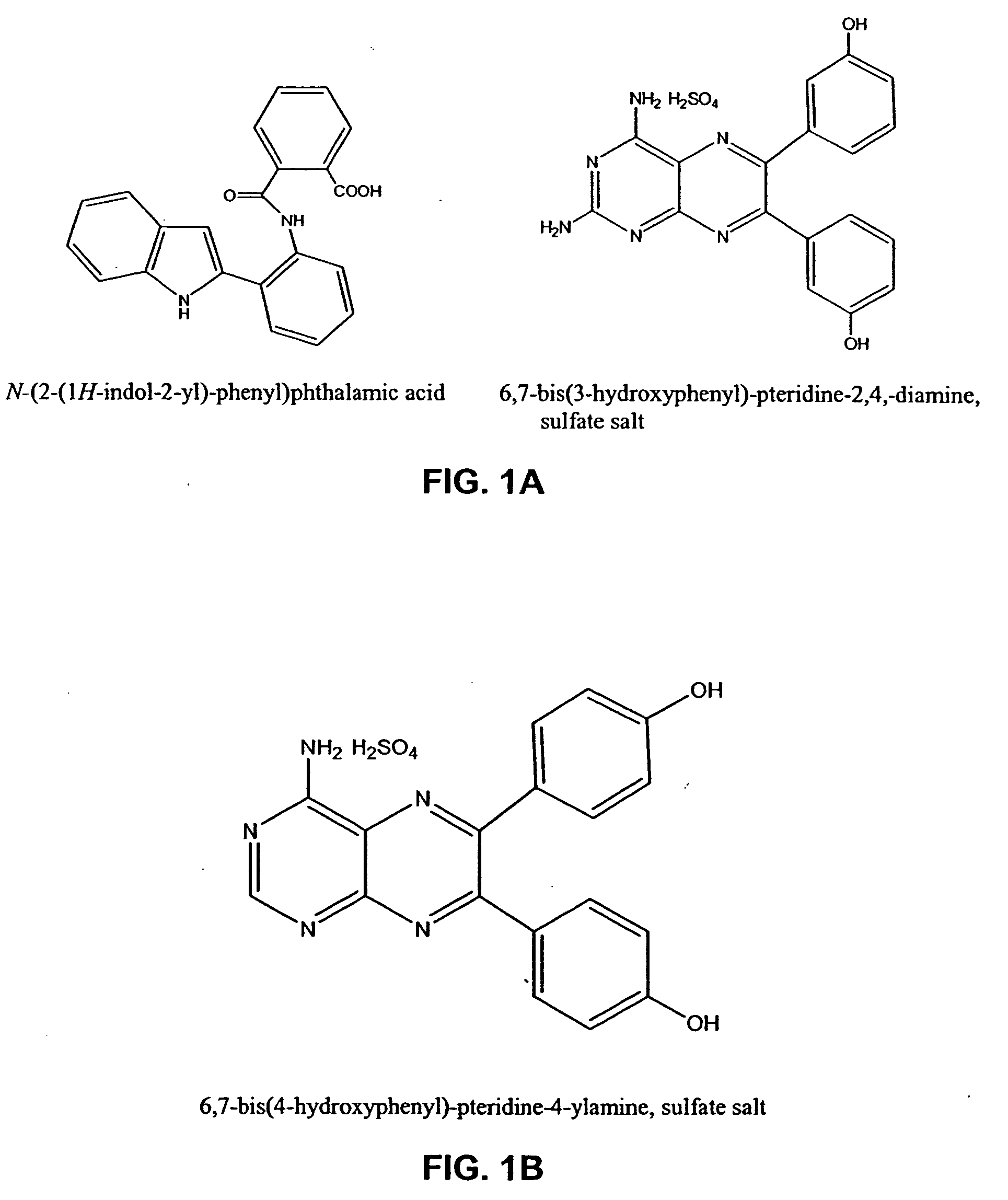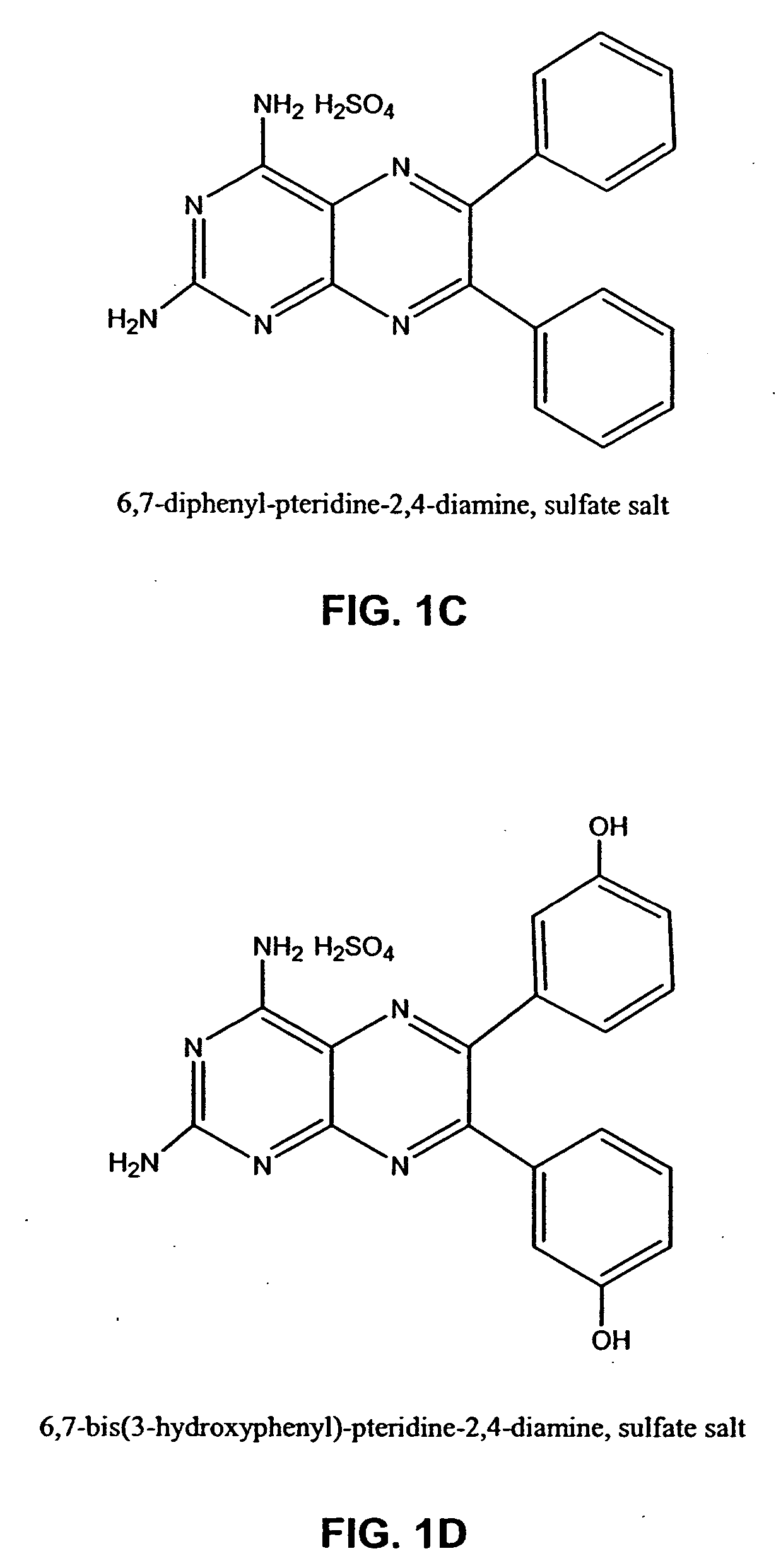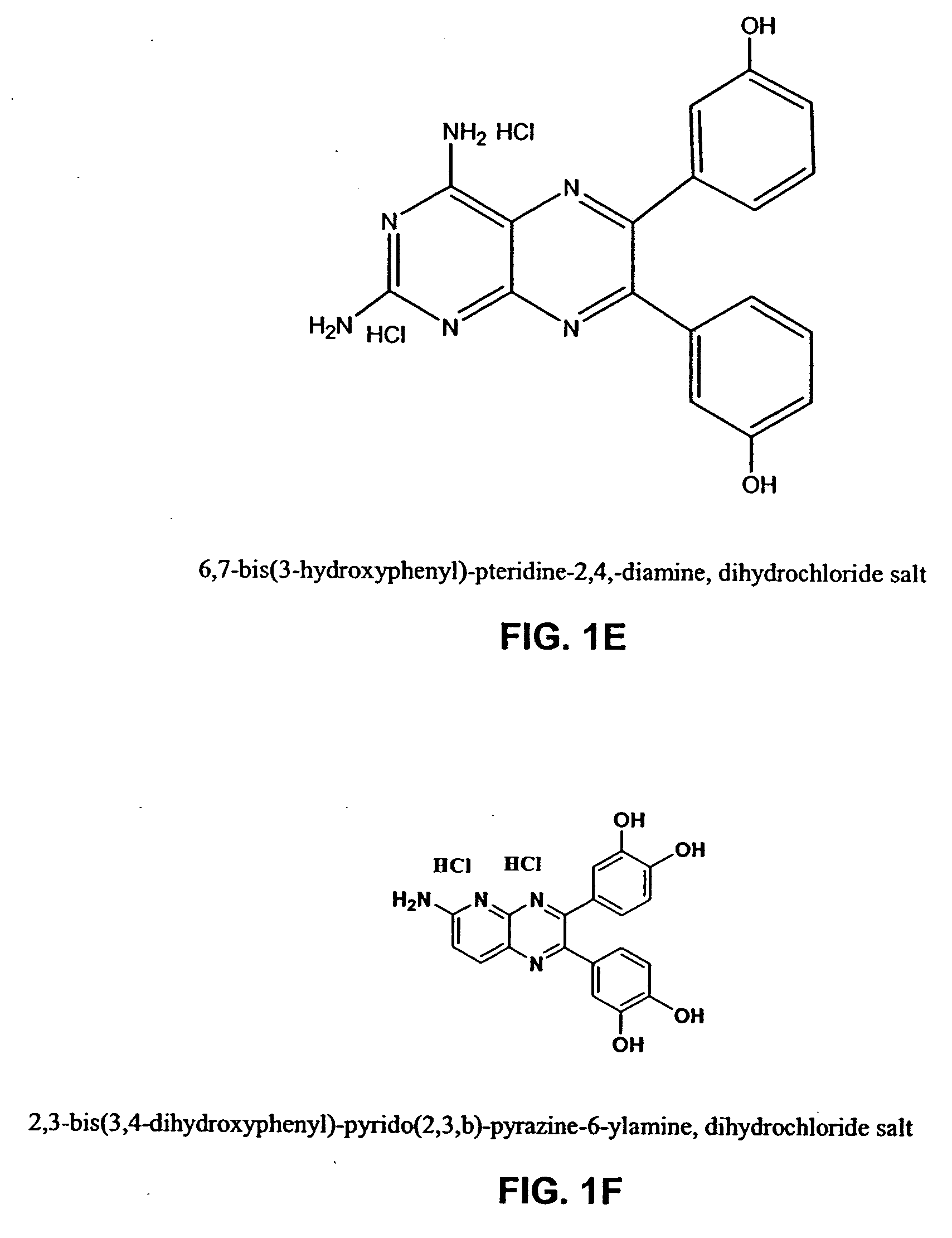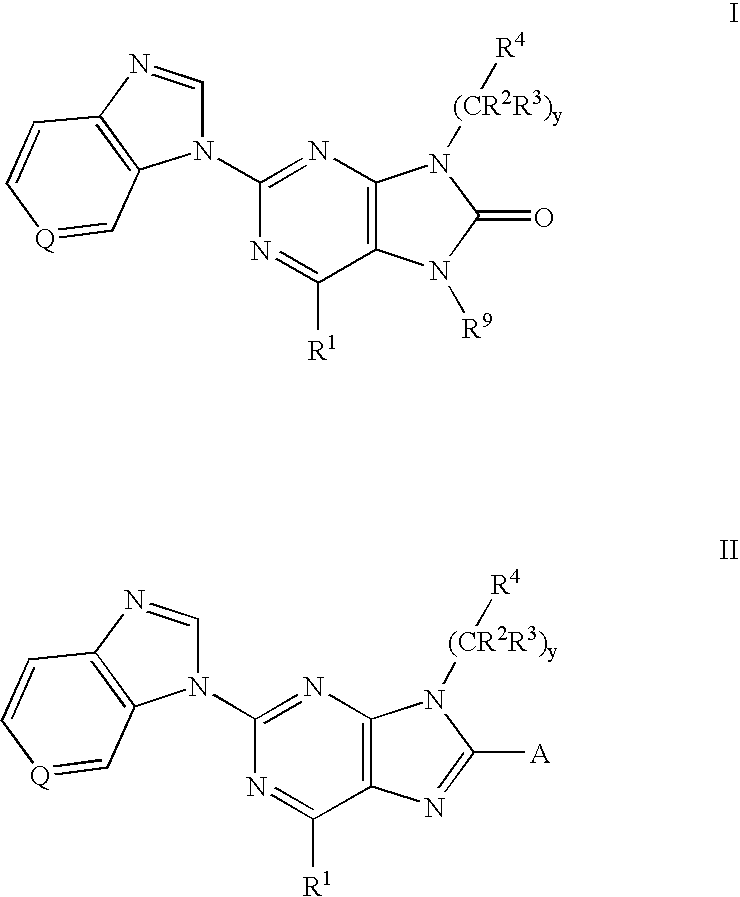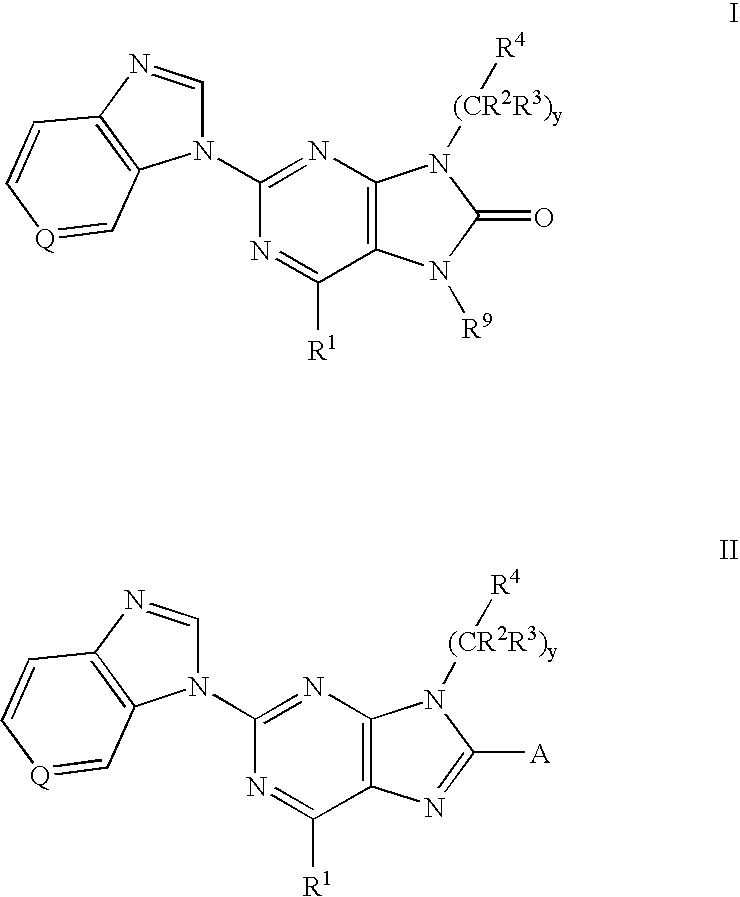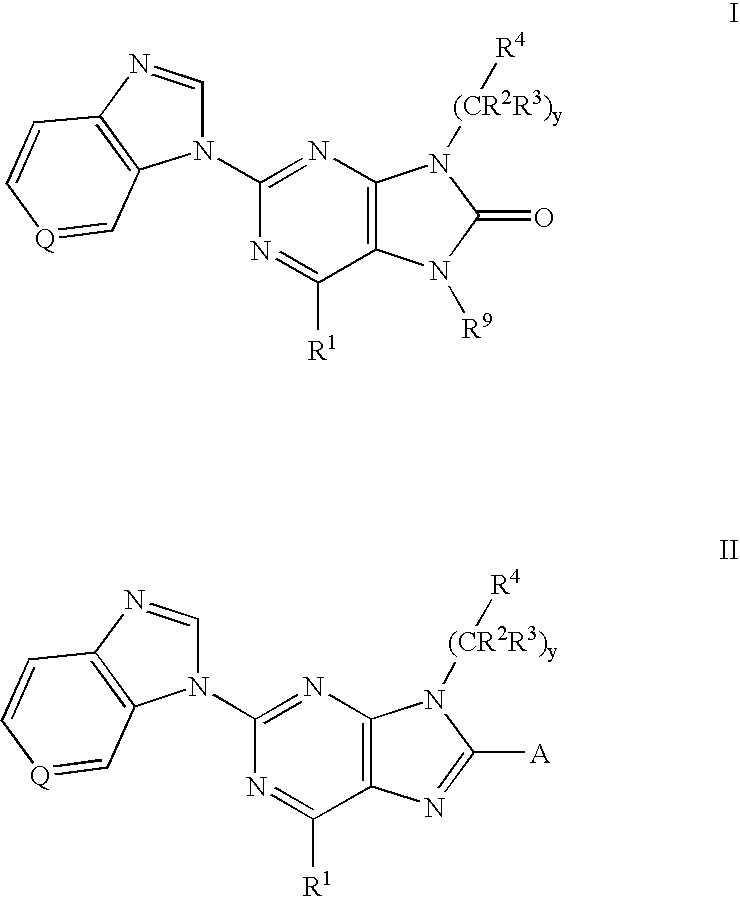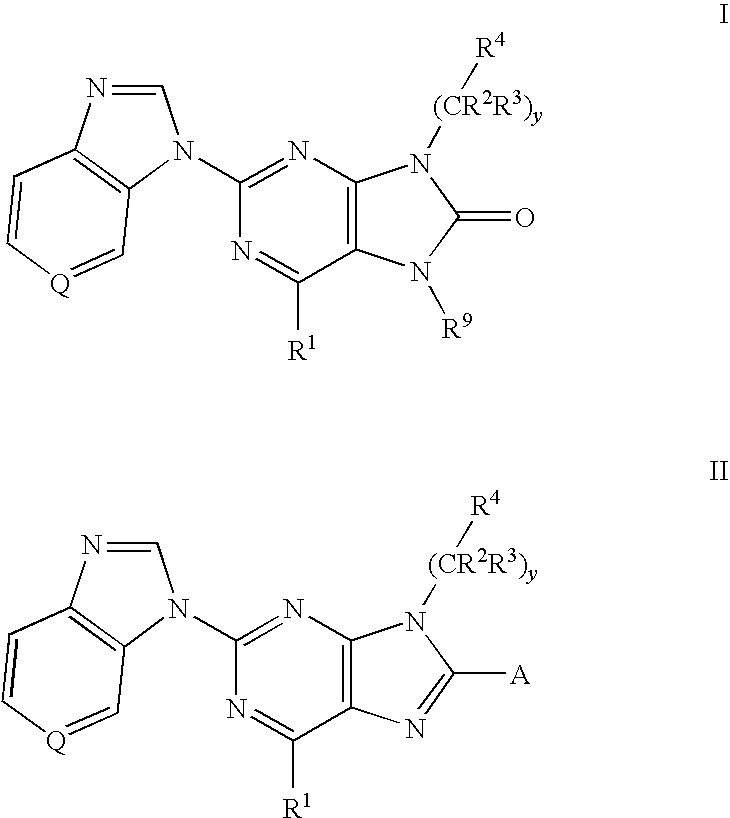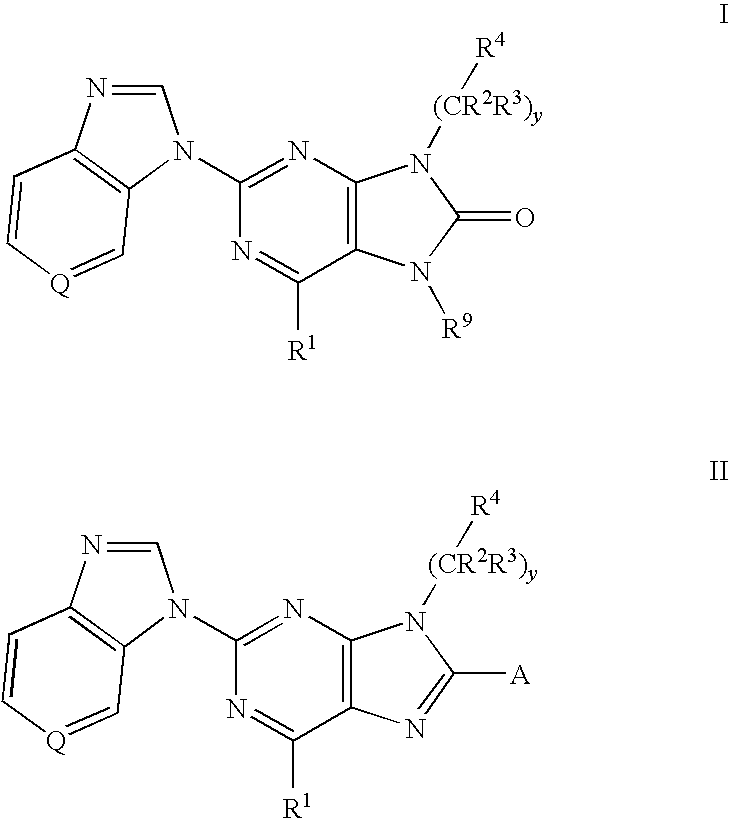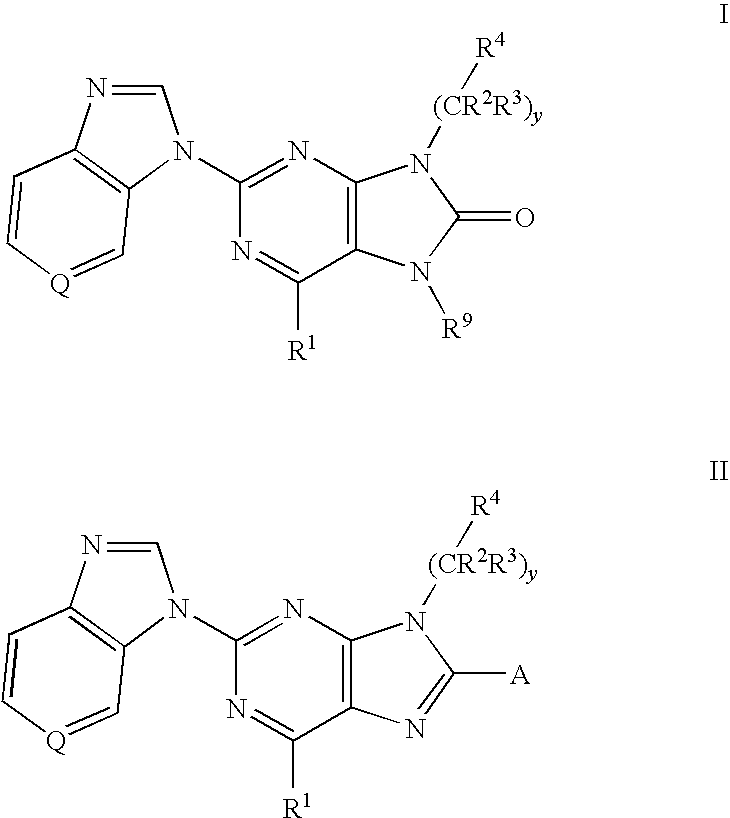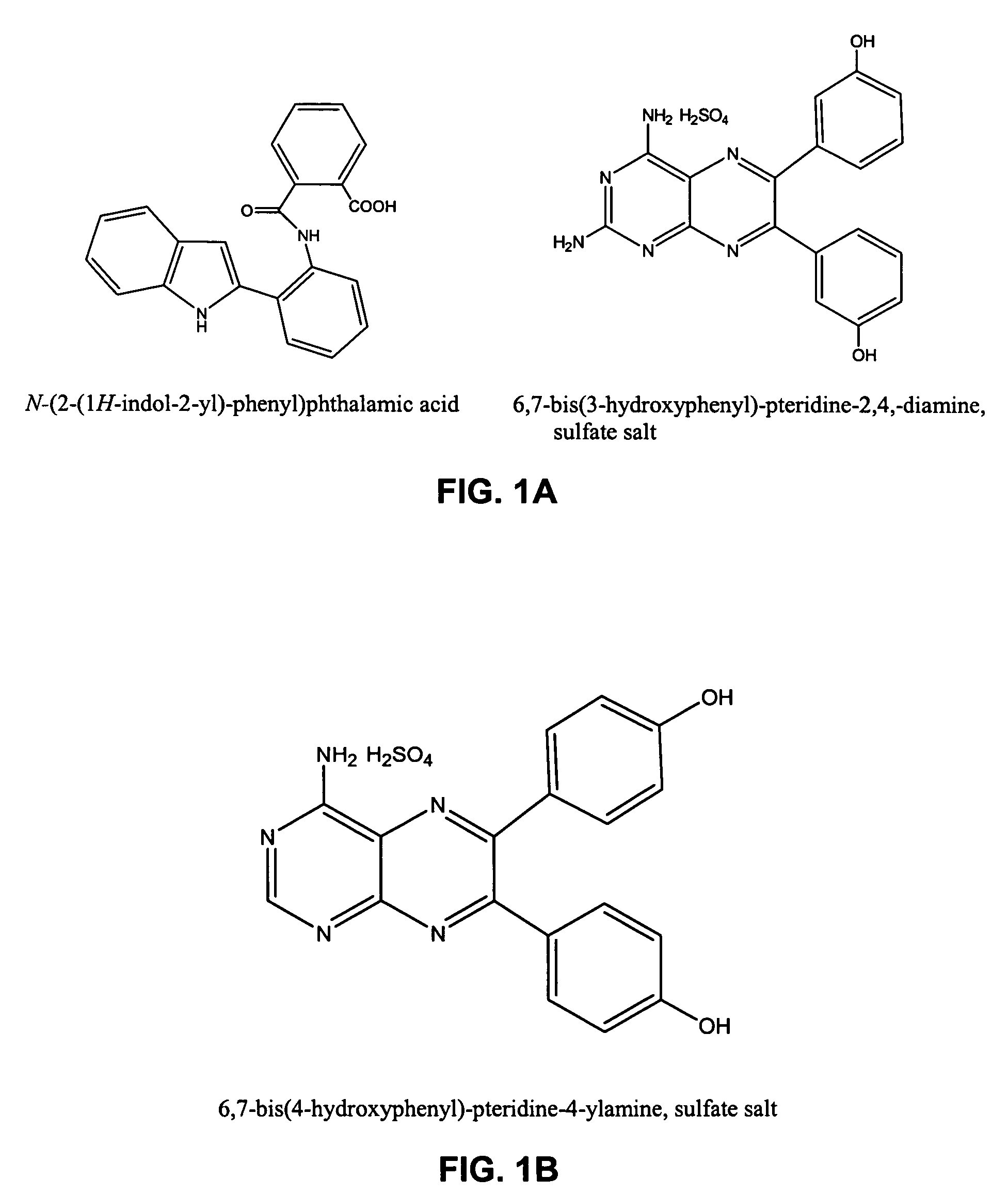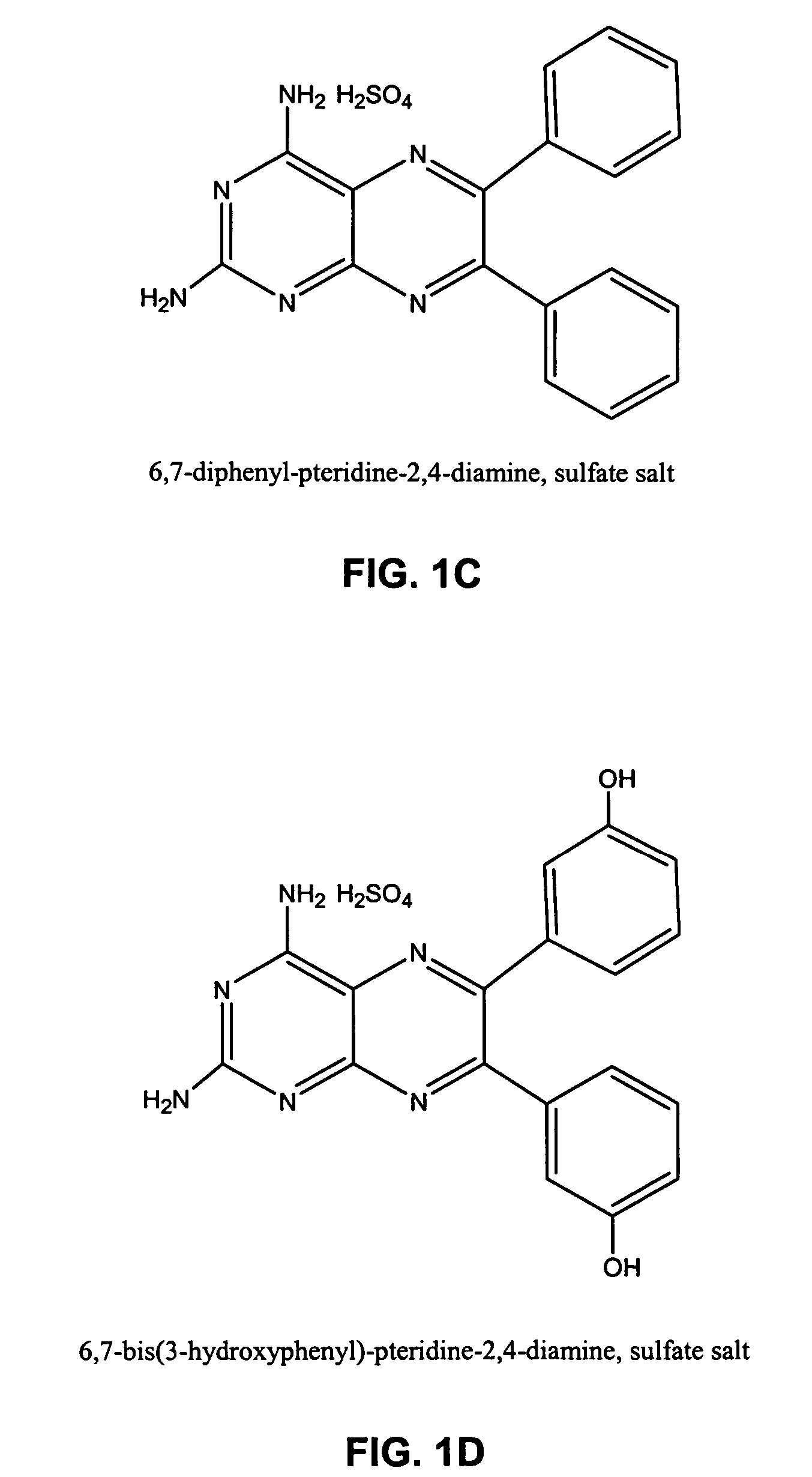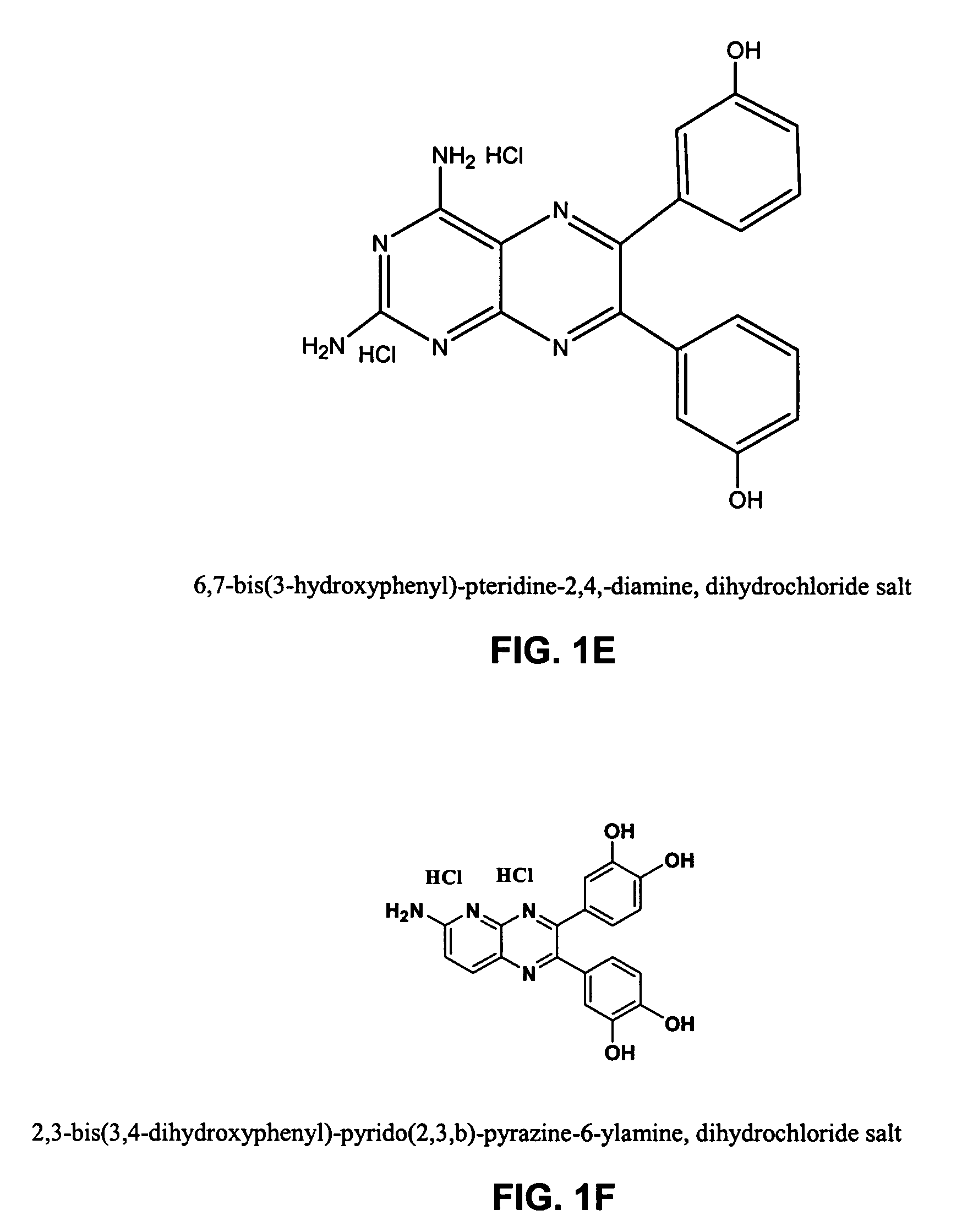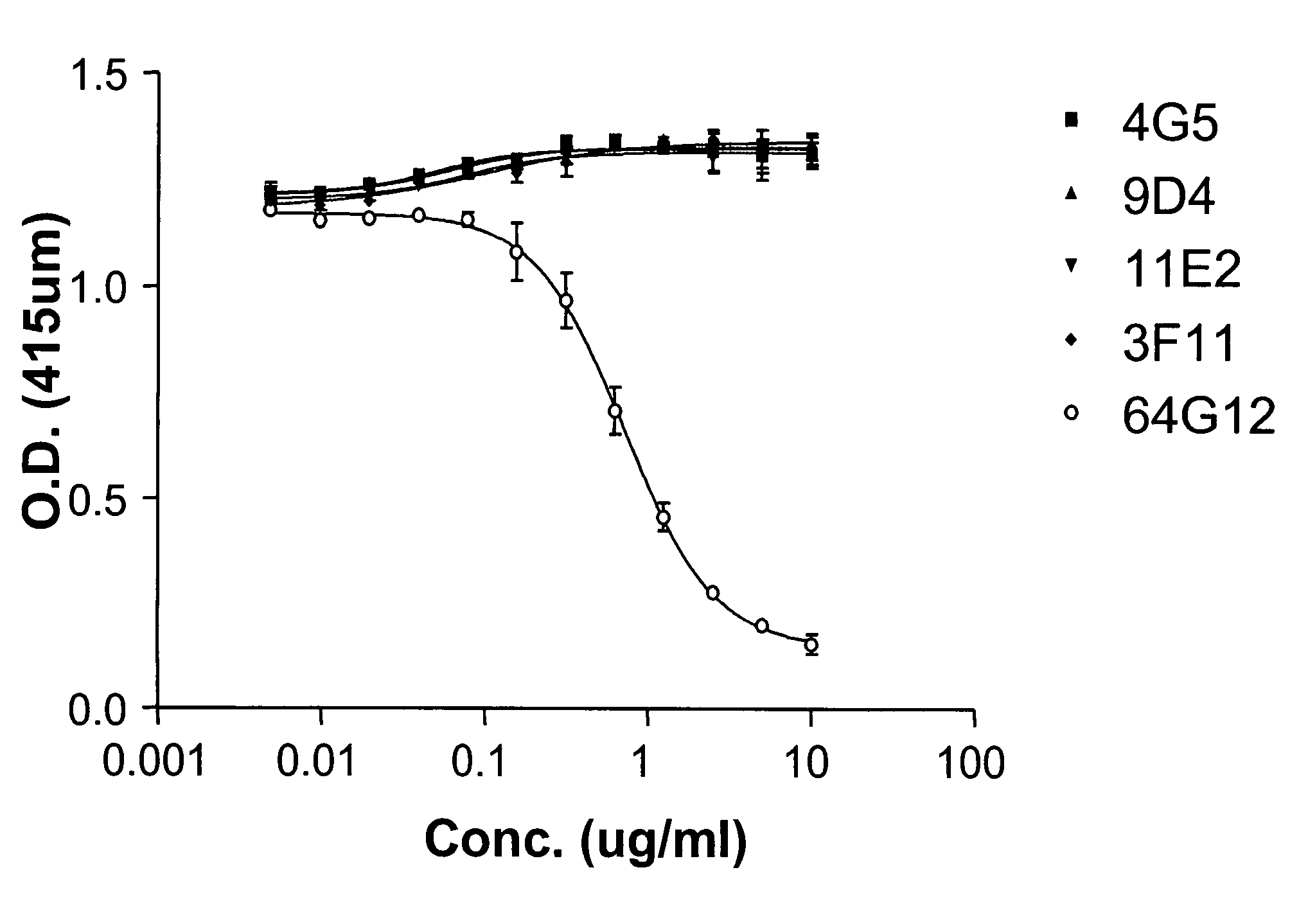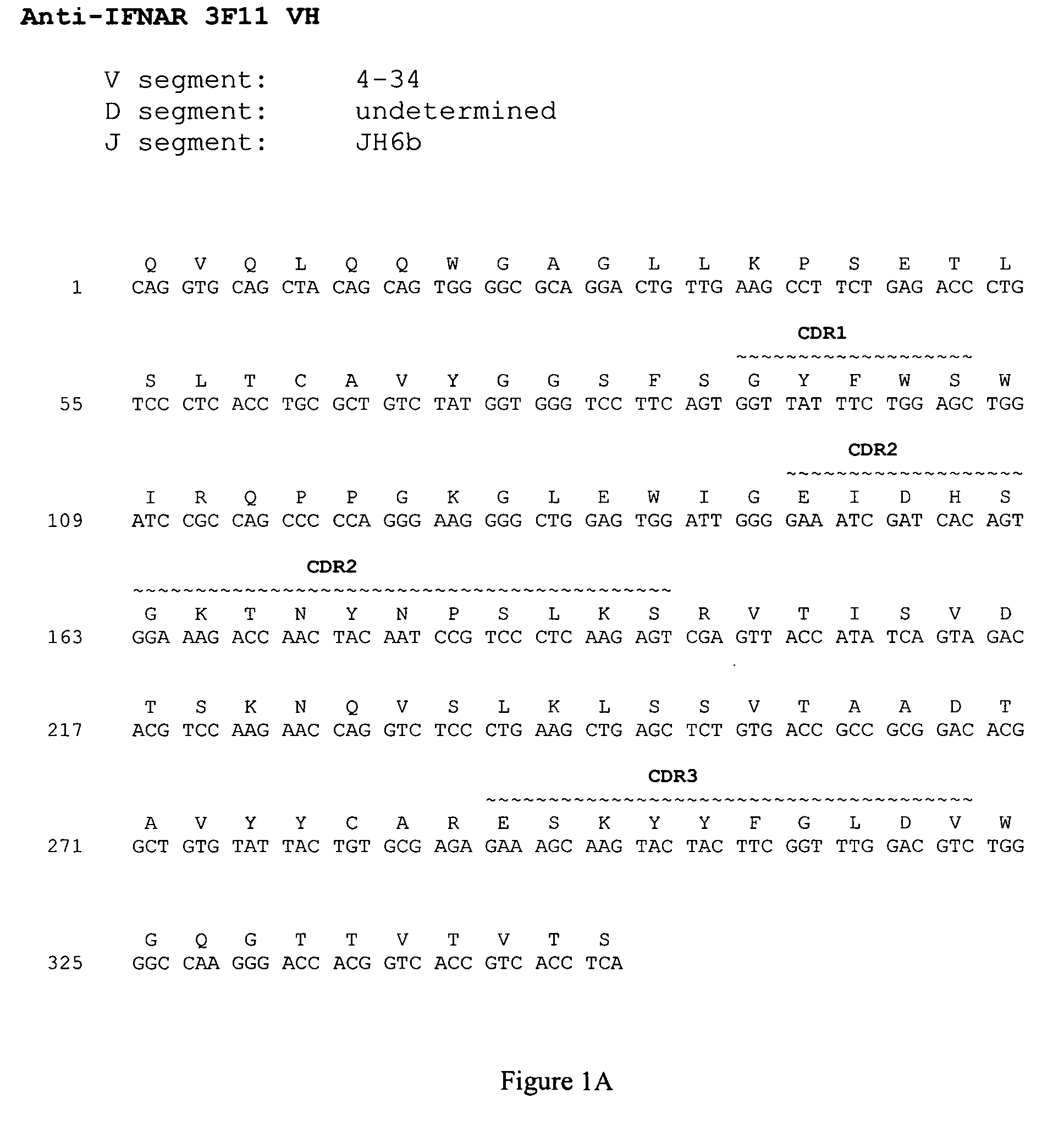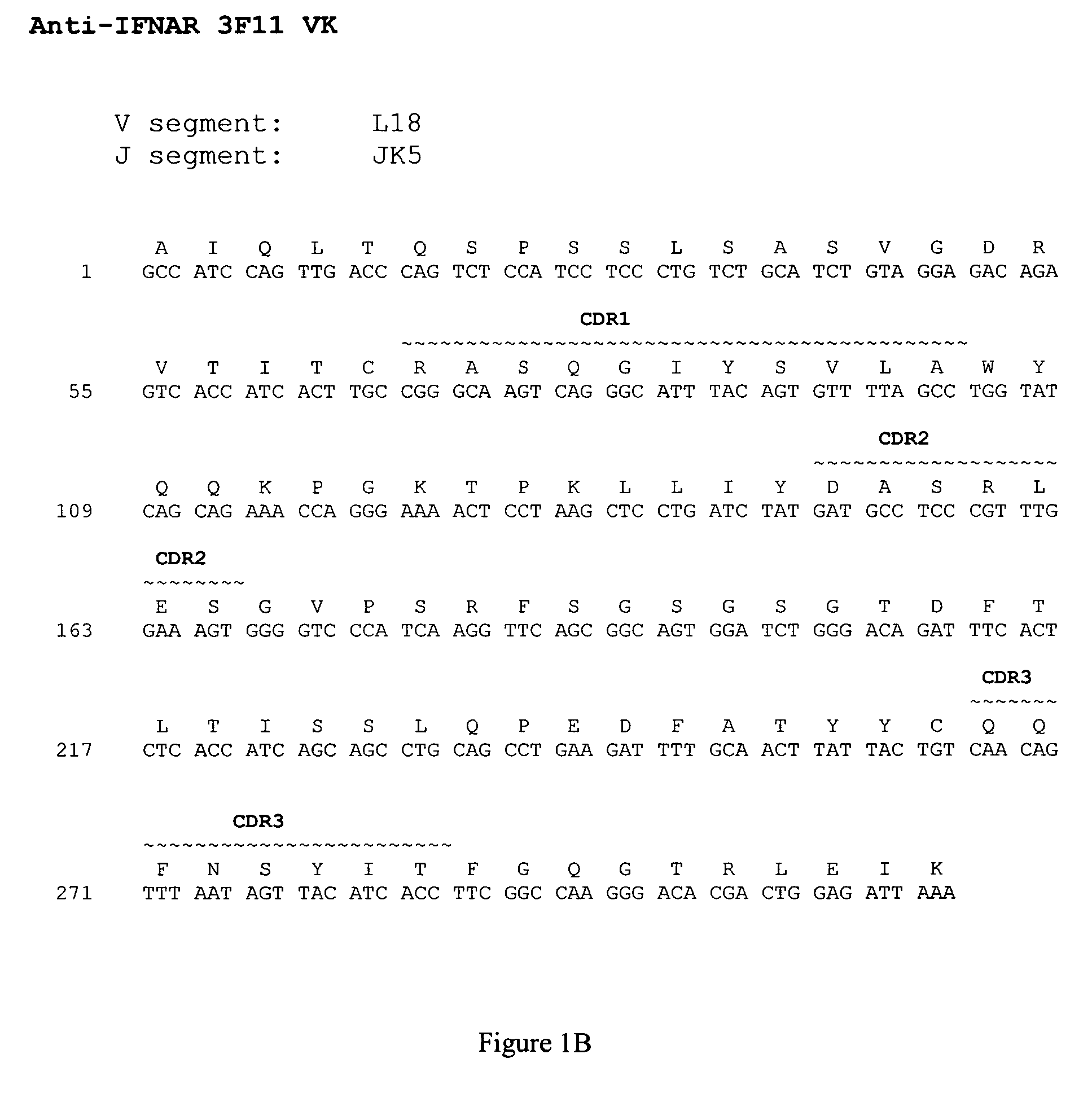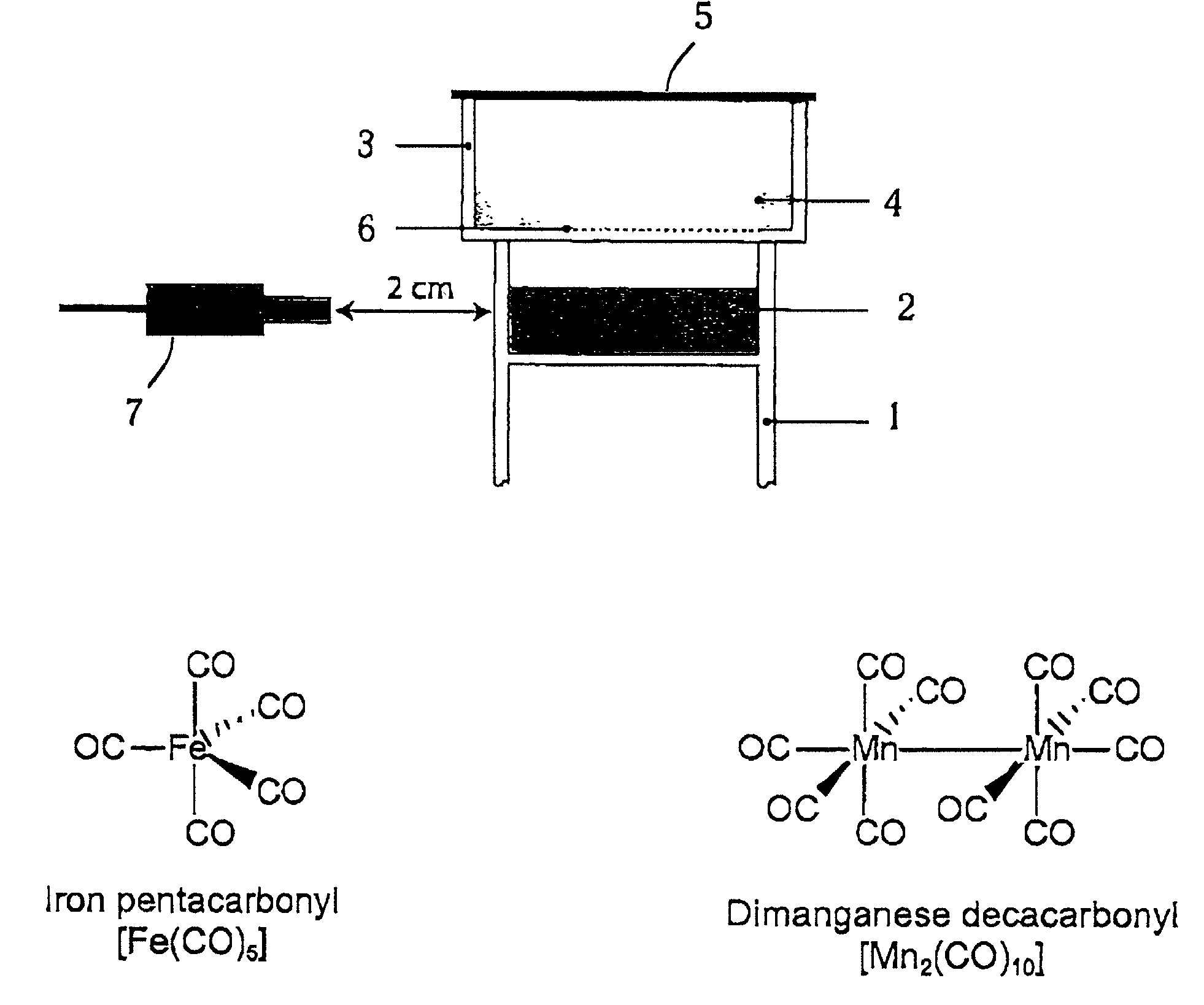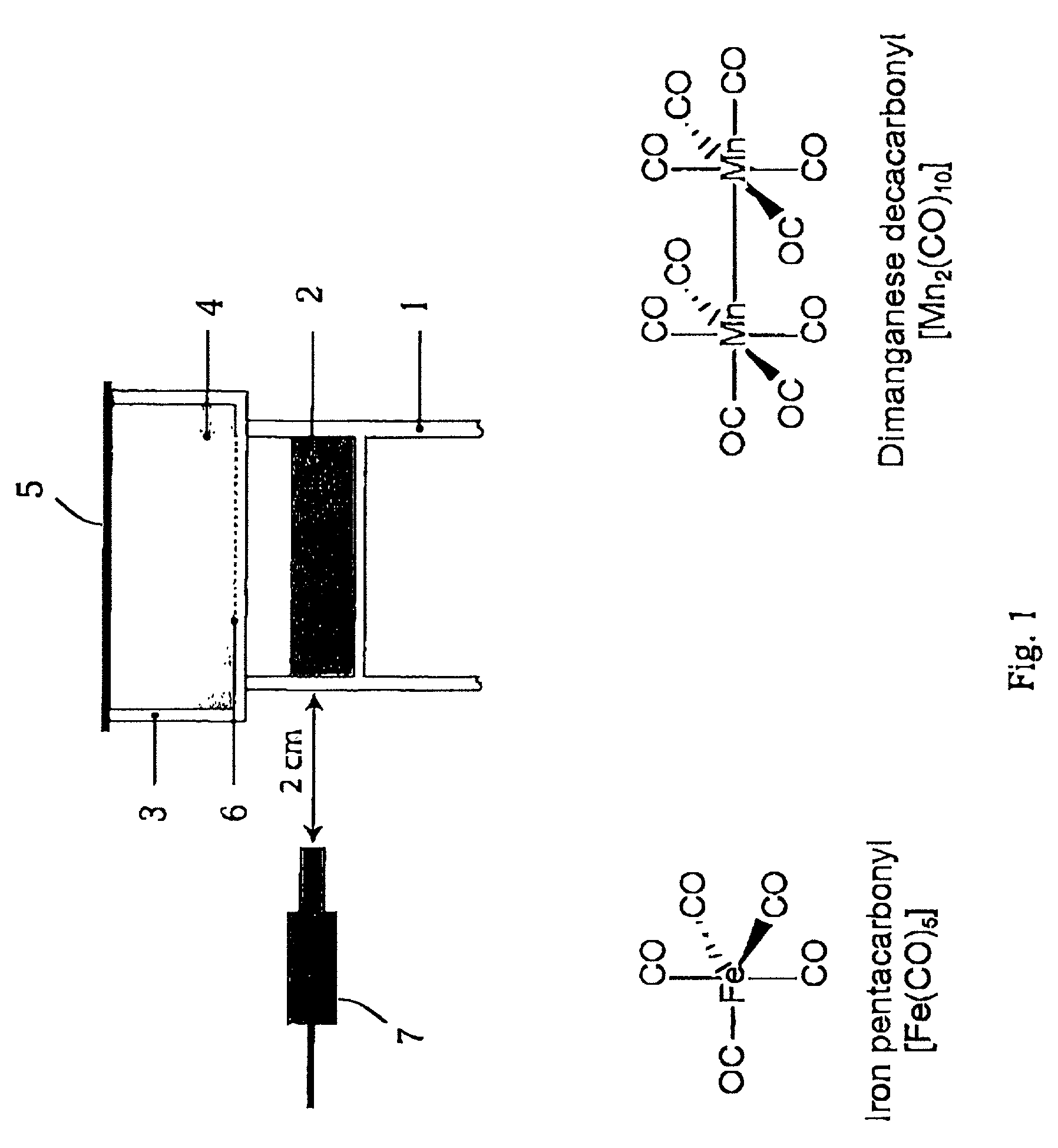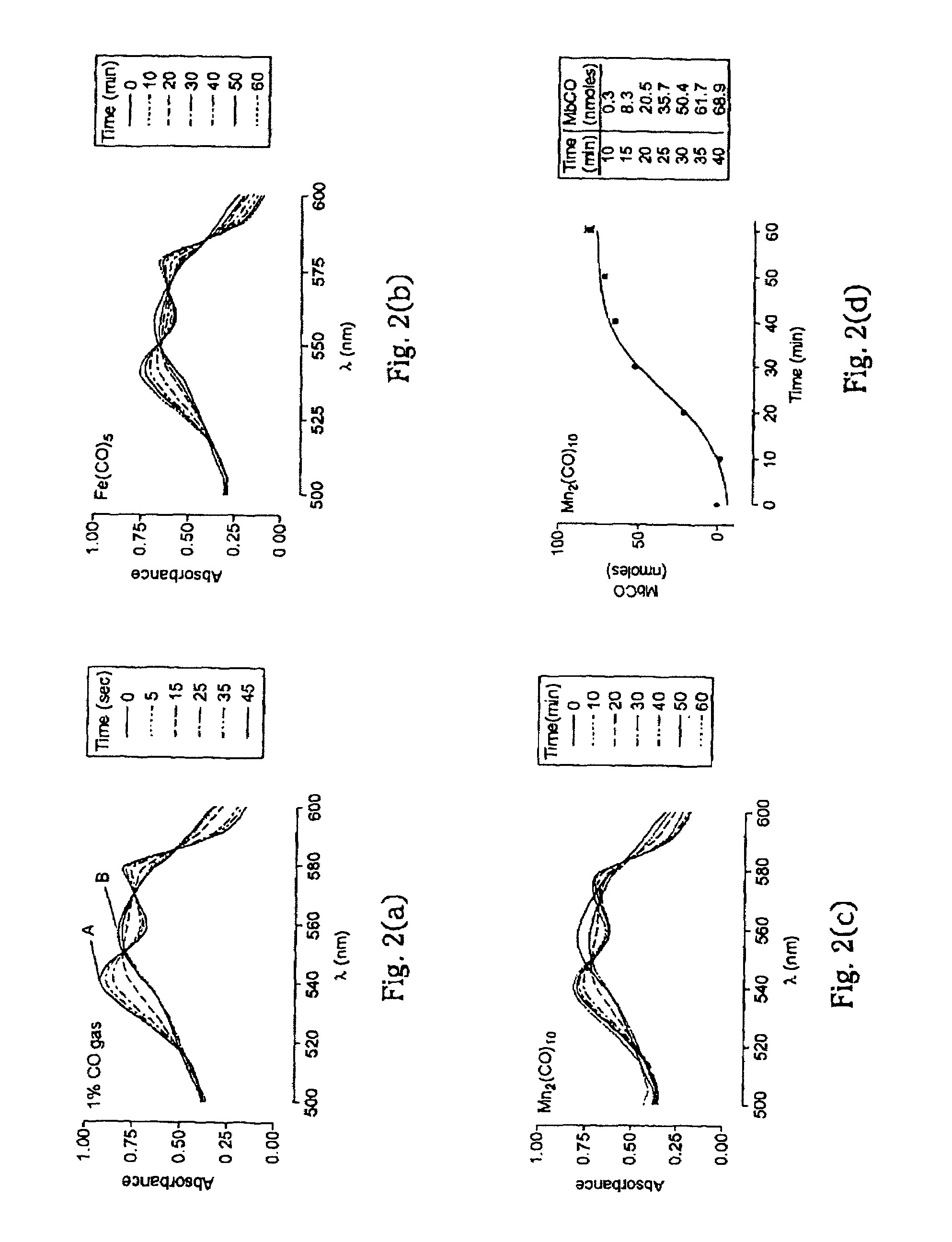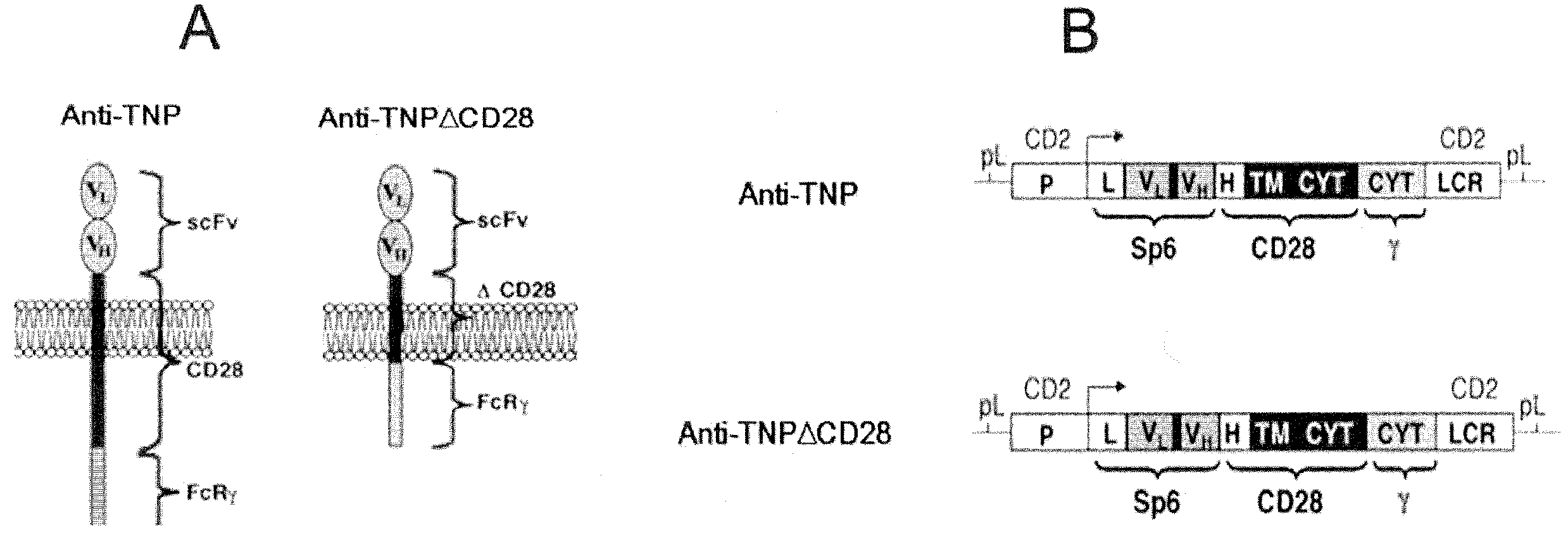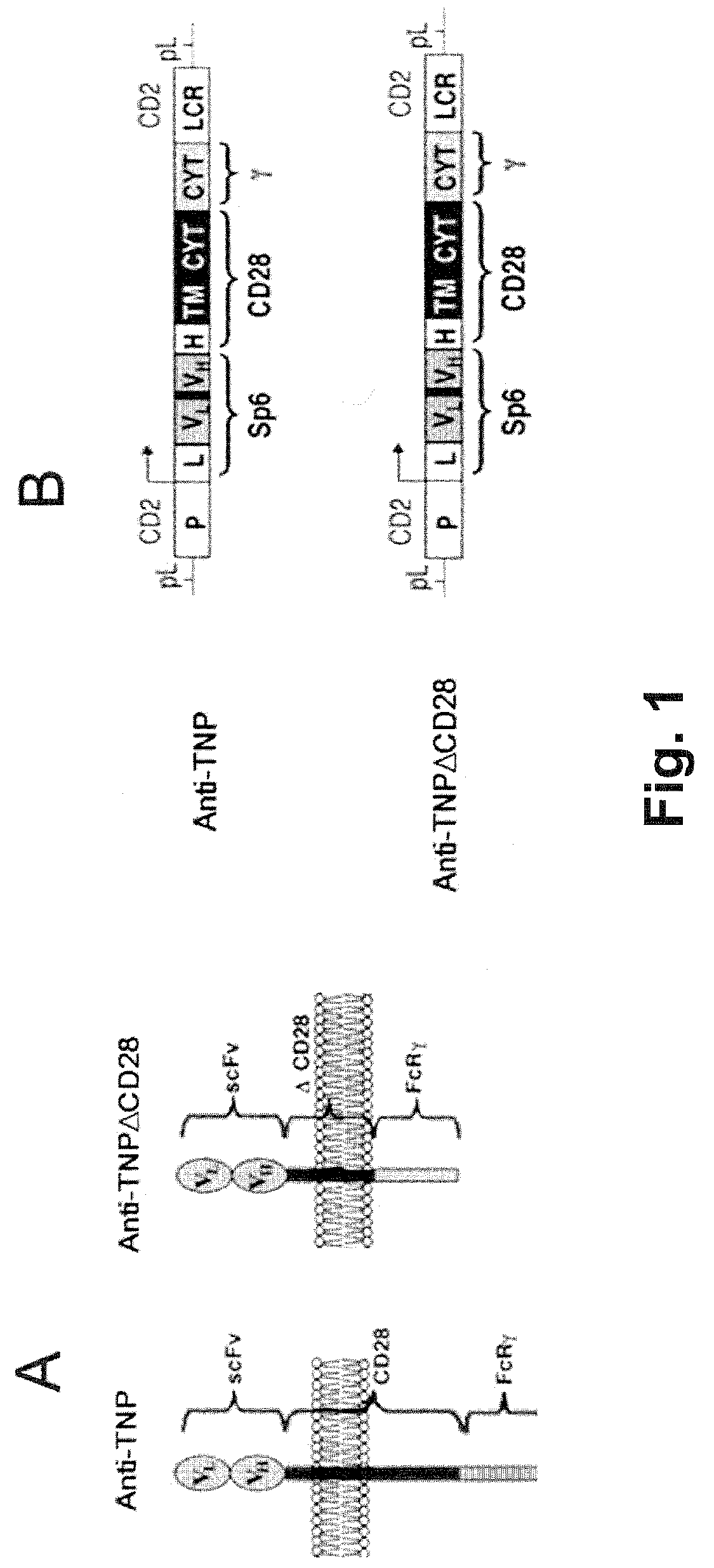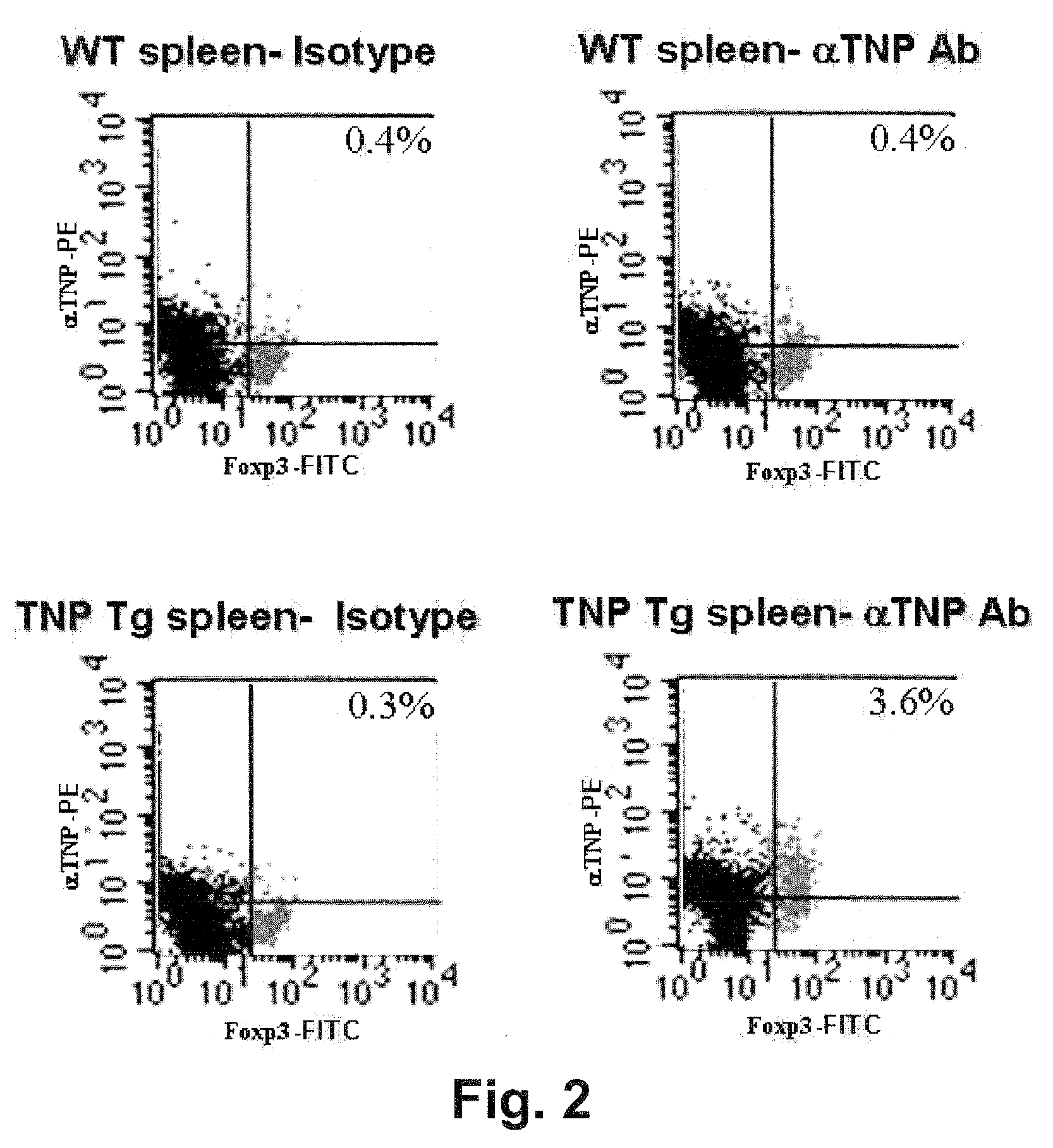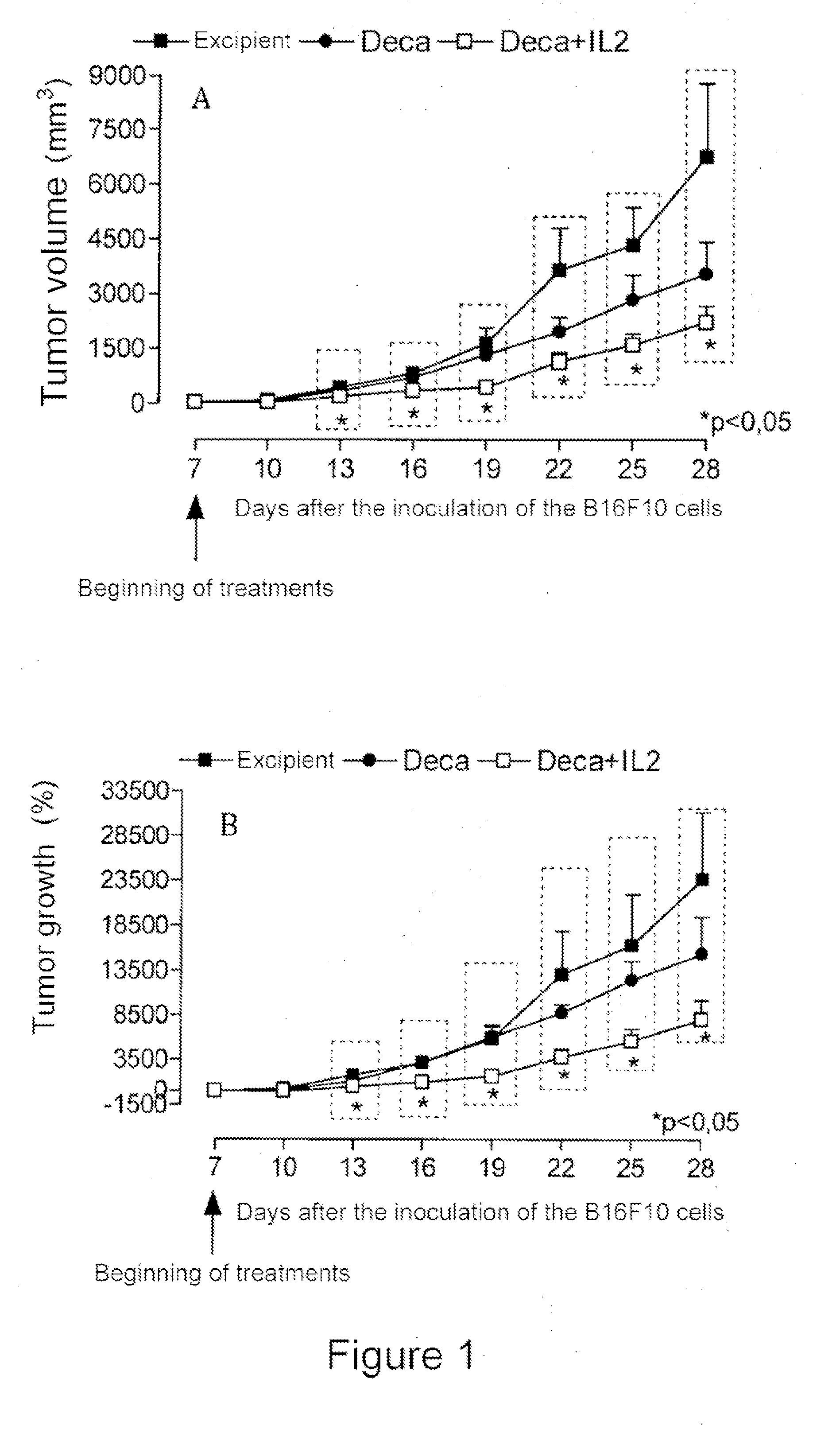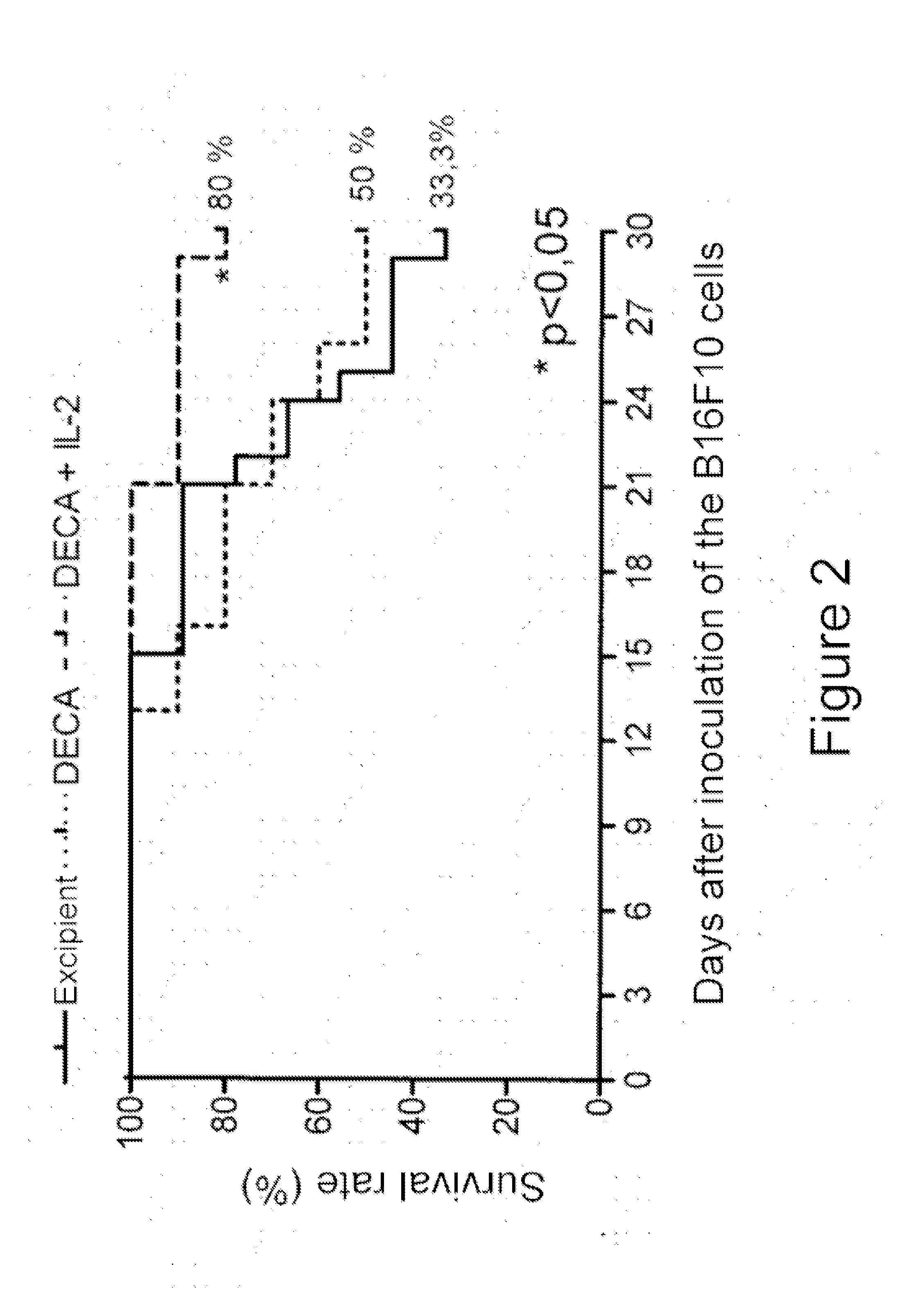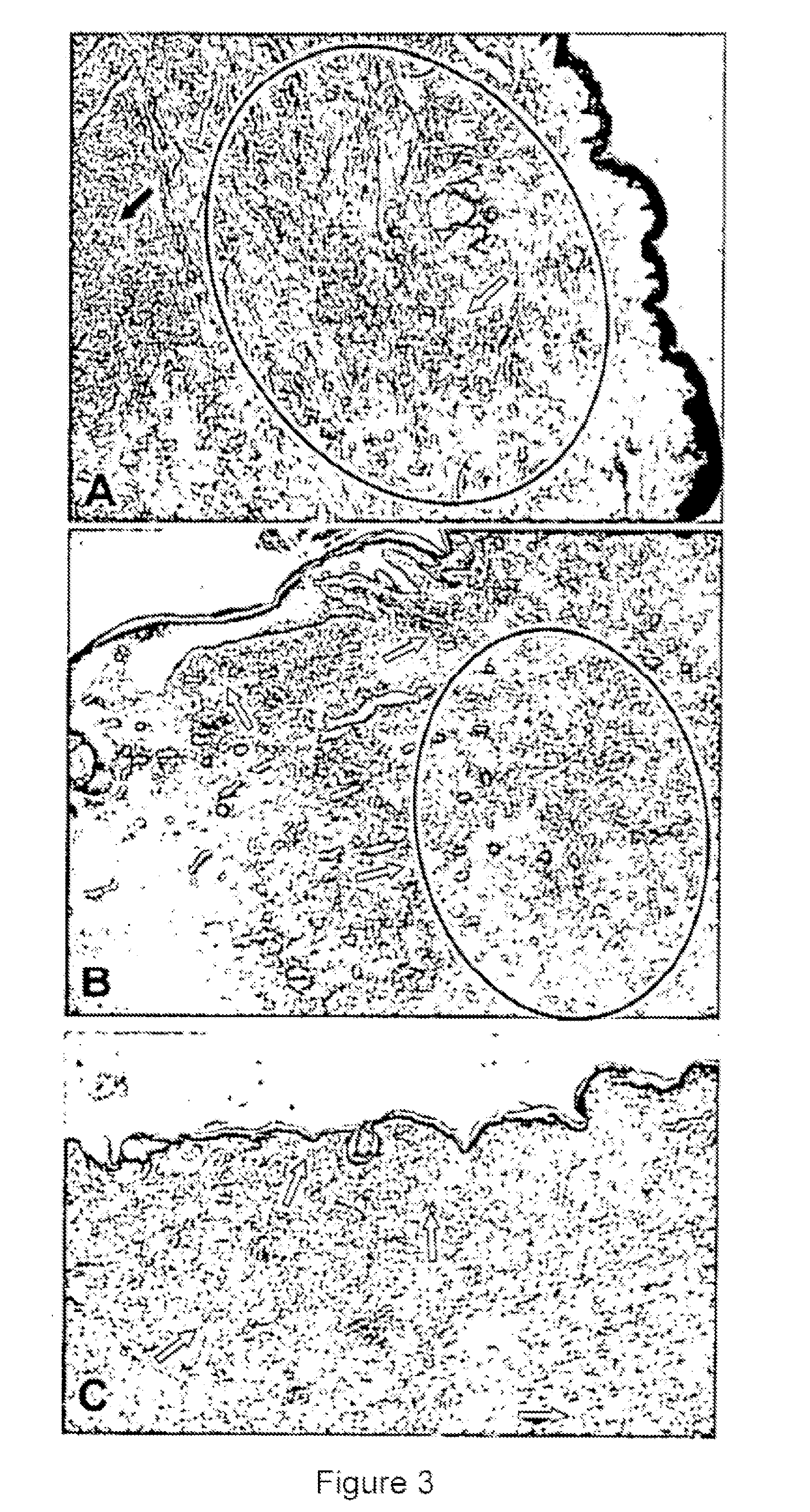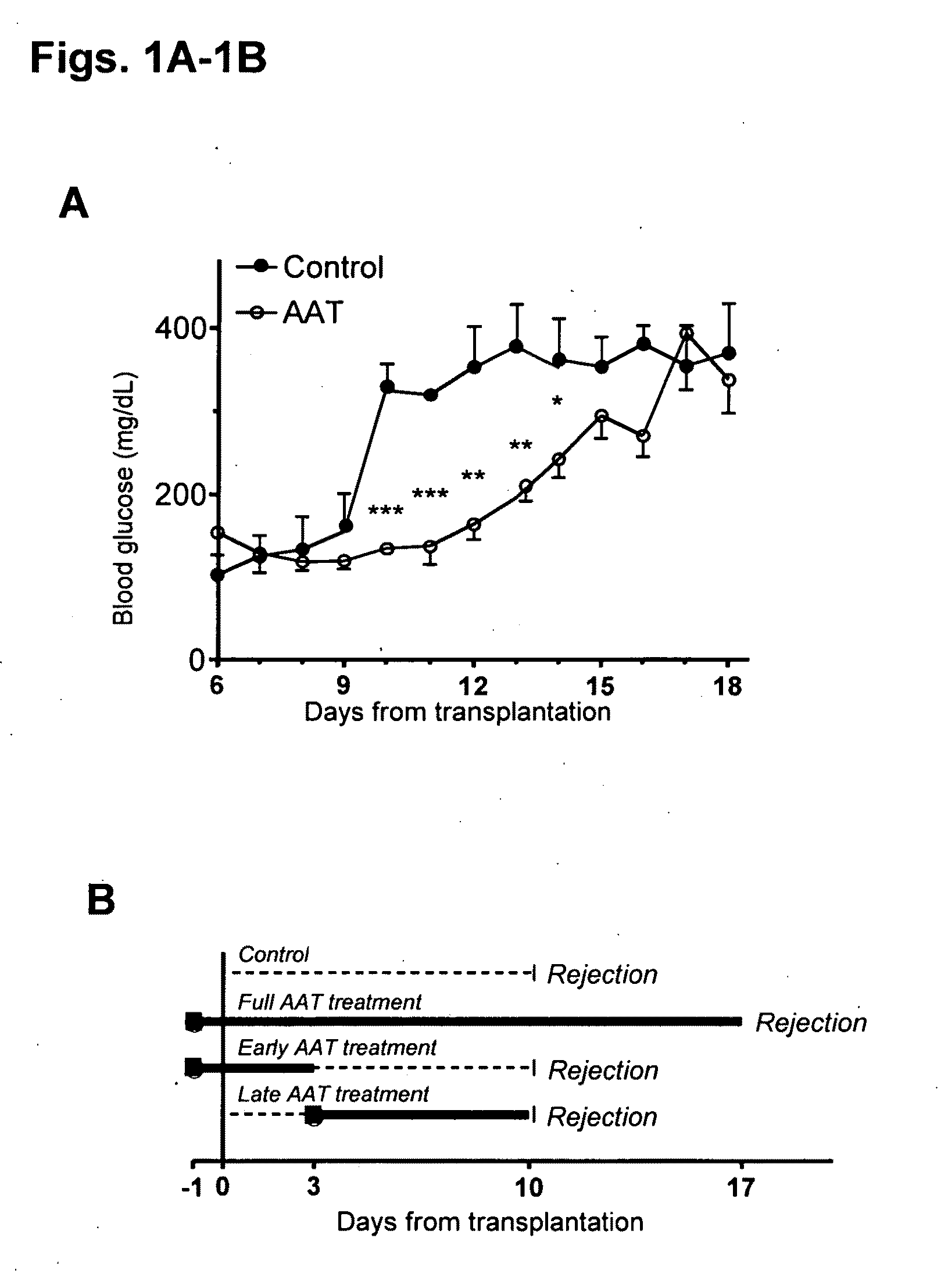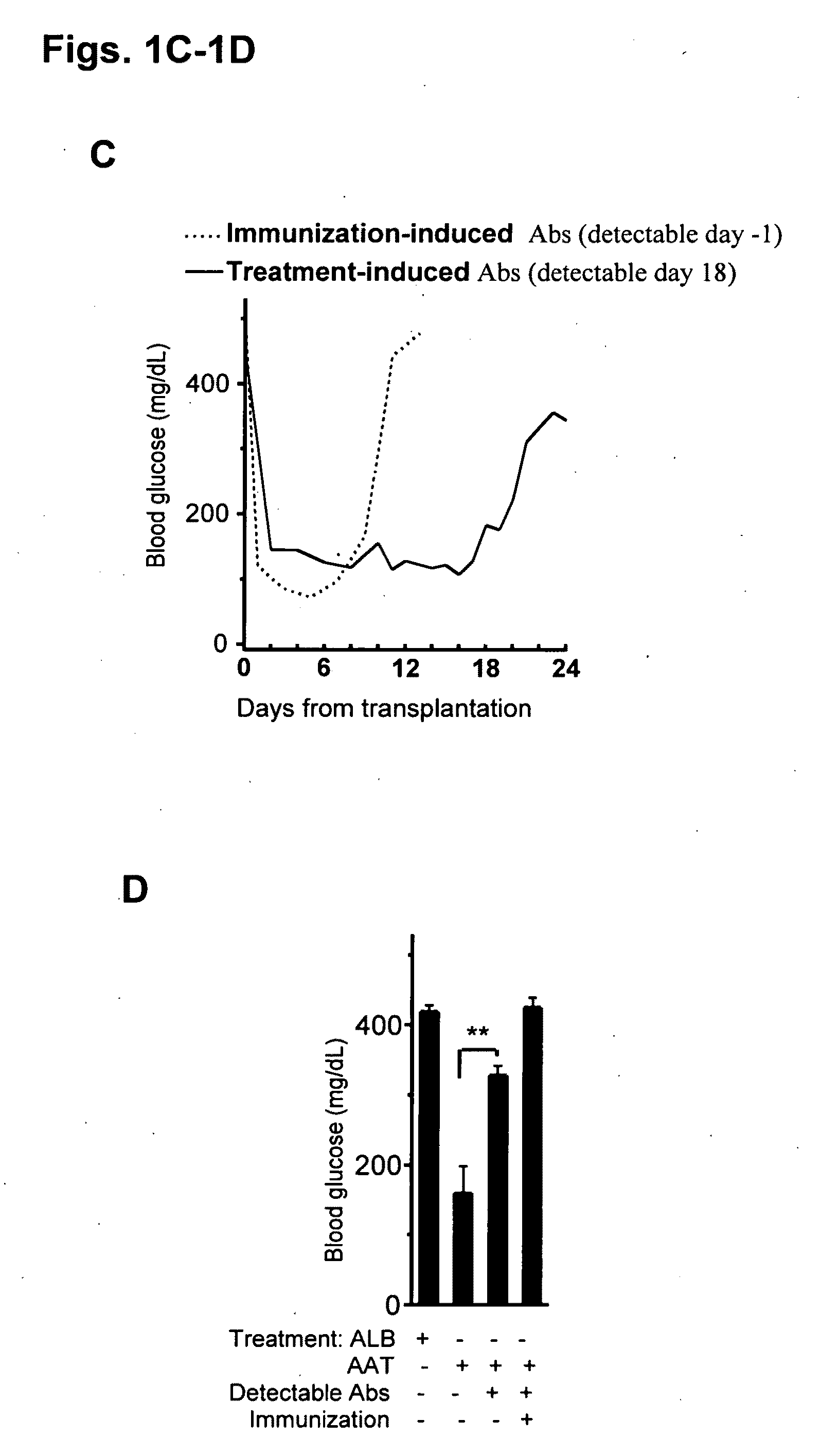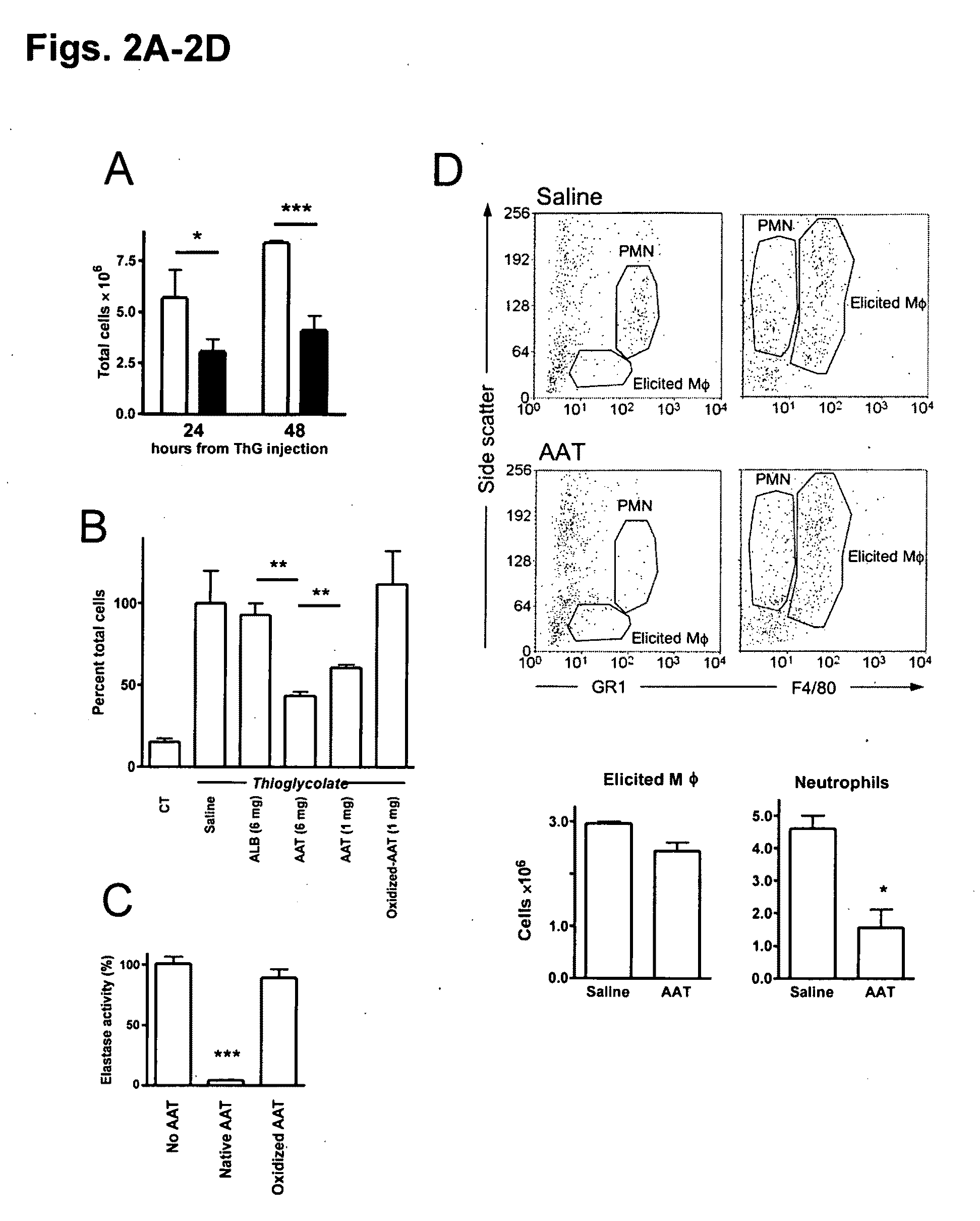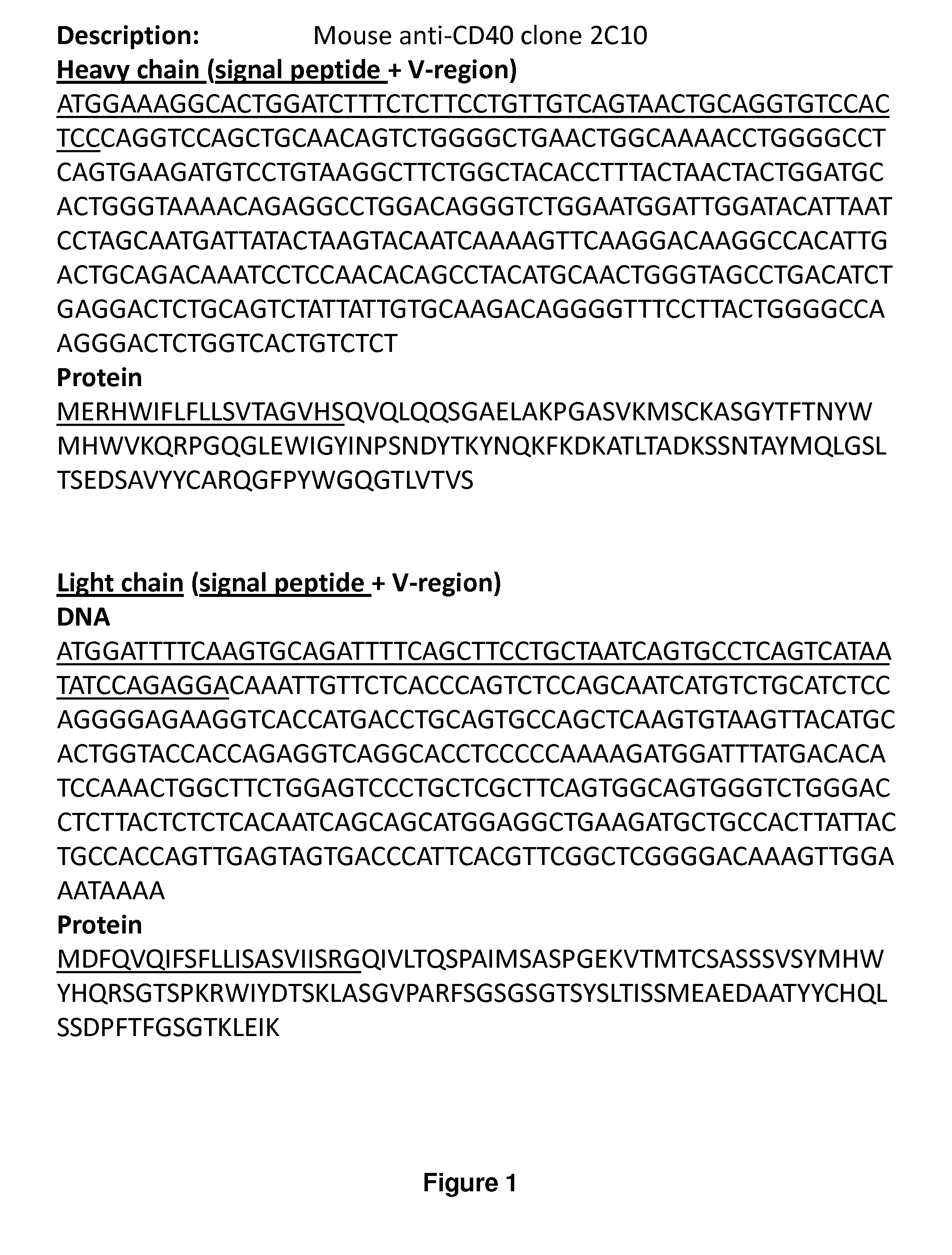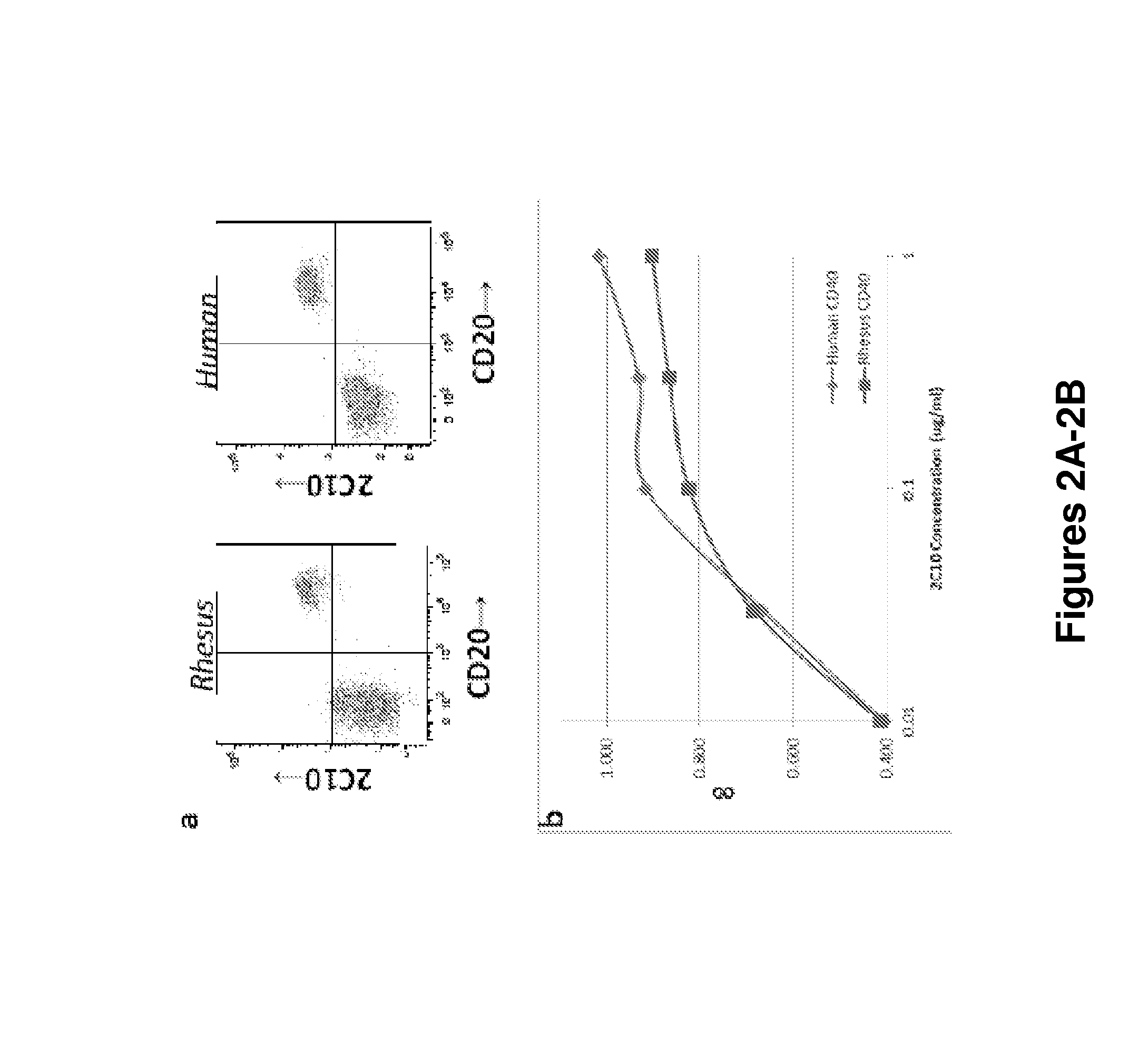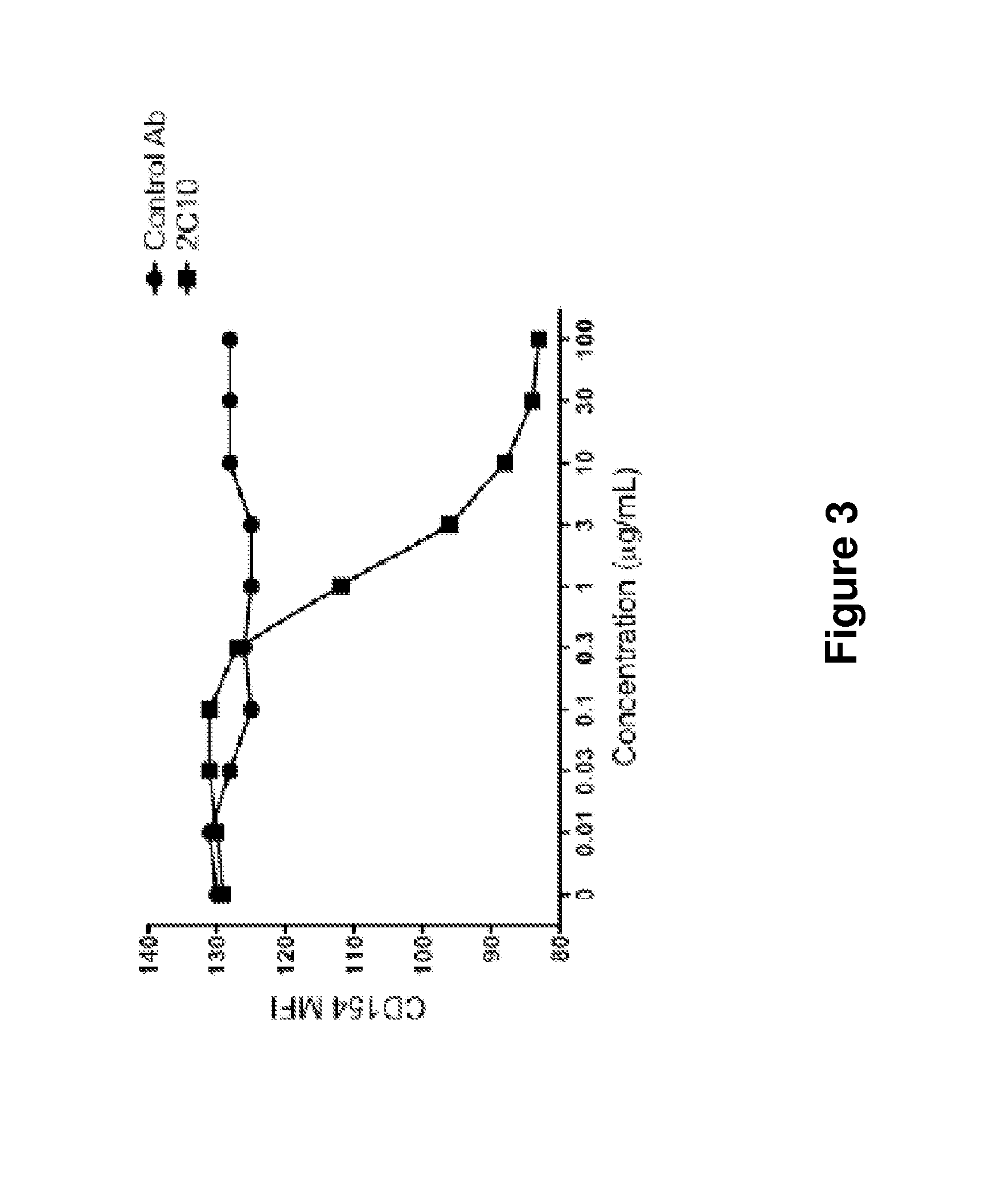Patents
Literature
517 results about "Transplant rejection" patented technology
Efficacy Topic
Property
Owner
Technical Advancement
Application Domain
Technology Topic
Technology Field Word
Patent Country/Region
Patent Type
Patent Status
Application Year
Inventor
Transplant rejection occurs when transplanted tissue is rejected by the recipient's immune system, which destroys the transplanted tissue. Transplant rejection can be lessened by determining the molecular similitude between donor and recipient and by use of immunosuppressant drugs after transplant.
Anti-PD-L1 antibodies and uses therefor
The present invention is based, in part, on the identification of novel human anti-PD-1, PD-L1, and PD-L2 antibodies. Accordingly, the invention relates to compositions and methods for diagnosing, prognosing, and treating conditions that would benefit from modulating PD-1, PD-L1, and / or PD-L2 activity (e.g., persistent infectious diseases, autoimmune diseases, asthma, transplant rejection, inflammatory disorders and tumors) using the novel human anti-PD-1, PD-L1, and PD-L2 antibodies described herein.
Owner:DANA FARBER CANCER INST INC +2
Human Anti-pd-1, pd-l1, and pd-l2 antibodies and uses therefor
ActiveUS20110271358A1Reduced antigen binding affinityLess immunogenicAntibacterial agentsAntipyreticTransplant rejectionAutoimmune disease
The present invention is based, in part, on the identification of novel human anti-PD-1, PD-L1, and PD-L2 antibodies. Accordingly, the invention relates to compositions and methods for diagnosing, prognosing, and treating conditions that would benefit from modulating PD-1, PD-L1, and / or PD-L2 activity (e.g., persistent infectious diseases, autoimmune diseases, asthma, transplant rejection, inflammatory disorders and tumors) using the novel human anti-PD-1, PD-L1, and PD-L2 antibodies described herein.
Owner:DANA FARBER CANCER INST INC +2
Method of treating transplant rejection
This invention relates to a method of treating transplant rejection comprising administering to a patient a pharmaceutical composition comprising an lck inhibitor and a calcineurin inhibitor or an immunosuppressant.
Owner:ABBOTT LAB INC
7-Substituted Purine Derivatives for Immunosuppression
The present invention provides novel purinone and related derivatives useful for the prevention and treatment of autoimmune diseases, inflammatory disease, mast cell mediated disease and transplant rejection. The compounds are of the general formula III:
Owner:WYETH LLC
Toxin peptide therapeutic agents
ActiveUS20070071764A1Avoid it happening againRelieve symptomsNervous disorderAntipyreticHalf-lifeSjögren syndrome
Disclosed is a composition of matter of the formula (X1)a—(F1)d—(X2)b—(F2)e—(X3)c (I) and multimers thereof, in which F1 and F2 are half-life extending moieties, and d and e are each independently 0 or 1, provided that at least one of d and e is 1; X1, X2, and X3 are each independently -(L)f-P-(L)g-, and f and g are each independently 0 or 1; P is a toxin peptide of no more than about 80 amino acid residues in length, comprising at least two intrapeptide disulfide bonds; L is an optional linker; and a, b, and c are each independently 0 or 1, provided that at least one of a, b and c is 1. Linkage to the half-life extending moiety or moieties increases the in vivo half-life of the toxin peptide, which otherwise would be quickly degraded. A pharmaceutical composition comprises the composition and a pharmaceutically acceptable carrier. Also disclosed are a DNA encoding the inventive composition of matter, an expression vector comprising the DNA, and a host cell comprising the expression vector. Methods of treating an autoimmune disorder, such as, but not limited to, multiple sclerosis, type 1 diabetes, psoriasis, inflammatory bowel disease, contact-mediated dermatitis, rheumatoid arthritis, psoriatic arthritis, asthma, allergy, restinosis, systemic sclerosis, fibrosis, scleroderma, glomerulonephritis, Sjogren syndrome, inflammatory bone resorption, transplant rejection, graft-versus-host disease, and lupus and of preventing or mitigating a relapse of a symptom of multiple sclerosis are also disclosed.
Owner:AMGEN INC
Non-Invasive Diagnosis of Graft Rejection in Organ Transplant Patients
ActiveUS20120295810A1Mechanical/radiation/invasive therapiesMicrobiological testing/measurementTransplant rejectionNon invasive
Owner:THE BOARD OF TRUSTEES OF THE LELAND STANFORD JUNIOR UNIV
8-substituted 2-(benzimidazolyl)purine derivatives for immunosuppression
The present invention provides novel purines useful for the prevention and treatment of autoimmune diseases, inflammatory disease, mast cell mediated disease and transplant rejection. The compounds are of the general formula I:
Owner:WYETH LLC
Interferon alpha antibodies and their uses
ActiveUS20070014724A1Inhibit biological activityInhibiting surface expressionPeptide/protein ingredientsAntipyreticAutoimmune conditionAutoimmune disease
The present invention provides isolated anti-interferon alpha monoclonal antibodies, particularly human monoclonal antibodies, that inhibit the biological activity of multiple interferon (IFN) alpha subtypes but do not substantially inhibit the biological activity of IFN alpha 21 or the biological activity of either IFN beta or IFN omega. Immunoconjugates, bispecific molecules and pharmaceutical compositions comprising the antibodies of the invention are also provided. The invention also provides methods for inhibiting the biological activity of IFN alpha using the antibodies of the invention, as well as methods of treating disease or disorders mediated by IFN alpha, such as autoimmune diseases, transplant rejection and graft versus host disease, by administering the antibodies of the invention.
Owner:MEDAREX LLC
Methods for preserving tissue
The invention generally relates to methods for preserving tissue, preventing reperfusion injury to implanted tissue, preventing transplant rejection or preserving a cell to be transplanted, comprising contacting tissue or a cell with an effective amount of a JNK Inhibitor. The invention further relates to compositions useful for the preservation of tissue, the compositions comprising an effective amount of a JNK Inhibitor.
Owner:CELGENE CORP
Predictive biomarkers for chronic allograft nephropathy
InactiveUS20100022627A1Organic active ingredientsGenetic material ingredientsTransplant rejectionChronic allograft nephropathy
The invention relates to the analysis and identification of genes that are modulated in transplant rejection. This alteration of gene expression provides a molecular signature to accurately detect transplant rejection.
Owner:NOVARTIS AG
Methods and compositions for the inhibition of transplant rejection
InactiveUS20120177645A1Inhibit and reduce transplant rejection of insulin-producingInhibiting and reducing chronic transplant rejectionNervous disorderAntibody mimetics/scaffoldsTransplant rejectionT cell
Methods for modulating immune responses in a subject are provided. A preferred embodiment provides methods and compositions for reducing or inhibiting transplant rejection in a subject, preferably a human subject. Transplant rejection can be inhibited or reduced in a subject by administering an effective amount of B7-H4 polypeptide, fragments or fusions thereof to inhibit or reduce the biological activity of an immune cell or to reduce the amounts of proinflammatory molecules at a site of transplant. Th1, Th17 and Th22 cells are exemplary T cells that can be targeted for inhibition by B7-H4 polypeptides, fusion proteins or fragments thereof to inhibit or reduce inflammation.
Owner:MEDIMMUNE LLC
Compositions and methods for induction of antigen-specific tolerance
InactiveUS20120076831A1Efficiently inducing long-term immune tolerancePowder deliveryNervous disorderDiseaseTransplant rejection
The present invention utilizes carrier particles to present antigen peptides and proteins to the immune system in such a way as to induce antigen specific tolerance. The carrier particle is designed in order to trigger an immune tolerance effect. The invention is useful for treatment of immune related disorders such as autoimmune disease, transplant rejection and allergic reactions.
Owner:MILLER STEPHEN +4
Compound capable of binding s1p receptor and pharmaceutical use thereof
InactiveUS20070167425A1Enhance pharmacological effectsLittle side effectsBiocideOrganic chemistryAutoimmune conditionHydrogen atom
A compound having an ability to bind to an S1P receptor (particularly EDG-6, preferably EDG-1 and EDG-6), for example, the compound represented by formula (I) of the present invention, a salt thereof, a solvate thereof or a prodrug thereof is useful for prevention and / or treatment of rejection of transplantation, graft-versus-host disease, autoimmune disease, allergic disease and the like. wherein ring A is a cyclic group; ring B is a cyclic group which may have substituent(s); X is a spacer having 1 to 8 atoms in its main chain, etc.; Y is a spacer having 1 to 10 atoms in its main chain, etc.; n is 0 or 1, wherein when n is 0, m is 1 and R1 is a hydrogen atom or a substituent, and wherein when n is 1, m is 0 or an integer of 1 to 7 and R1 is a substituent, and wherein m is 2 or more, R1s are the same or different.
Owner:ONO PHARMA CO LTD
Pyrido(3,2-d)pyrimidines and pharmaceutical compositions useful for medical treatment
InactiveUS20080004285A1Meet needsReduce decreaseBiocideOrganic active ingredientsSexual impotenceEnantiomer
This invention relates to substituted pyrido(3,2-d)pyrimidine derivatives, their pharmaceutically acceptable salts, N-oxides, solvates, pro-drugs and enantiomers, possessing unexpectedly desirable pharmaceutical properties, in particular which are highly active immunosuppressive agents, and as such are useful in the treatment in transplant rejection and / or in the treatment of certain inflammatory diseases. These derivatives are also useful in preventing or treating cardiovascular disorders, disorders of the central nervous system, TNF-α related disorders, viral diseases (including hepatitis C), erectile dysfunction and cell proliferative disorders.
Owner:4 AZA IP NV
Methods and compositions for assessing acute rejection
InactiveUS20090022730A1Accurate detectionMinimize and personalize immunosuppressionMicrobiological testing/measurementAntibody ingredientsTransplant rejectionGene
The invention relates to the analysis and identification of genes that are up-regulated simultaneously in transplant rejection. This simultaneous up-regulation of genes provides a molecular signature to accurately detect transplant rejection.
Owner:NOVARTIS AG +1
Systems and Methods for Heart and Activity Monitoring
InactiveUS20120165684A1ElectrocardiographyLocal control/monitoringTransplant rejectionCardiac muscle
Methods and systems for monitoring a heart failure or transplant rejection status of a patient including use of a device or system to collect intramyocardial electrogram (IMEG) signals from the patient at different times automatically when a detected activity level of the patient is below a preset threshold level for a predetermined amount of time, and use of a device or system to generate a status indicator value proportional to a combination of parameters extracted from at least a portion of the collected IMEG signals. Methods and systems can also include measuring time delay values between IMEG signals collected from different locations in the patient. The IMEG signals can be collected from the right ventricular septum and the right ventricular apex of the patient or from the right and left ventricular myocardium of the patient.
Owner:QRS HEART
Pyrido(3,2-d)pyrimidines and pharmaceutical compositions useful for medical treatment
This invention relates to substituted pyrido(3,2-d)pyrimidine derivatives, their pharmaceutically acceptable salts, N-oxides, solvates, pro-drugs and enantiomers, possessing unexpectedly desirable pharmaceutical properties, in particular which are highly active immunosuppressive agents, and as such are useful in the treatment in transplant rejection and / or in the treatment of certain inflammatory diseases. These derivatives are also useful in preventing or treating cardiovascular disorders, disorders of the central nervous system, TNF-α related disorders, viral diseases (including hepatitis C), erectile dysfunction and cell proliferative disorders.
Owner:4 AZA IP NV
Methods for reducing or preventing transplant rejection in the eye and intraocular implants for use therefor
InactiveUS7033605B2Reduce and prevent transplant rejectionReducing and preventing transplant rejectionOrganic active ingredientsSenses disorderTransplant rejectionOphthalmology
Methods for reducing or preventing transplant rejection in the eye of an individual are described, comprising: a) performing an ocular transplant procedure; and b) implanting in the eye a bioerodible drug delivery system comprising an immunosuppressive agent and a bioerodible polymer.
Owner:ALLERGAN INC
Vasculostatic agents and methods of use thereof
InactiveUS20050282814A1Inhibiting and reducing vascular leakageReduce leakageBiocideOrganic active ingredientsDiseaseReperfusion injury
Compositions and methods and are provided for treating disorders associated with compromised vasculostasis. Invention methods and compositions are useful for treating a variety of disorders including for example, stroke, myocardial infarction, cancer, ischemia / reperfusion injury, autoimmune diseases such as rheumatoid arthritis, eye diseases such as retinopathies or macular degeneration or other vitreoretinal diseases, inflammatory diseases, vascular leakage syndrome, edema, transplant rejection, adult / acute respiratory distress syndrome (ARDS), and the like.
Owner:TARGEGEN
6-substituted 2-(benzimidazolyl)purine and purinone derivatives for immunosuppression
The present invention provides novel purinones and purines useful for the prevention and treatment of autoimmune diseases, inflammatory disease, mast cell mediated disease and transplant rejection. The compounds are of the general formulae I and II:
Owner:WYETH LLC
6-substituted 2-(benzimidazolyl)purine and purinone derivatives for immunosuppression
The present invention provides novel purinones and purines useful for the prevention and treatment of autoimmune diseases, inflammatory disease, mast cell mediated disease and transplant rejection. The compounds are of the general formulae I and II:
Owner:WYETH LLC
Methods and compositions for immunotherapy and detection of inflammatory and immune-dysregulatory disease, infectious disease, pathologic angiogenesis and cancer
InactiveUS20060140936A1Antibacterial agentsOrganic active ingredientsDendritic cellAutoimmune condition
Methods and compositions for immunotherapy of inflammatory and immune-dysregulatory diseases, using multispecific antagonists that target at least two different markers are disclosed. The different targets include (i) proinflammatory effectors of the innate immune system, (ii) coagulation factors, and (iii) targets specifically associated with an inflammatory or immune-dysregulatory disorder, with a pathologic angiogenesis or cancer, or with an infectious disease, wherein the targets included in group (iii) are neither a proinflammatory effector of the immune system nor a coagulation factor. When the multispecific antagonist reacts specifically with a target associated with an inflammatory or immune-dysregulatory disorder, with a pathologic angiogenesis or cancer, or with an infectious disease, it also binds specifically with at least one proinflammatory effector of the immune system or at least one coagulation factor. Thus, the multispecific antagonist contains at least one binding specificity related to the diseased cell or condition being treated and at least one specificity to a component of the immune system, such as a receptor or antigen of B cells, T cells, neutrophils, monocytes and macrophages, and dendritic cells, a modulator of coagulation, or a proinflammatory cytokine. The multispecific antagonists are used in the treatment of various diseases that are generated or exacerbated by, or otherwise involve, proinflammatory effectors of the innate immune system or coagulation factors. Such diseases more particularly include acute and chronic inflammatory disorders, autoimmune diseases, giant cell arteritis, septicemia and septic shock, coagulopathies (including diffuse intravascular coagulation), neuropathies, graft versus host disease, infectious diseases, acute respiratory distress syndrome, granulomatous diseases, transplant rejection, asthma, cachexia, myocardial ischemia, and atherosclerosis. Other diseases also responsive to these therapies include cancers and conditions with pathological angiogenesis.
Owner:IMMUNOMEDICS INC
Vasculostatic agents and methods of use thereof
ActiveUS7208493B2Inhibiting and reducing vascular leakageReduce leakageBiocideSenses disorderReperfusion injuryAutoimmune condition
Compositions and methods and are provided for treating disorders associated with compromised vasculostasis. Invention methods and compositions are useful for treating a variety of disorders including for example, stroke, myocardial infarction, cancer, ischemia / reperfusion injury, autoimmune diseases such as rheumatoid arthritis, eye diseases such as retinopathies or macular degeneration or other vitreoretinal diseases , inflammatory diseases, vascular leakage syndrome, edema, transplant rejection, adult / acute respiratory distress syndrome (ARDS), and the like.
Owner:TARGEGEN
Interferon alpha receptor 1 antibodies and their uses
The present invention provides isolated human monoclonal antibodies that bind to IFNAR-1 and that are capable of inhibiting the biological activity of Type I interferons. Immunoconjugates, bispecific molecules and pharmaceutical compositions comprising the antibodies of the invention are also provided. The invention also provides methods for inhibiting Type I interferon-mediated disorders using the antibodies of the invention, including methods for treating autoimmune disorders, transplant rejection or Graft Versus Host Disease using the antibodies of the invention.
Owner:ER SQUIBB & SONS INC
Therapeutic delivery of carbon monoxide
InactiveUS7045140B2Increase stimulationRegulate expressionOrganic active ingredientsPlatinum group organic compoundsSolubilityTransplant rejection
Metal carbonyls are used to deliver CO having biological activity, for example vasodilatation and inhibition of transplant rejection. The metal of the carbonyl is typically of groups 7 to 10, e.g. Fe and Ru. The carbonyl preferably has one or more ligands other than CO, such as amino acids, to modulate the CO release property and solubility.
Owner:HEMOCORM
Redirected, genetically-engineered t regulatory cells and their use in suppression of autoimmune and inflammatory disease
InactiveUS20100135974A1Effective quantityOvercome scarcityBiocideAntipyreticIntracellular signallingInflammatory Bowel Diseases
A redirected Treg cell is endowed with specificity toward a selected target antigen or ligand. The cell contains a chimeric receptor polypeptide that is expressed in a single, continuous chain, with an extracellular recognition region displayed on the surface of the cell, a transmembrane region and an intracellular signaling region. The extracellular recognition region is specific for the selected target antigen or ligand. The intracellular signaling region includes a combination of T-cell signaling polypeptide moieties, which combination, upon binding of the extracellular recognition region to the selected target antigen or ligand, triggers activation of the redirected Treg cells to cause suppression of T-cell mediated immunity. Such redirected Treg cells may be used to suppress undesired activity of T effector cells thereby mediating an immune or inflammatory response. They are particularly useful in treating T effector cell-mediated diseases, such as inflammatory bowel disease, transplant rejection and GVH disease.
Owner:YEDA RES & DEV CO LTD
Il-21 antagonists
InactiveUS20070122413A1Increasing in vivo serum half-lifeModulate antibody responseNervous disorderAntibody mimetics/scaffoldsAutoimmune conditionAutoimmune disease
Monoclonal antibodies are identified that bind the IL-21 protein. These antibodies are used to identify regions of the IL-21 protein to where binding neutralizes IL-21 activity. Hybridomas and methods of producing anti-IL-21 monoclonal antibodies are described. The monoclonal antibodies are useful in treating IL-21-mediated diseases, which may include autoimmune and inflammatory diseases such as pancreatitis, type I diabetes (IDDM), Graves Disease, inflammatory bowel disease (IBD), Crohn's Disease, ulcerative colitis, irritable bowel syndrome, multiple sclerosis, rheumatoid arthritis, diverticulosis, systemic lupus erythematosus, psoriasis, ankylosing spondylitis, scleroderma, systemic sclerosis, psoriatic arthritis, osteoarthritis, atopic dermatitis, vitiligo, graft vs. host disease (GVHD), cutaneous T cell lymphoma (CTCL), Sjogren's syndrome, glomerulonephritis, IgA nephropathy, graft versous host disease, transplant rejection, atopic dermatitis, anti-phospholipid syndrome, and asthma, and other autoimmune diseases.
Owner:ZYMOGENETICS INC
Immunogenic composition for immune system modulation and use thereof, method for treating and preventing diseases, method for inducing cell regeneration and method for restoring immune response
ActiveUS20140037716A1Effective strikeIncrease opportunitiesSenses disorderNervous disorderBenign tumoursNervous system
The present invention relates to immunogenic compositions for modulating the immune system, comprising a therapeutically effective quantity of two or more immuno-active antigenic agents with pathogen-associated molecular patterns (PAMPs) and / or danger-associated molecular patterns (DAMPs) and one or more physiologically acceptable carriers, excipients, diluents or solvents. The immunogenic compositions according to the present invention are used for producing medicaments for preventing and / or treating, and for preventing and / or treating infectious diseases, auto-immune diseases, allergic diseases, inflammation, arthritis, inflammatory diseases, transplant rejection, affections caused by vascular disorders, diseases caused by haemorrhagic or ischaemic cardiovascular accidents, ischaemia, heart attack and haemorrhagia leading to tissue destruction, heart, kidney, respiratory or liver insufficiency, cancer, malign and benign tumours and neoplasia. The present invention further relates to methods for inducing the regeneration of cells, tissues, organs and organic systems such as the circulatory, nervous and endocrine systems. Finally, the present invention relates to methods for restoring immune response in an animal, in particular a human being.
Owner:NOWILL ALEXANDRE EDUARDO
Compositions and methods of use for alpha-1 antitrypsin having no significant serine protease inhibitor activity
InactiveUS20090203580A1Reduce riskReduce symptom associated with diabetesMetabolism disorderSaccharide peptide ingredientsDiabetes mellitusMedical disorder
Embodiments herein illustrate methods and compositions for treating medical disorders. In certain embodiments, compositions and methods relate to reducing, inhibiting or treating graft rejection, transplant rejection or diabetes in a subject. Other embodiments herein relate to compounds including naturally occurring and synthetic mutant compositions of alpha-1 antitrypsin, wherein the alpha-1 antitrypsin has no significant serine protease inhibitor activity.
Owner:UNIV OF COLORADO THE REGENTS OF
Anti-cd40 antibodies and uses thereof
ActiveUS20140093497A1Reduce the frequency of occurrenceReduce severityOrganic active ingredientsMicroorganismsEpitopeTransplant rejection
The present invention relates to antibodies specific for a particular epitope on CD40 and antibodies that bind CD40 and have particular functional characteristics. The present invention also relates to fragments of these antibodies, uses of the antibodies for reduction or treatment of transplant rejection and graft-versus-host disease, and methods for making the antibodies.
Owner:EMORY UNIVERSITY +1
Features
- R&D
- Intellectual Property
- Life Sciences
- Materials
- Tech Scout
Why Patsnap Eureka
- Unparalleled Data Quality
- Higher Quality Content
- 60% Fewer Hallucinations
Social media
Patsnap Eureka Blog
Learn More Browse by: Latest US Patents, China's latest patents, Technical Efficacy Thesaurus, Application Domain, Technology Topic, Popular Technical Reports.
© 2025 PatSnap. All rights reserved.Legal|Privacy policy|Modern Slavery Act Transparency Statement|Sitemap|About US| Contact US: help@patsnap.com
